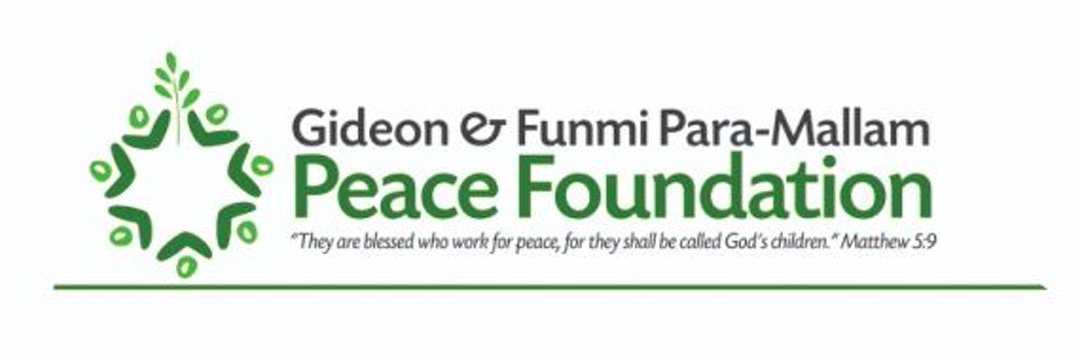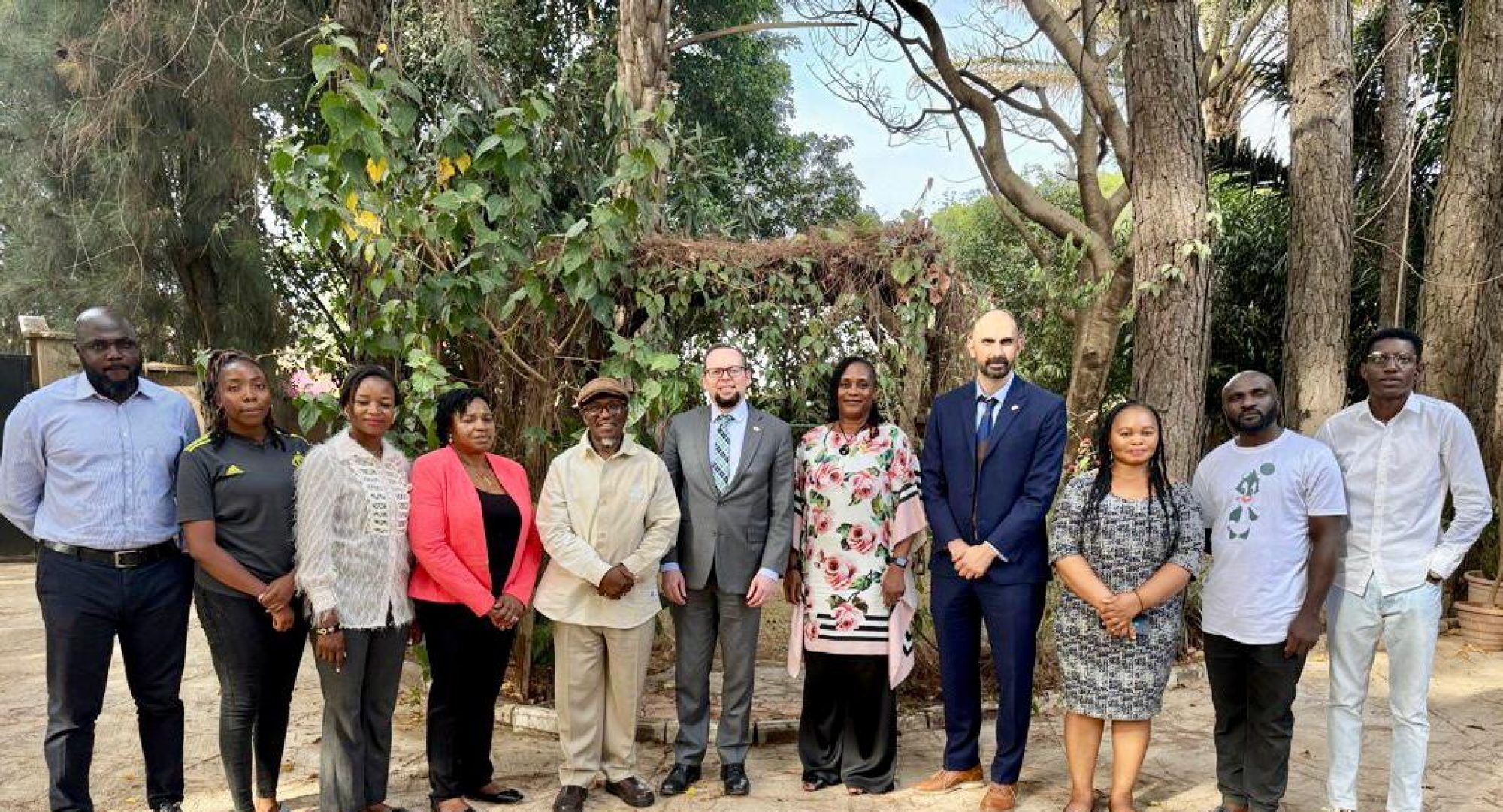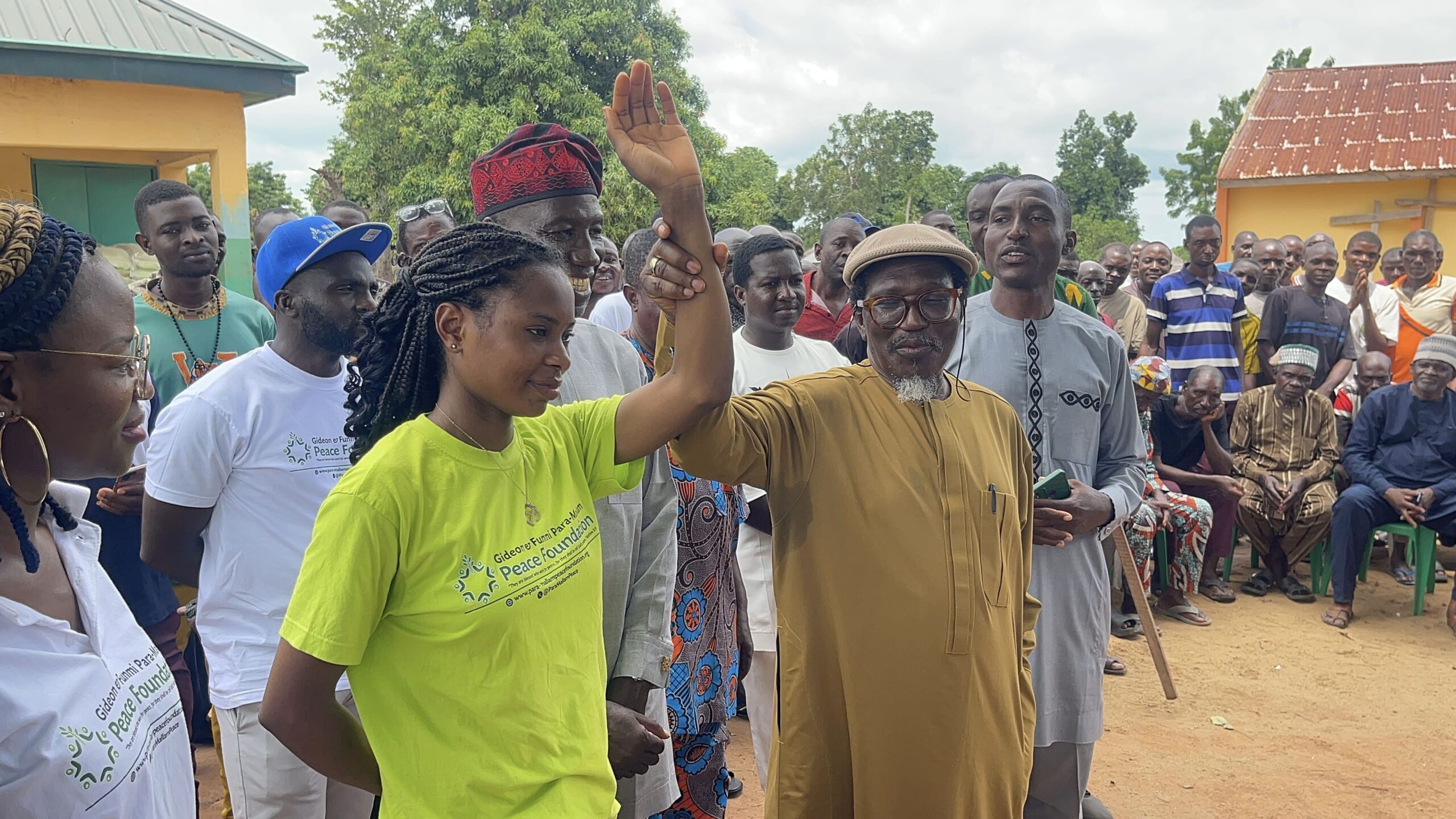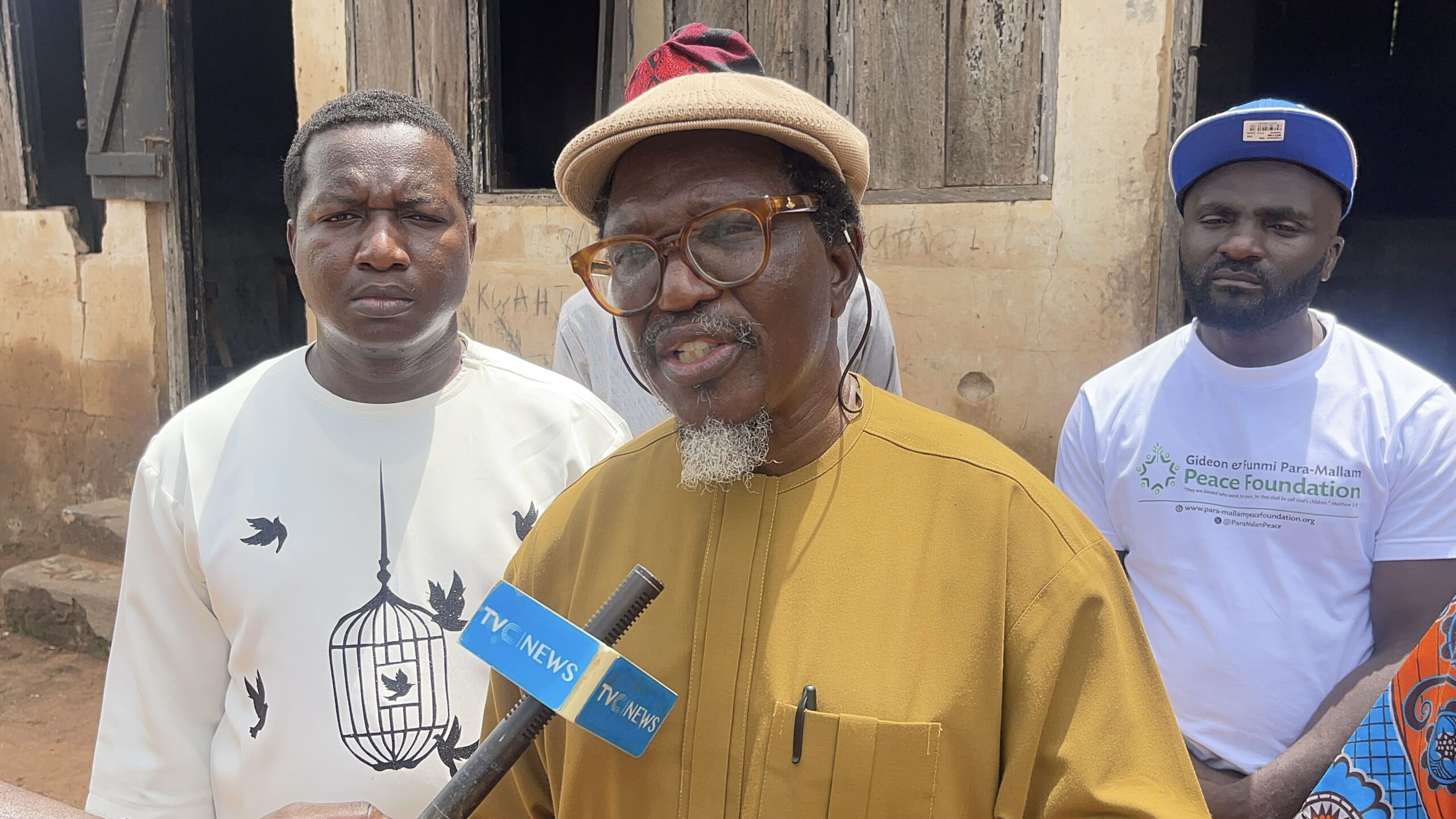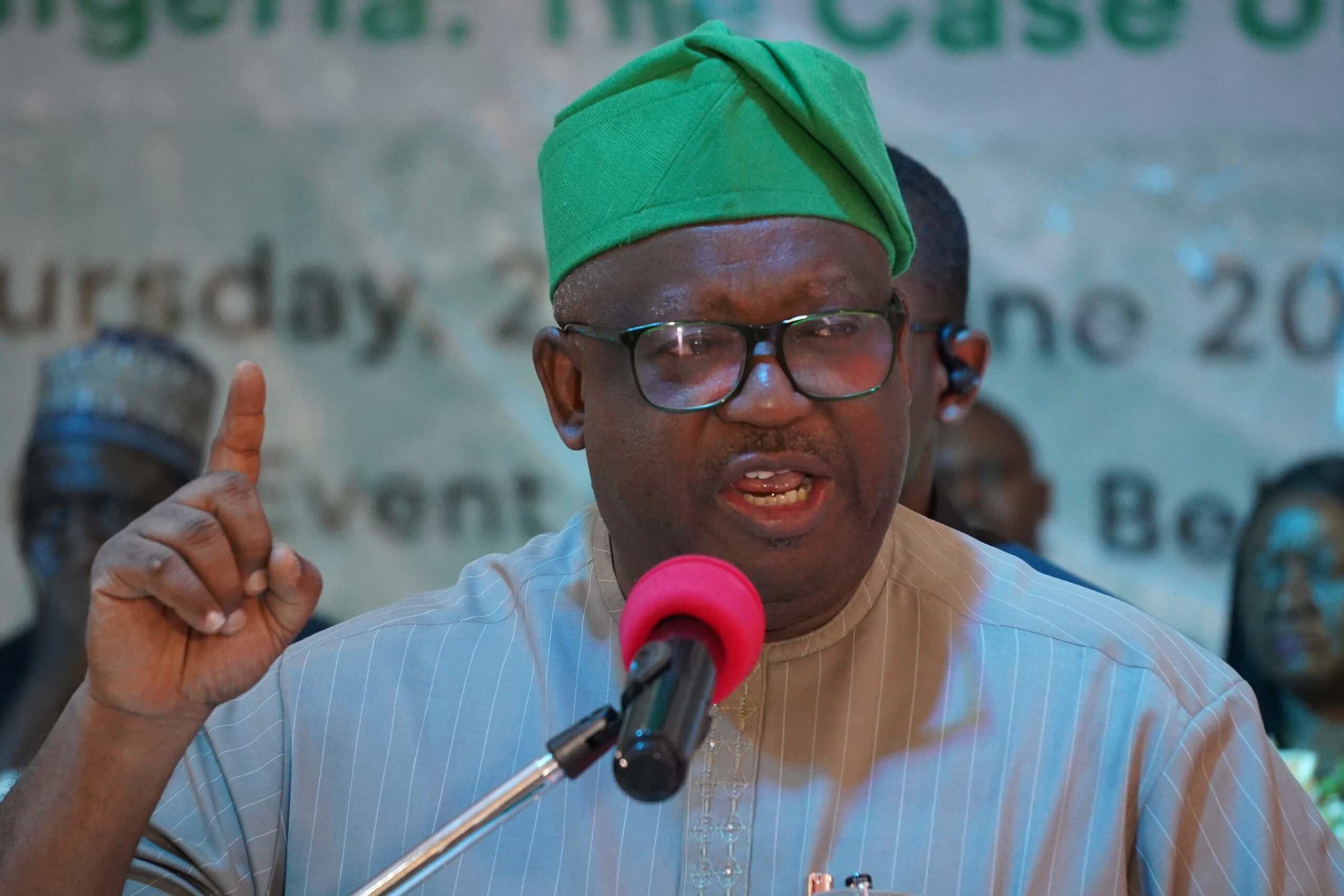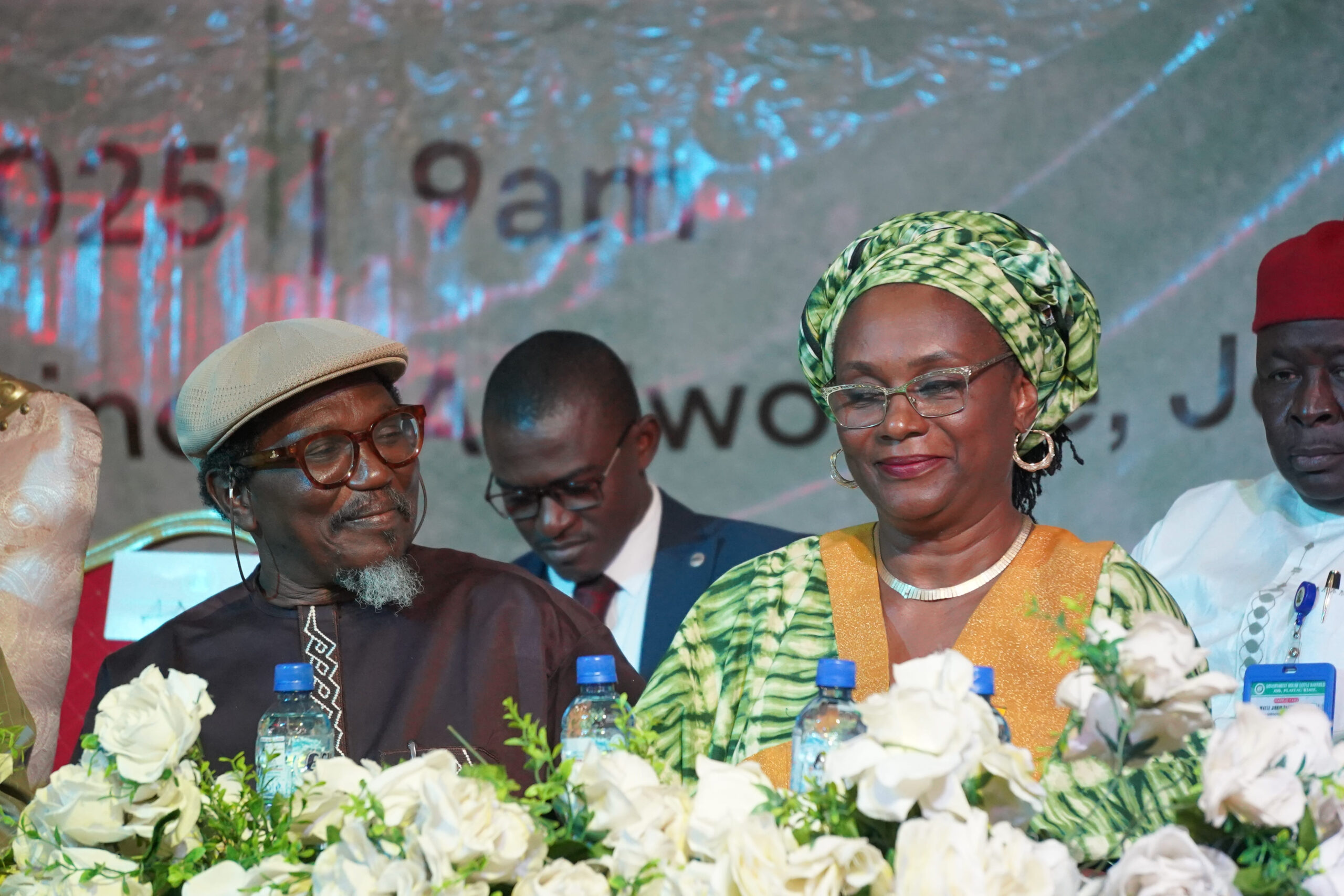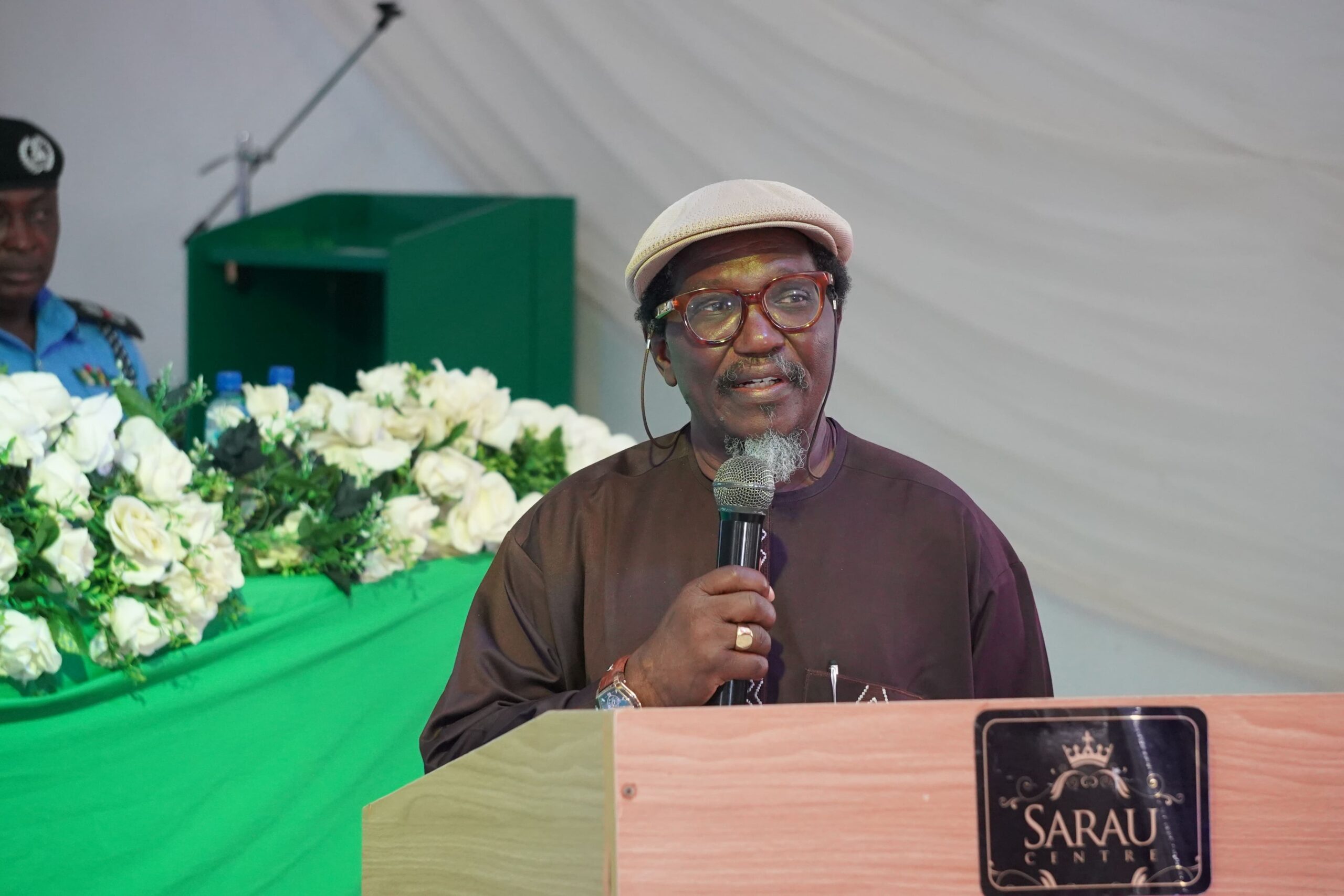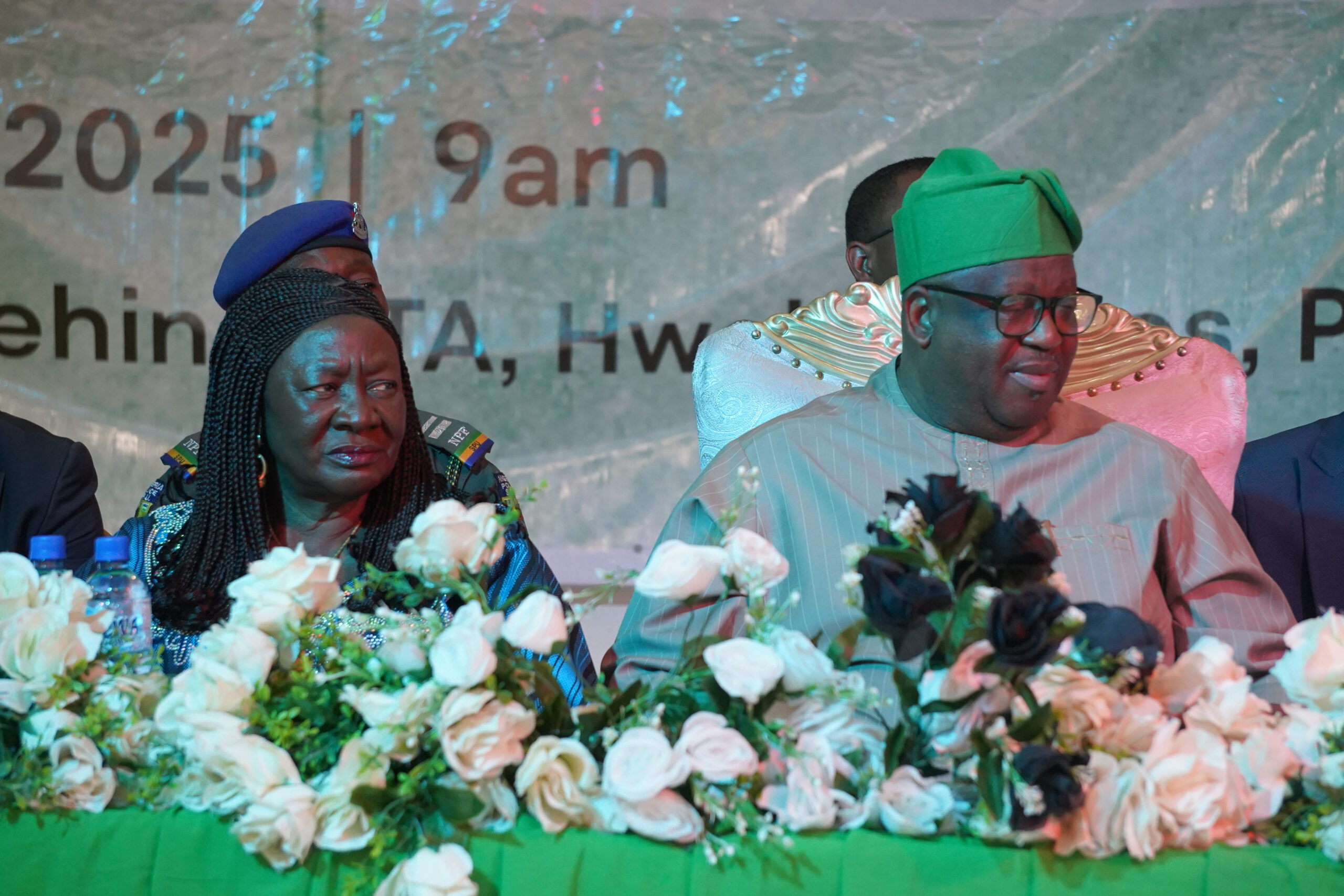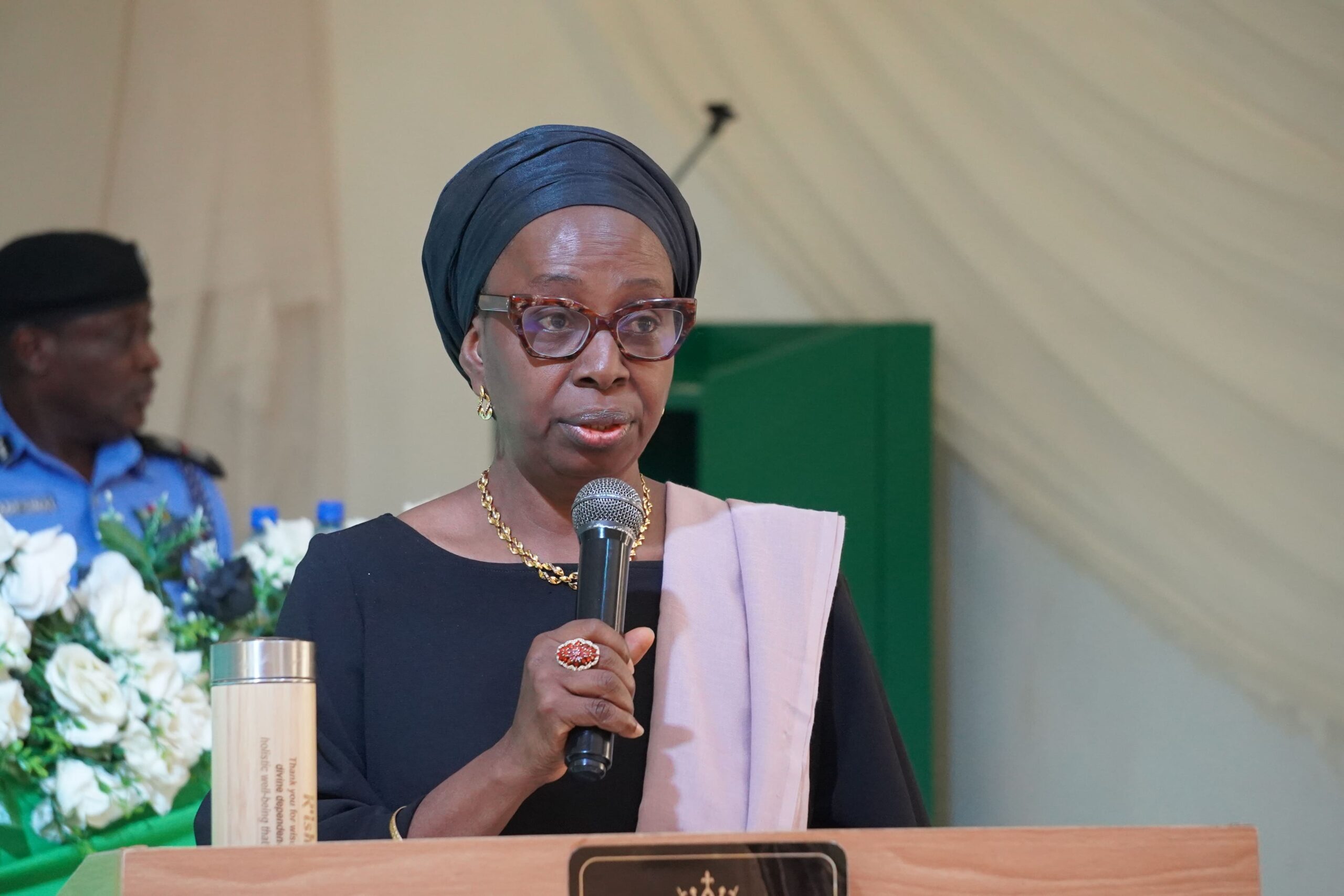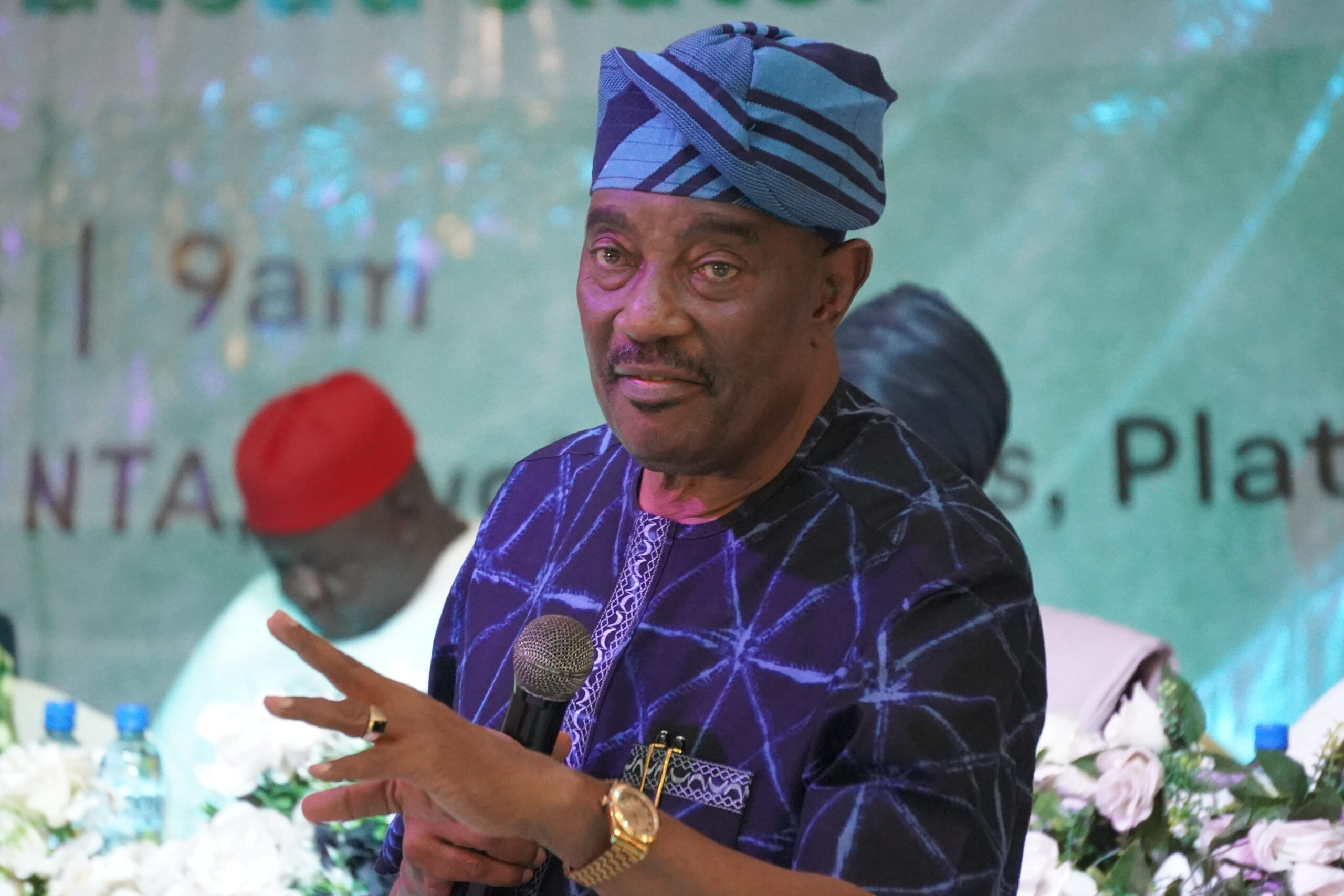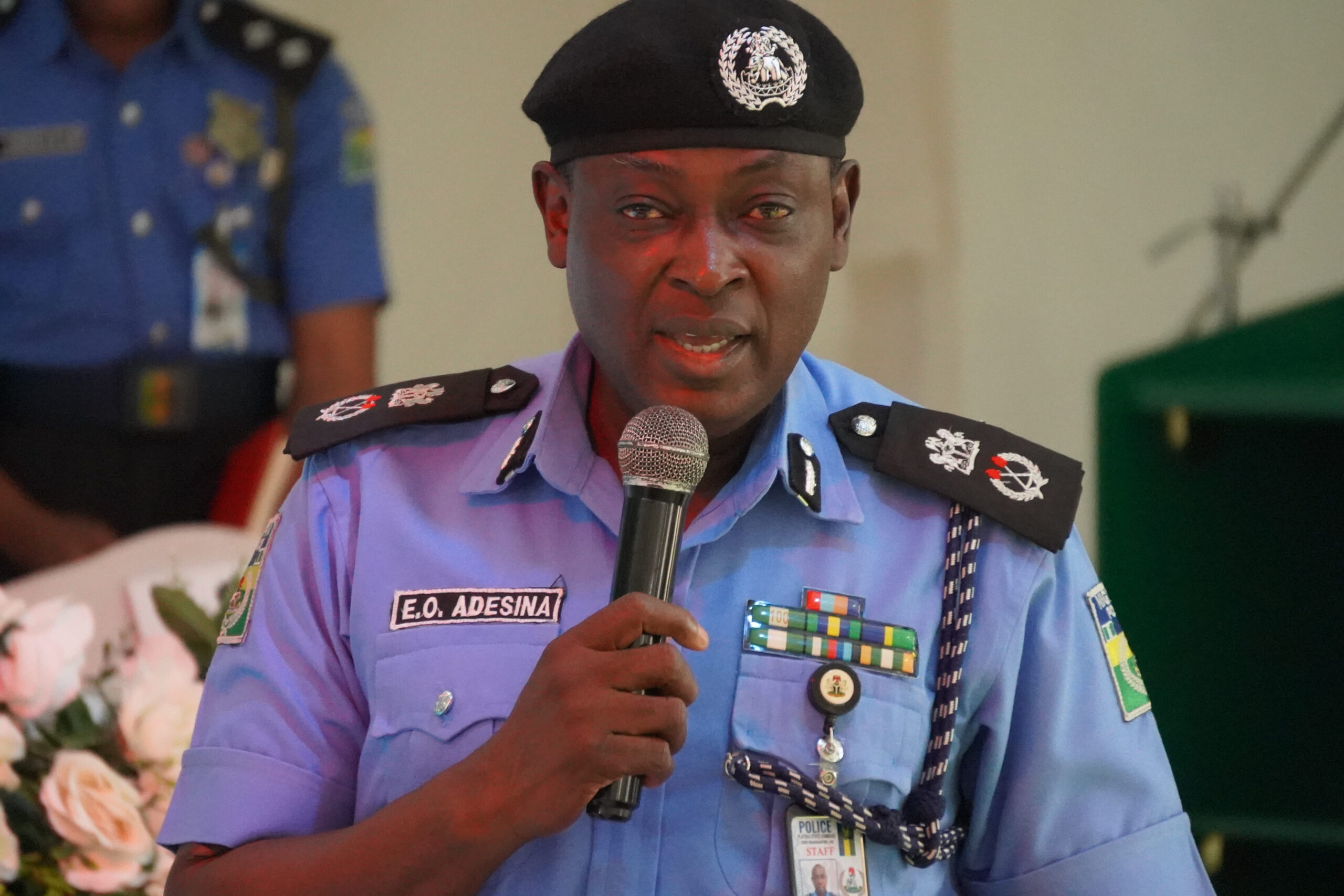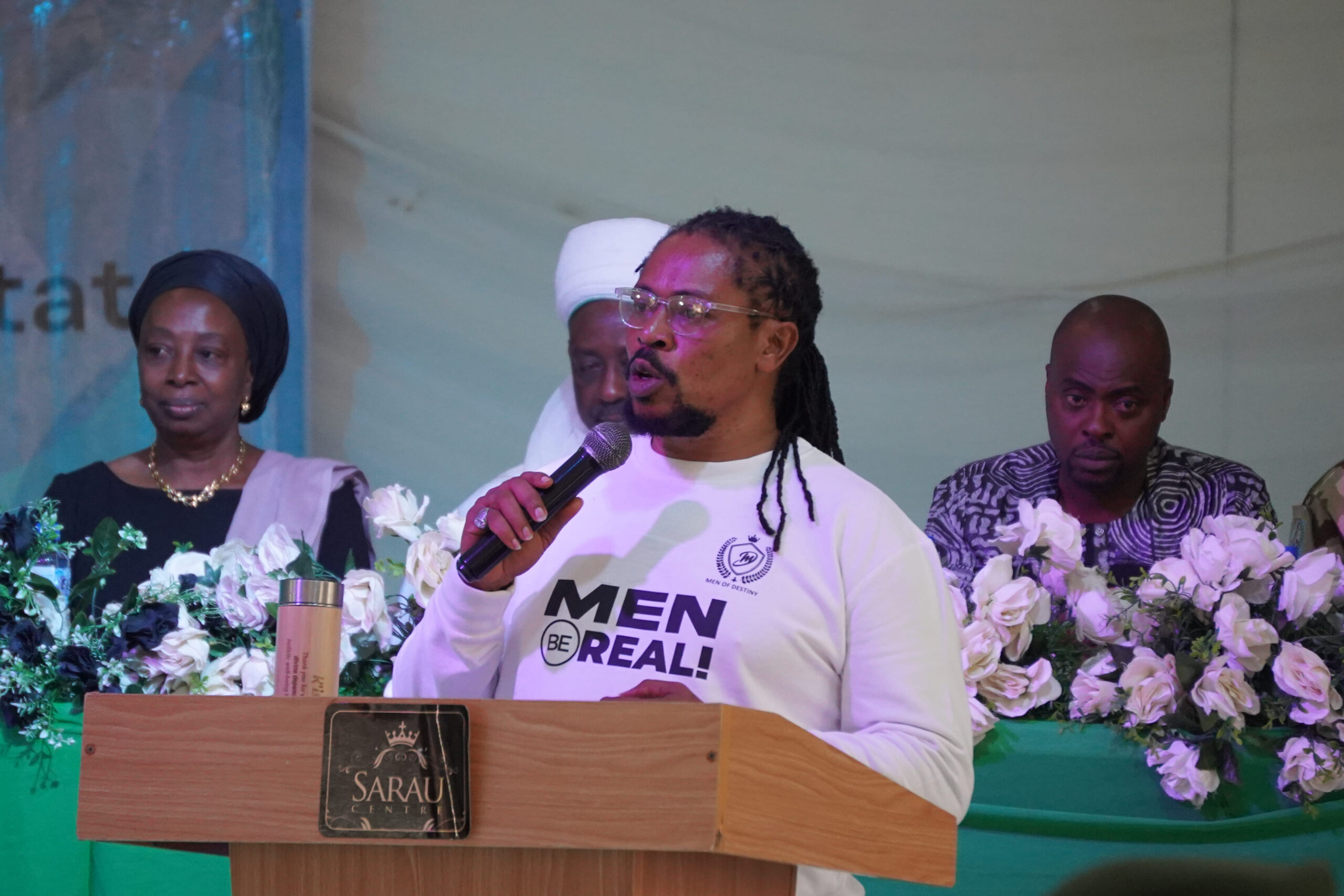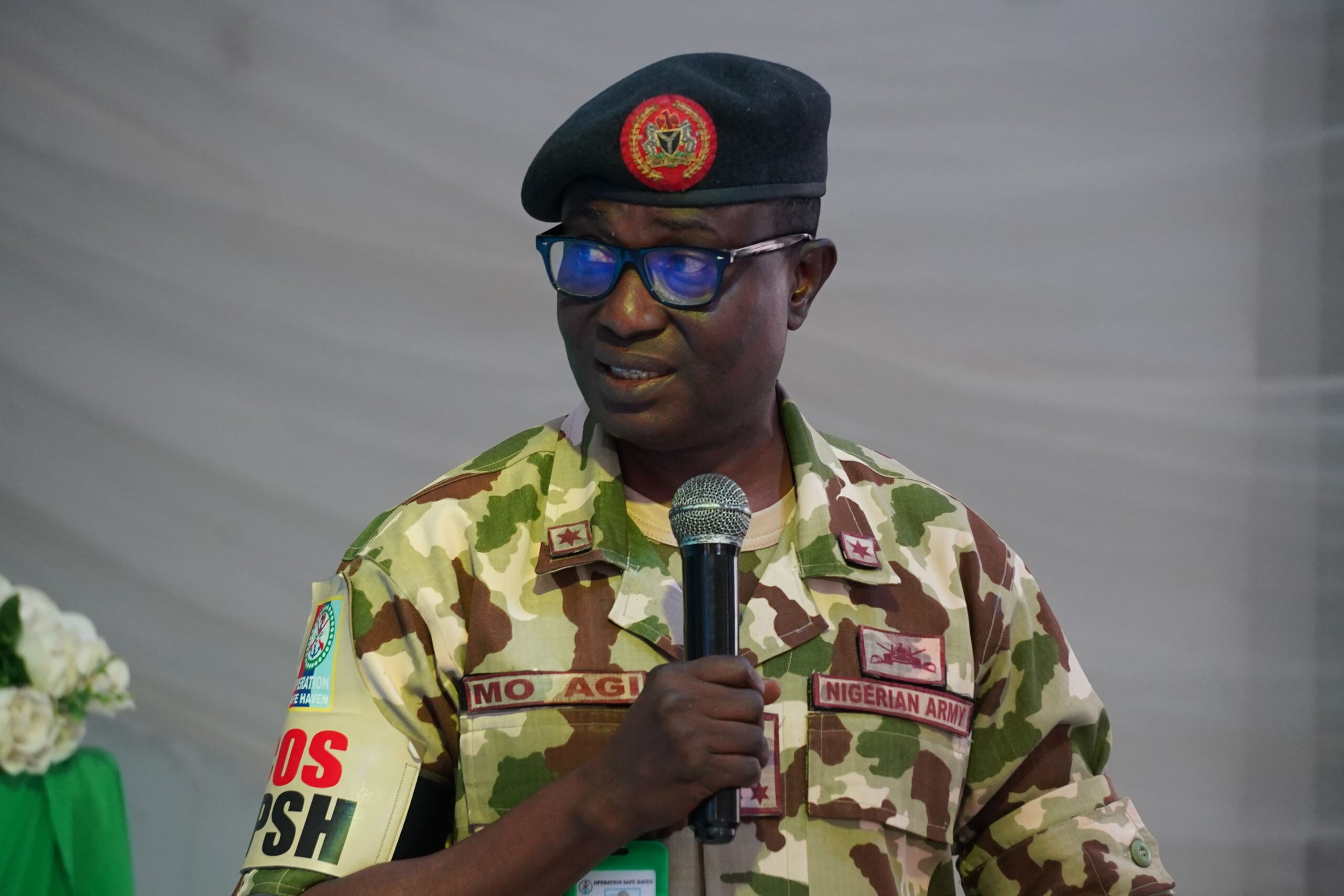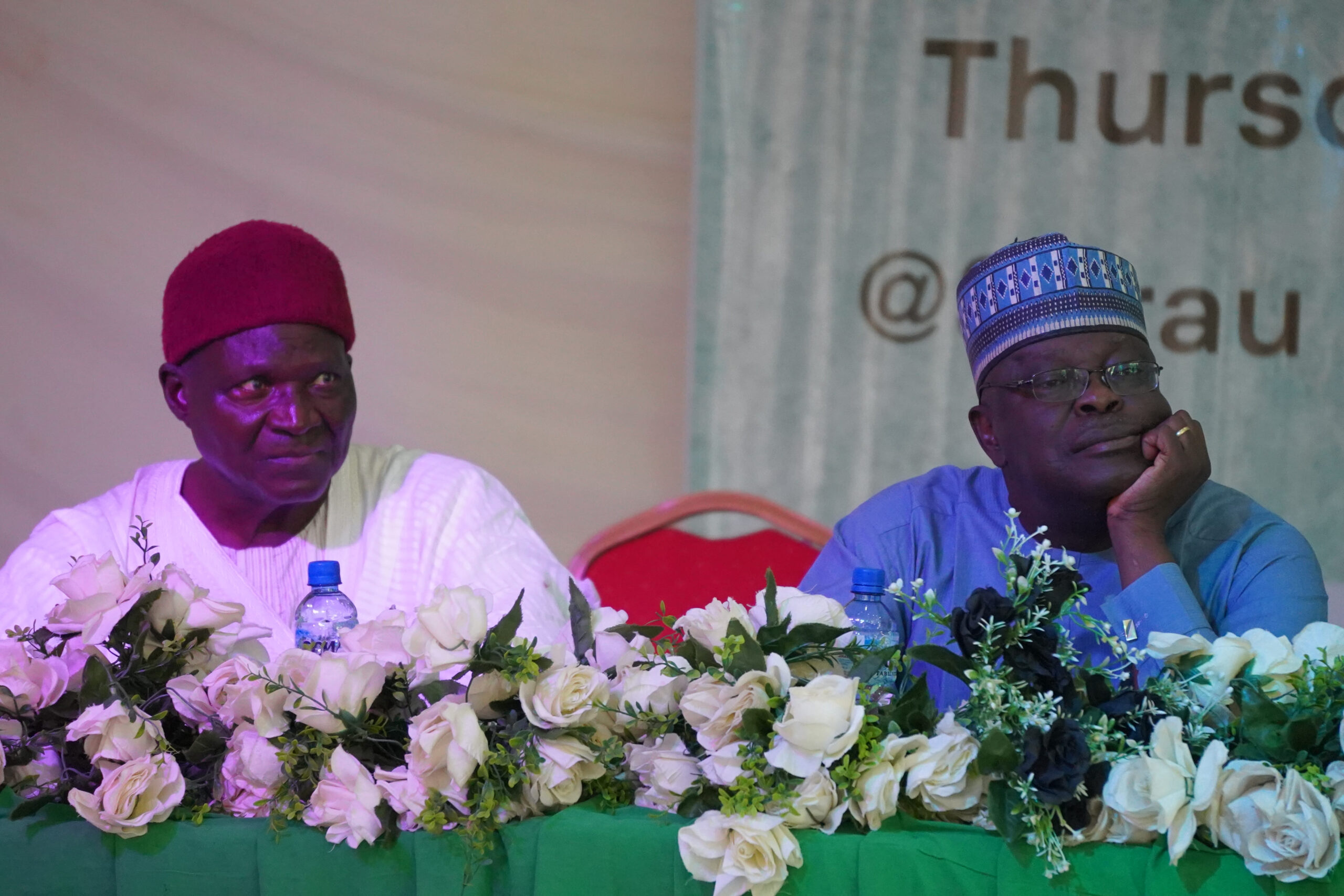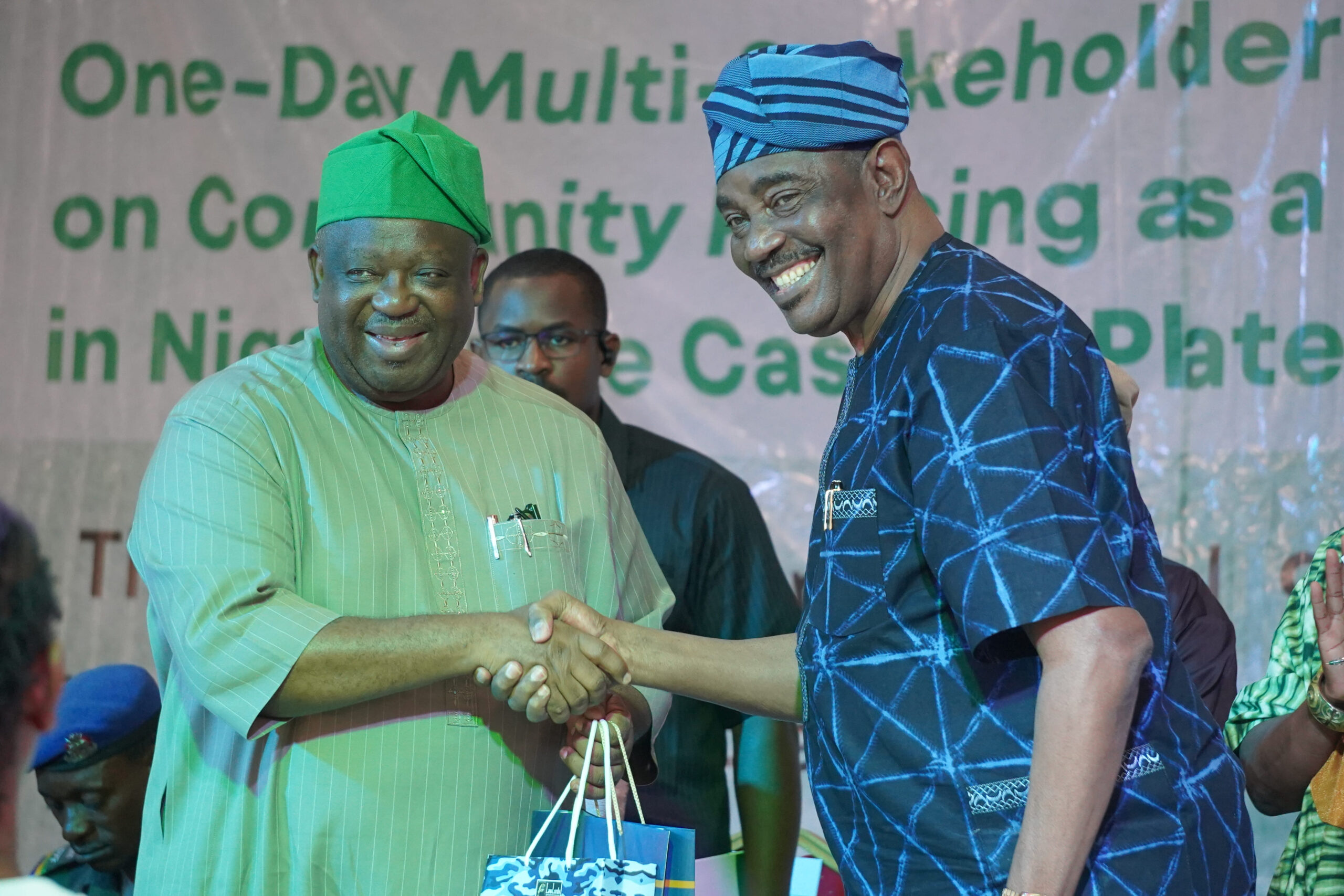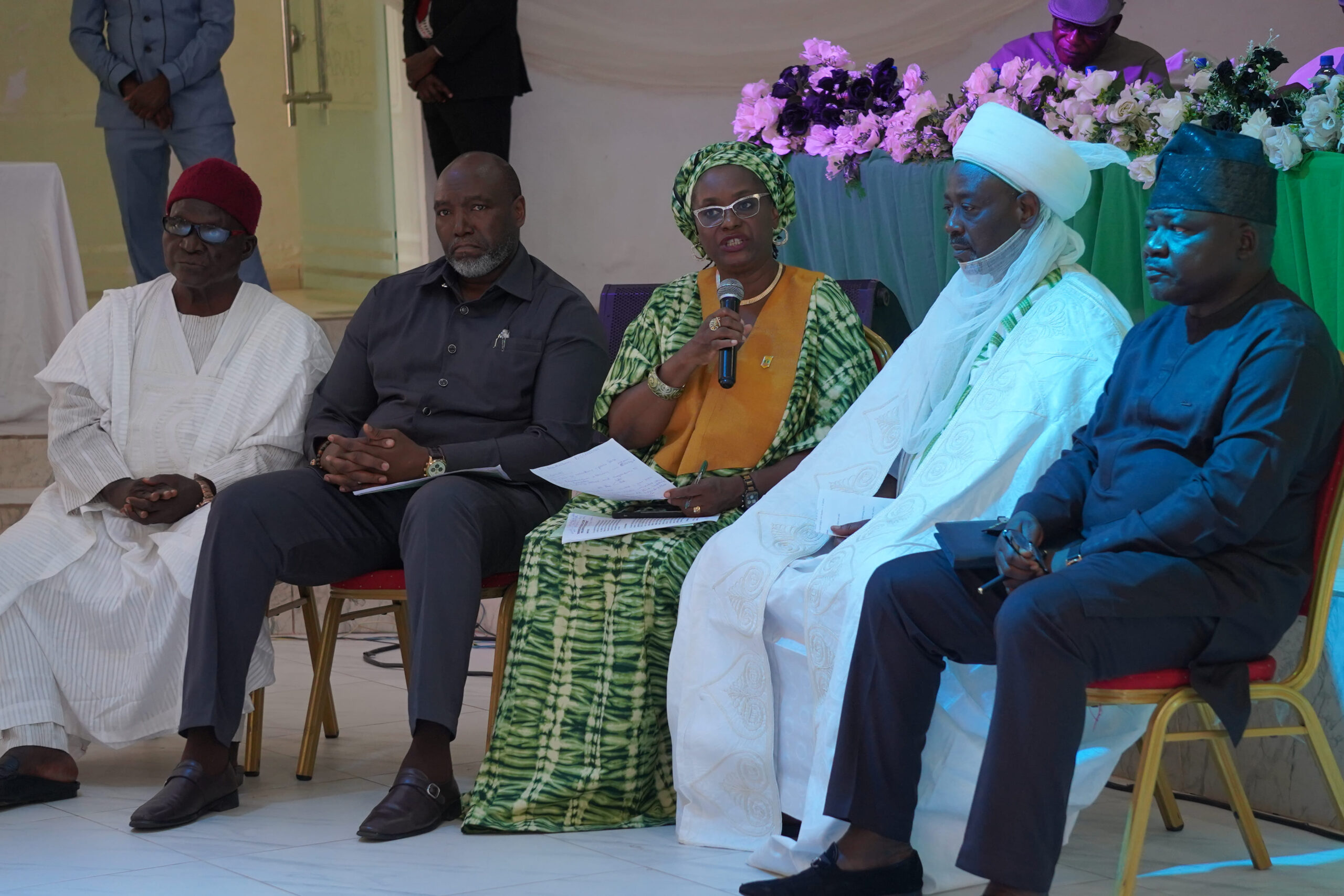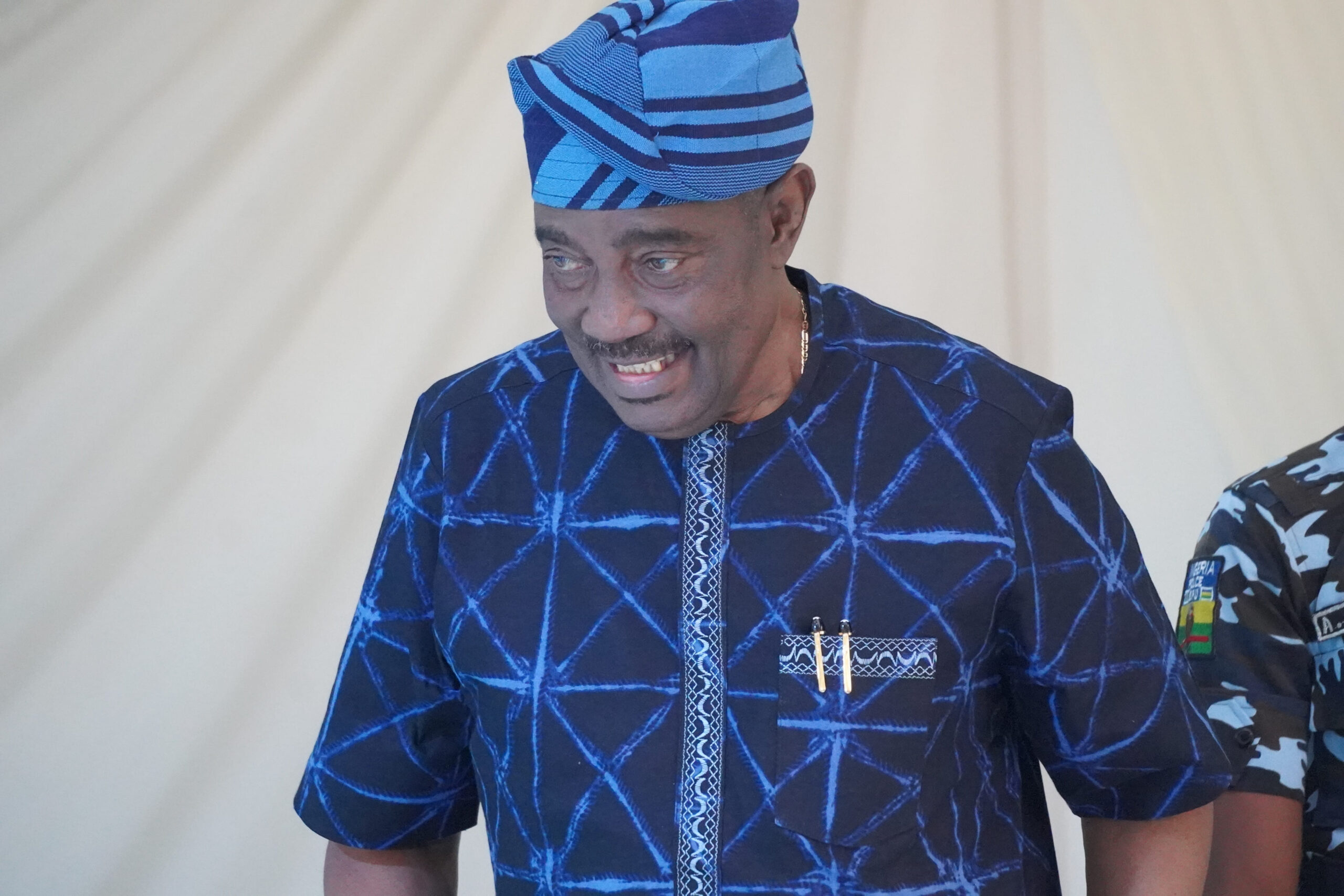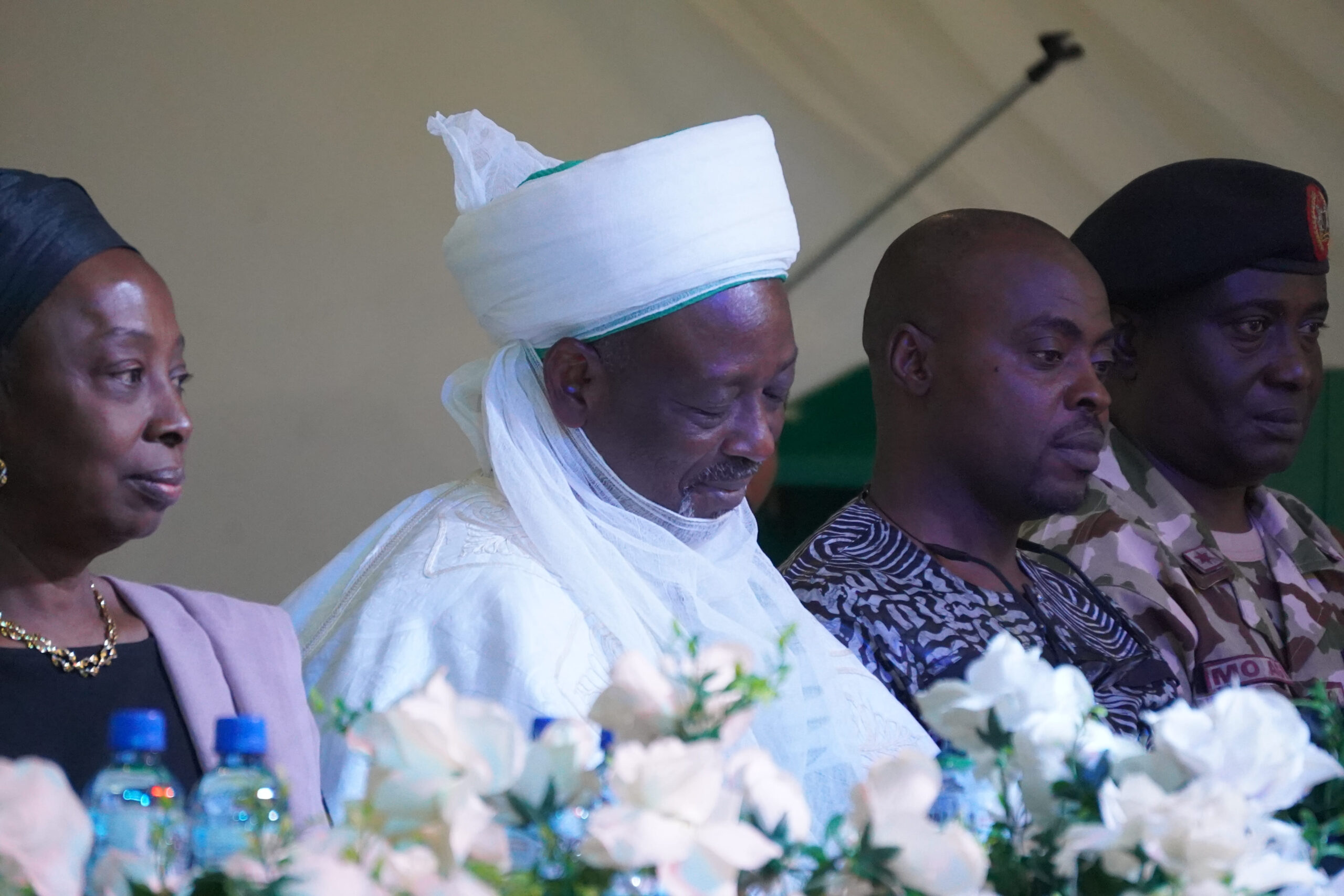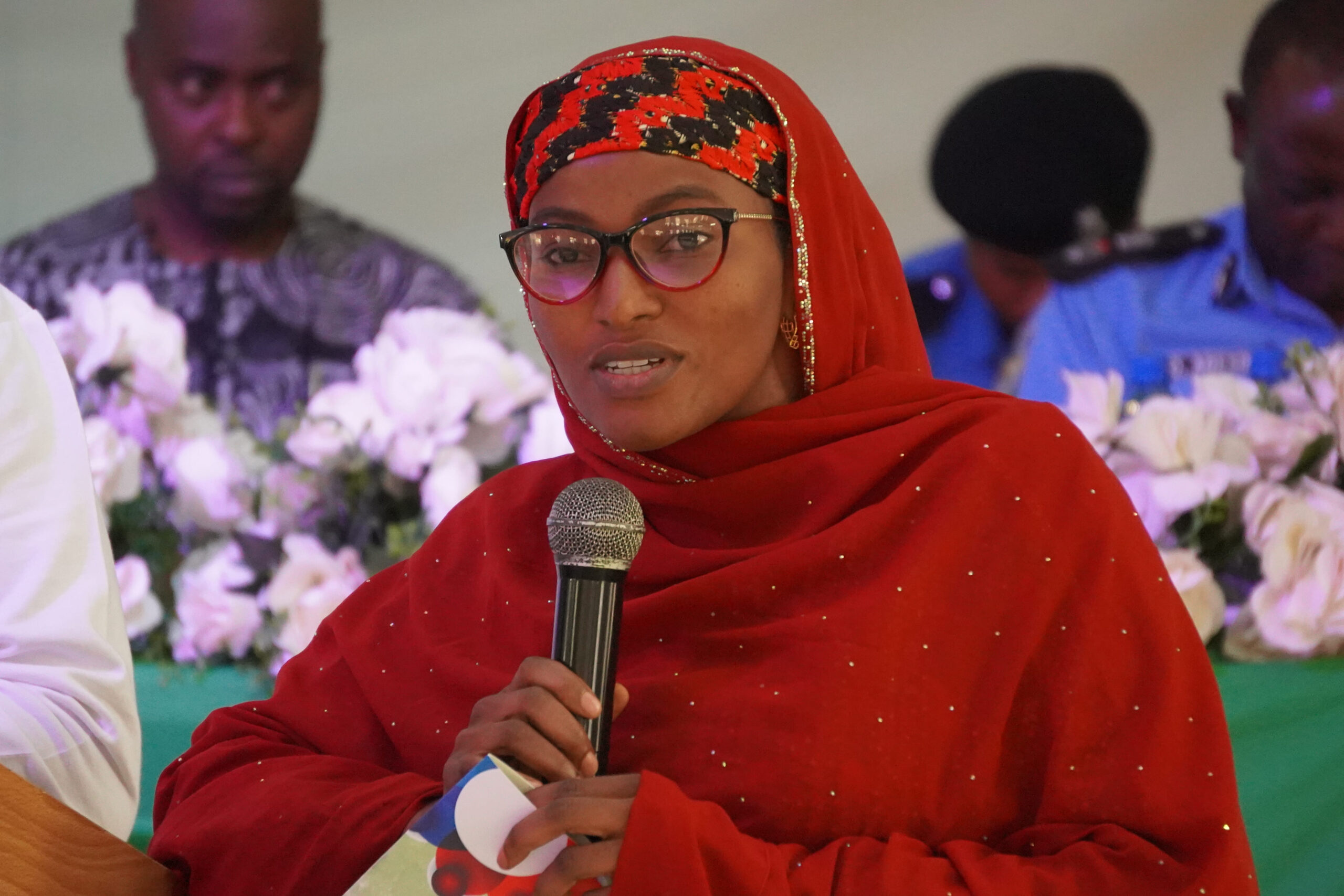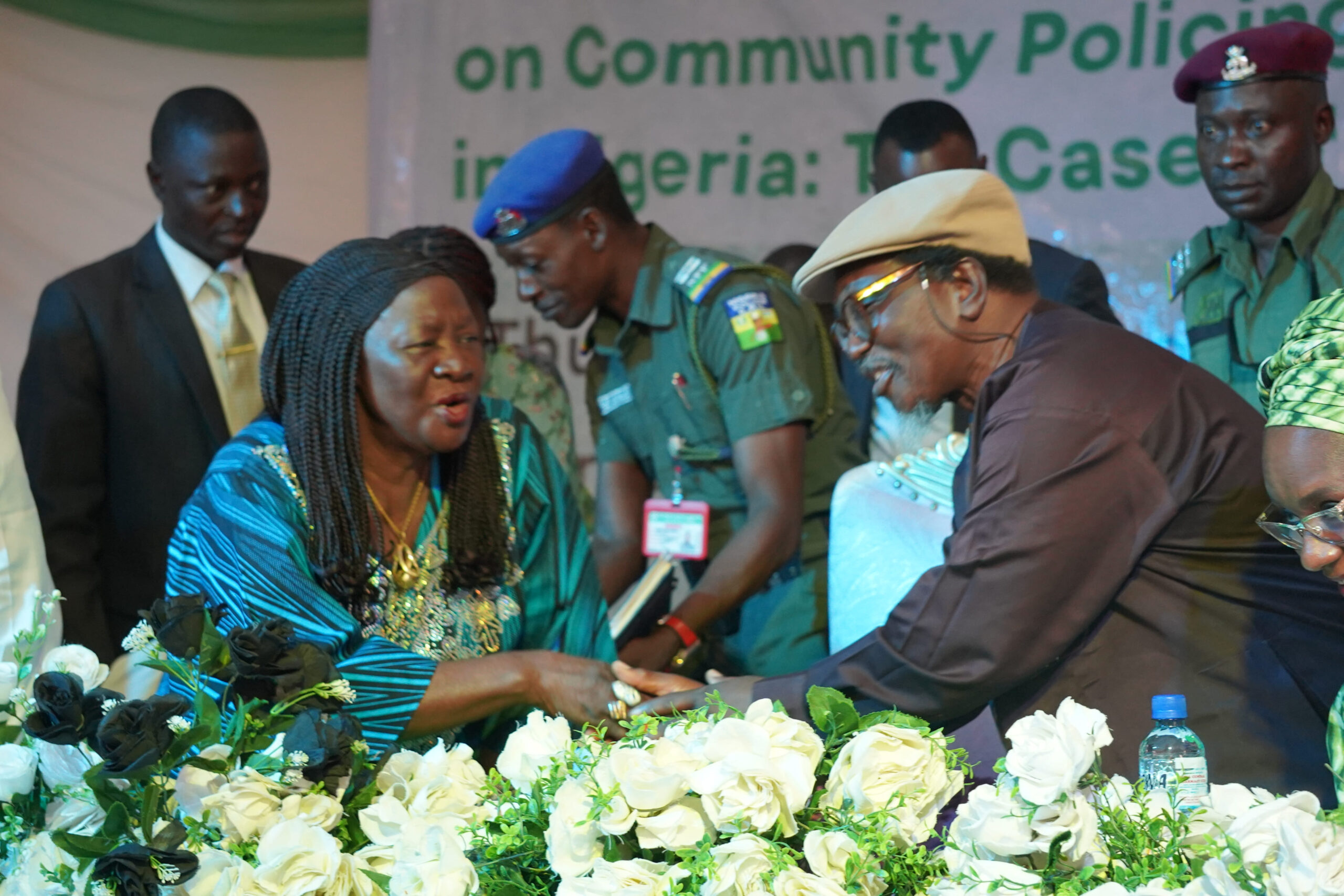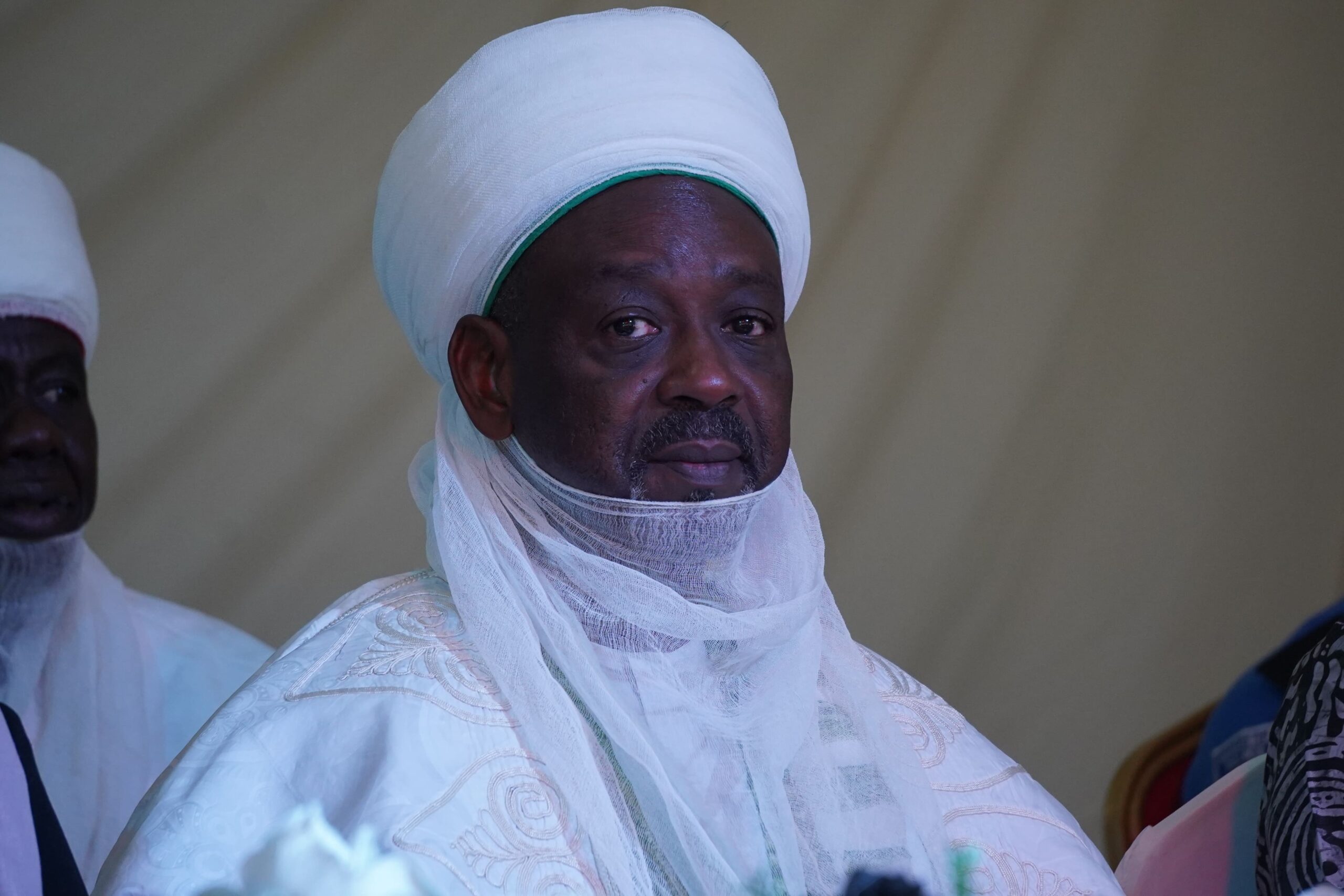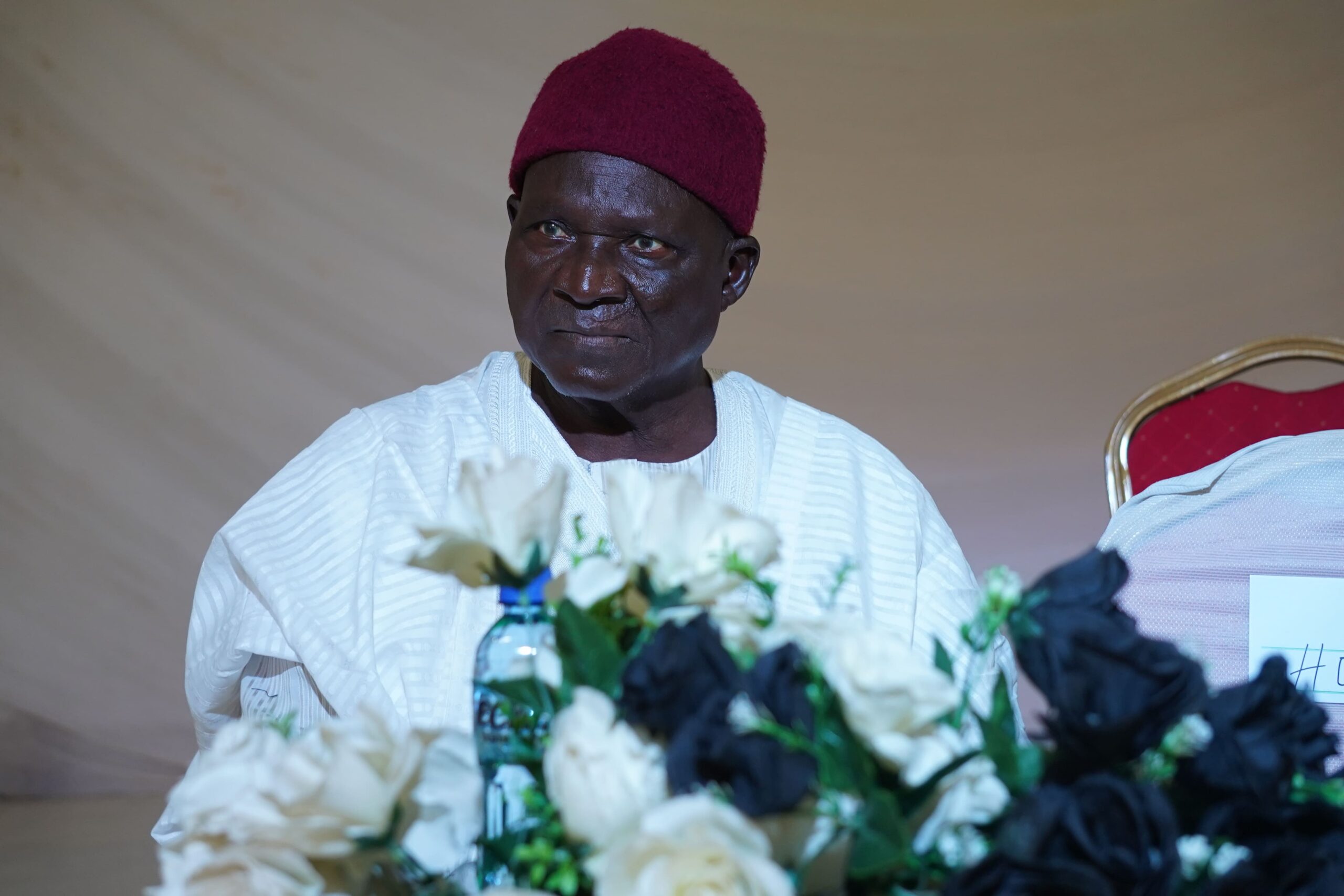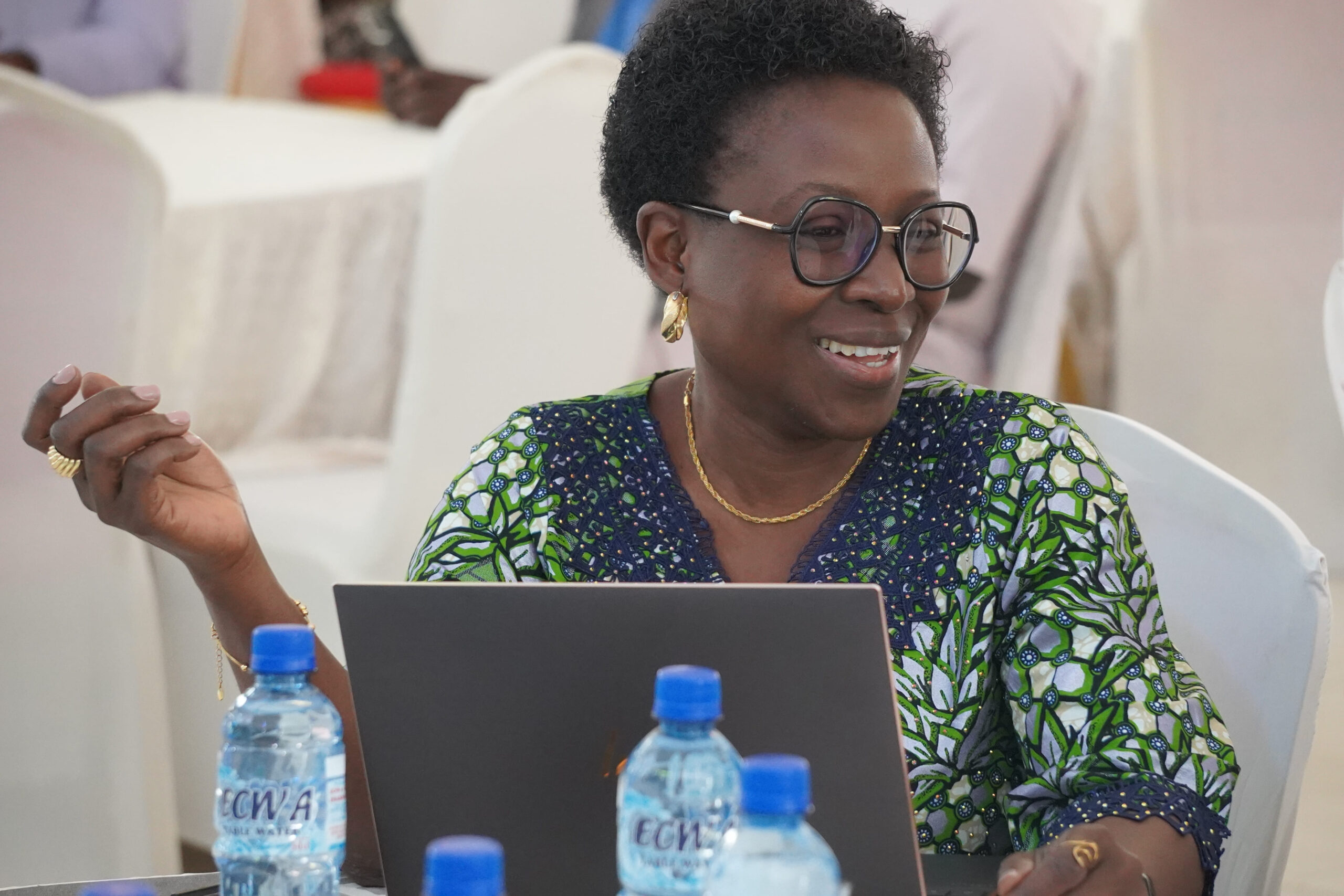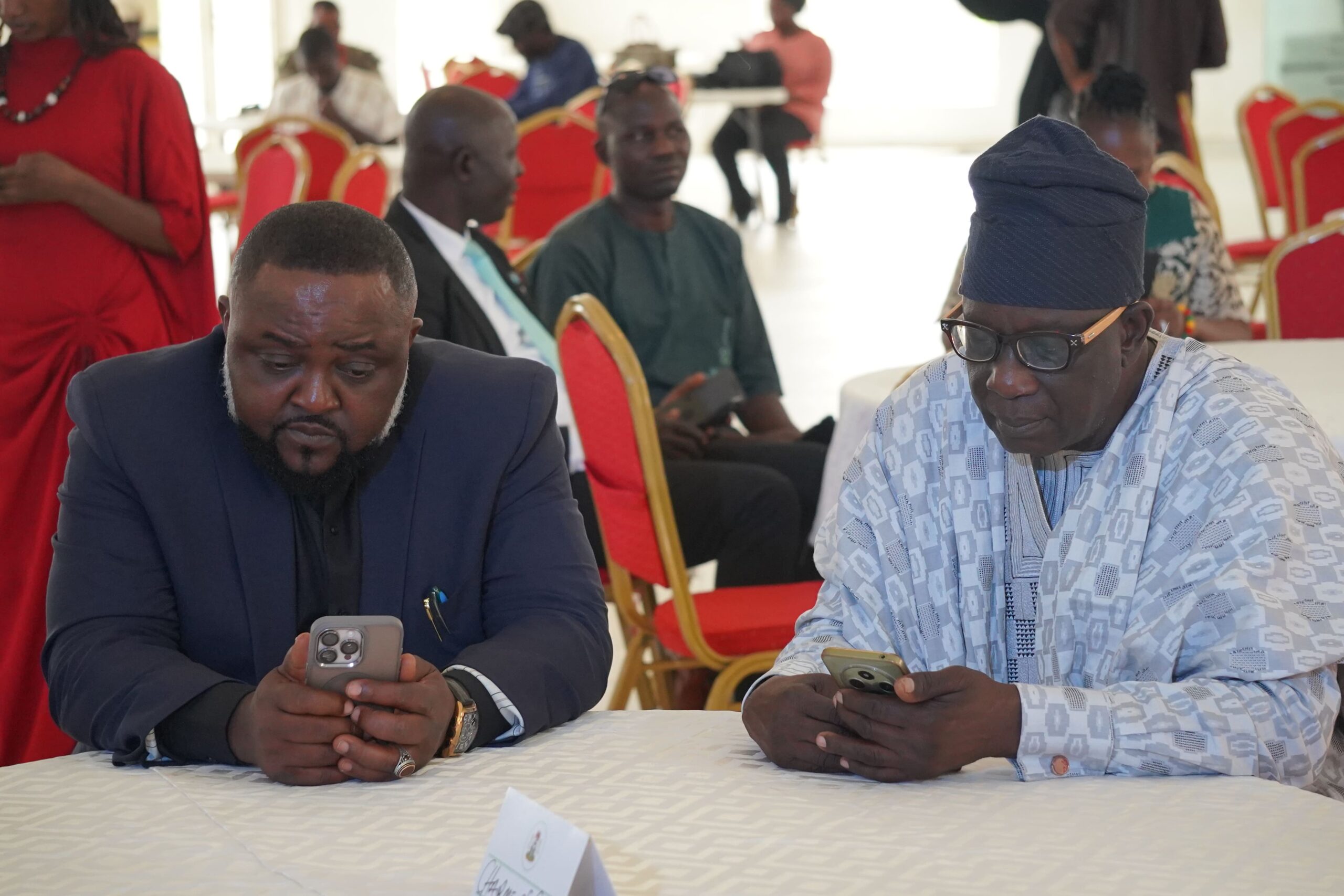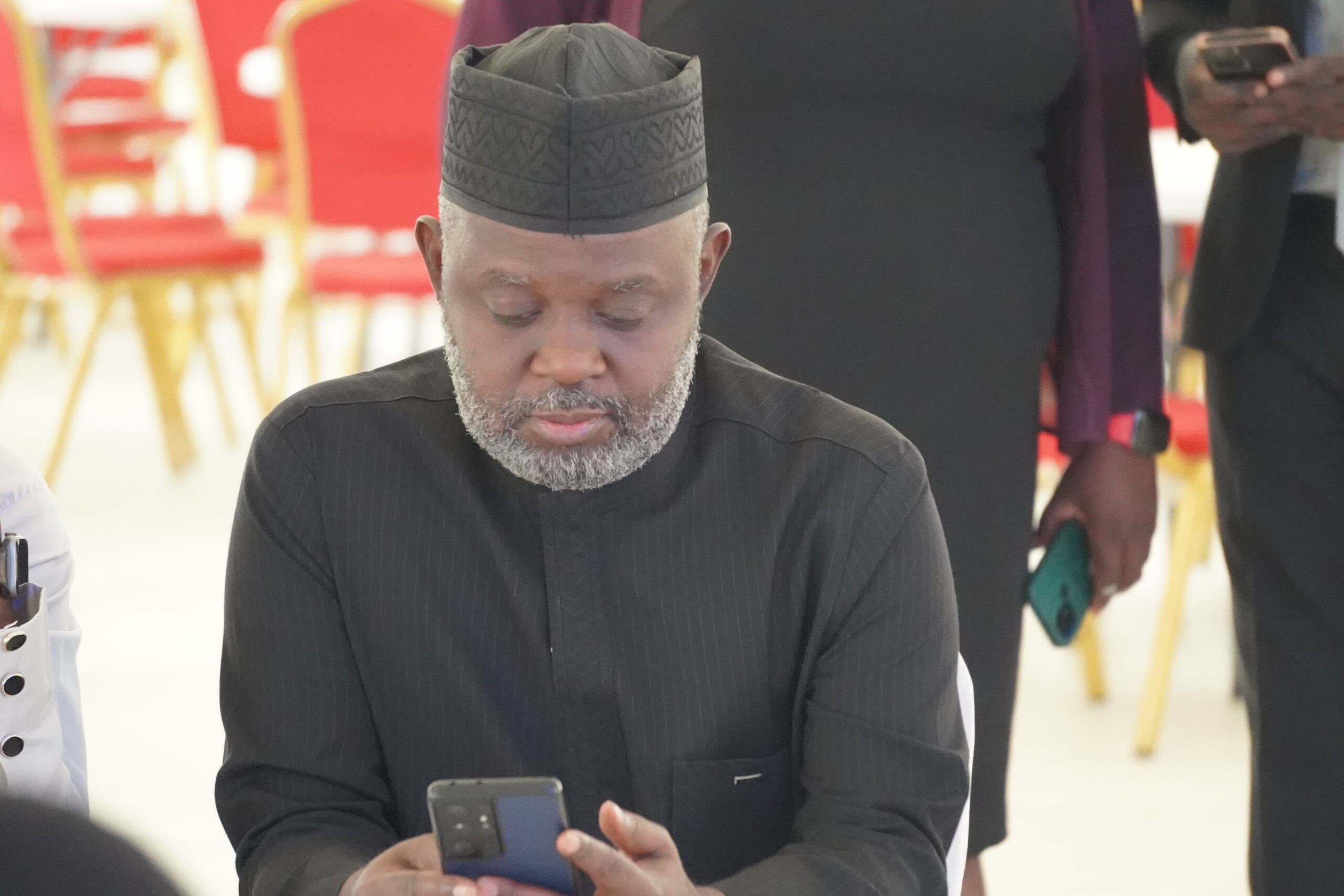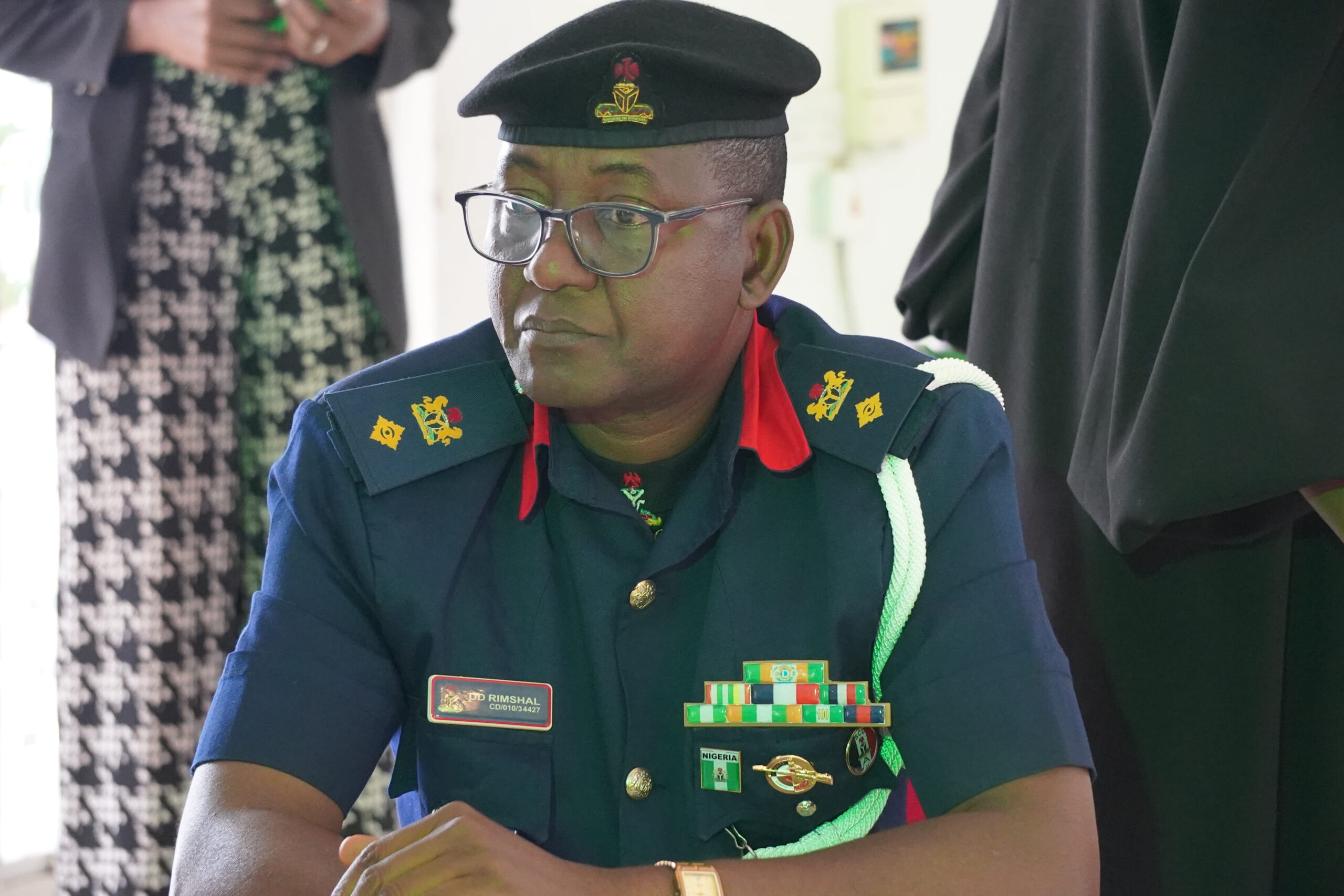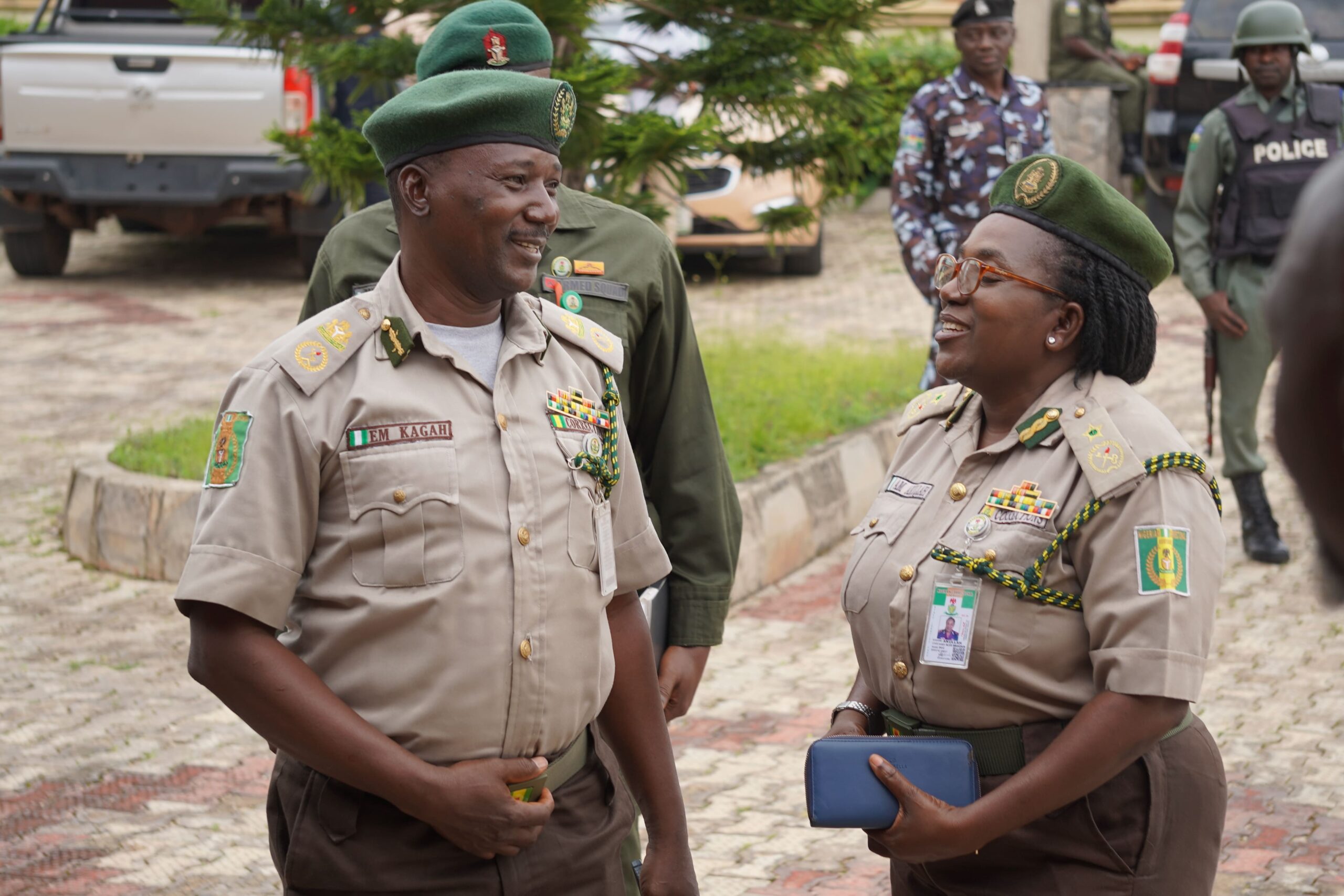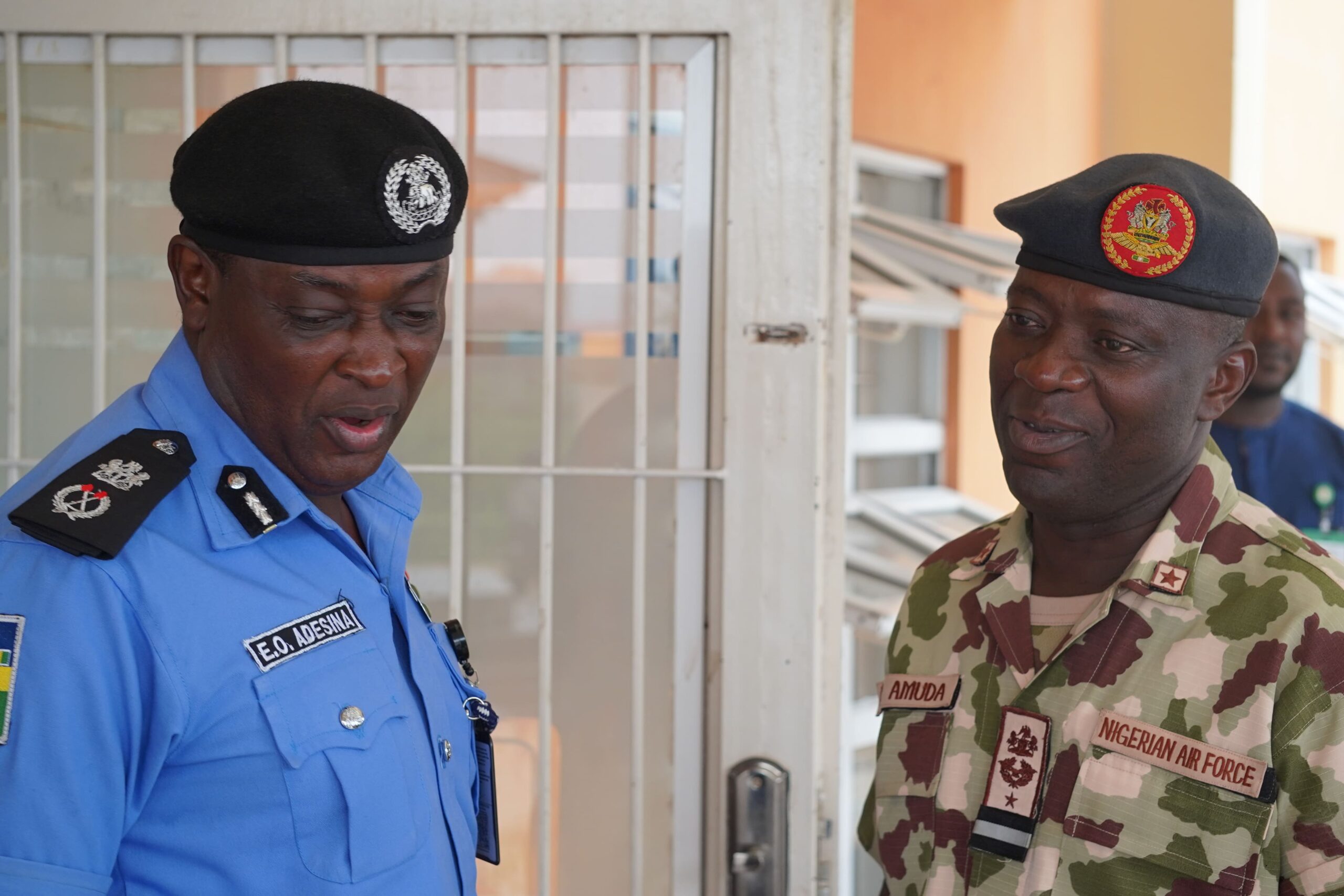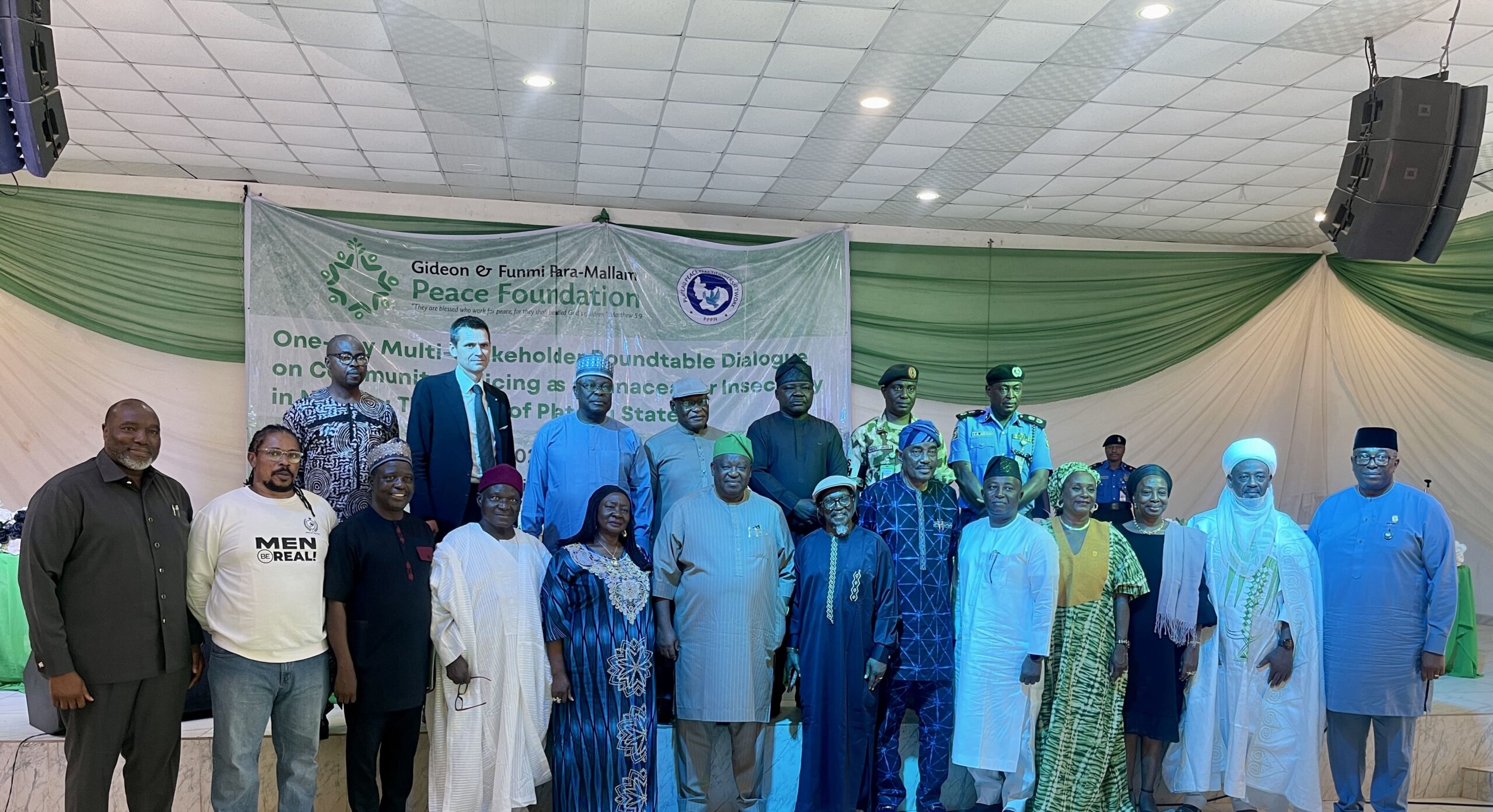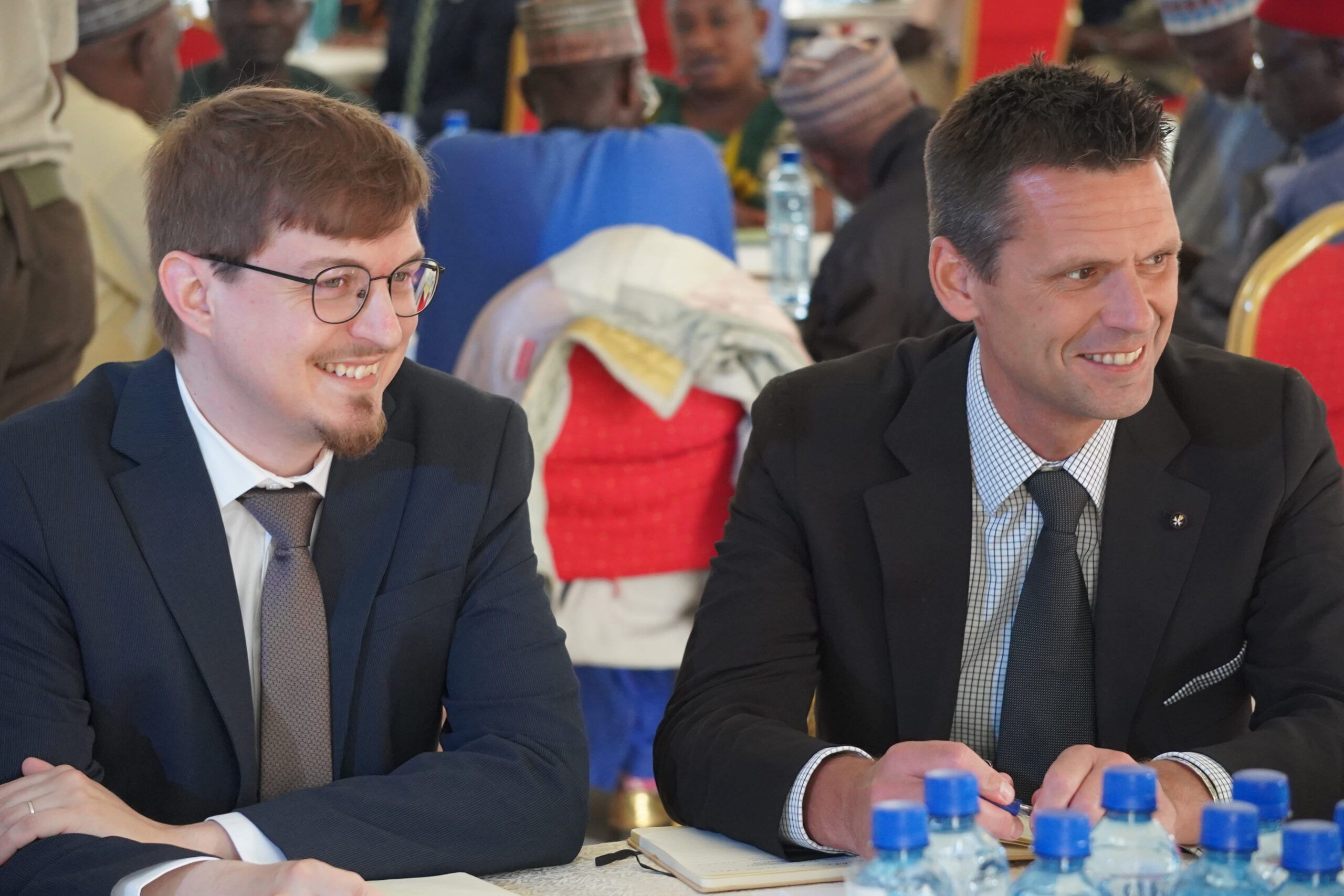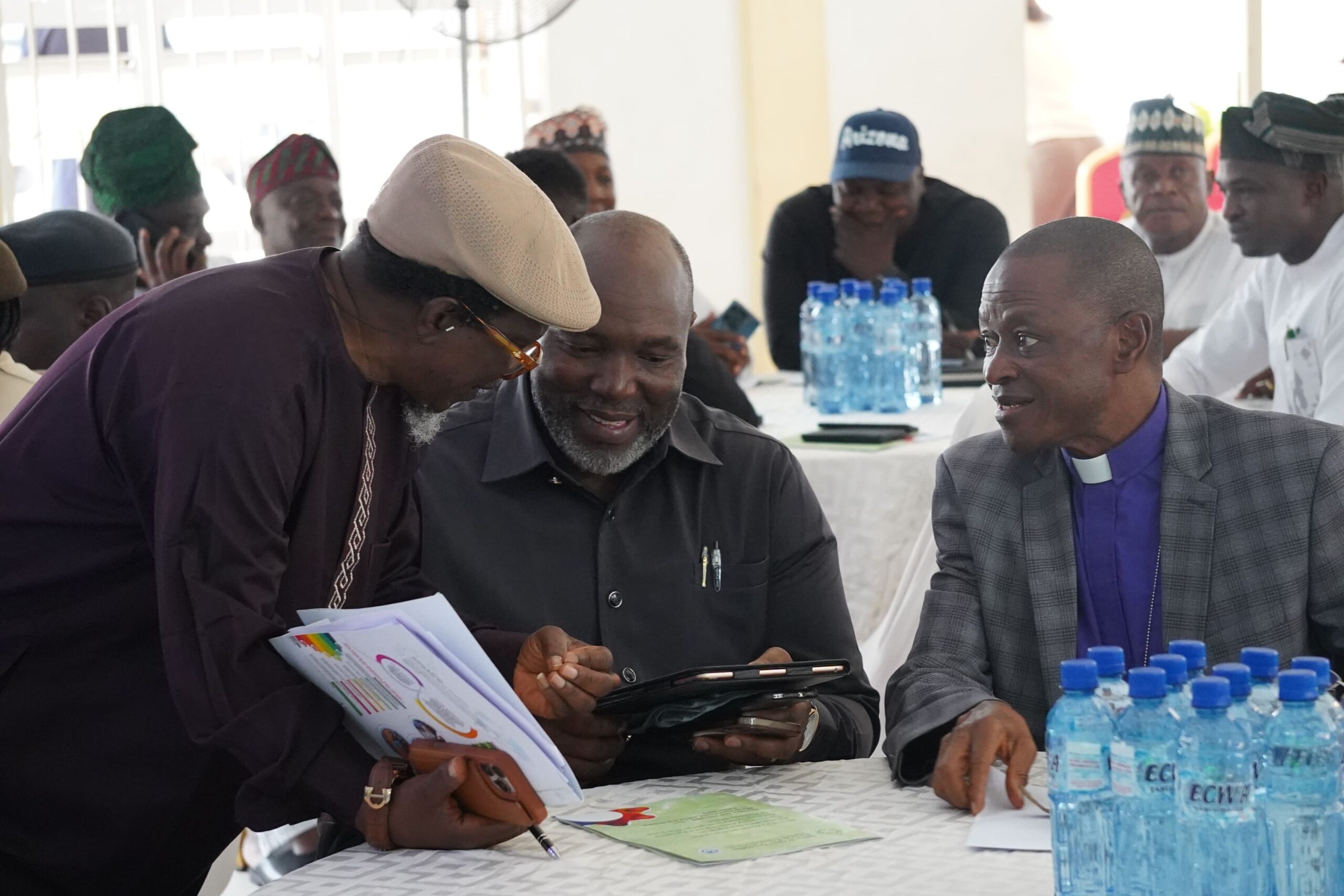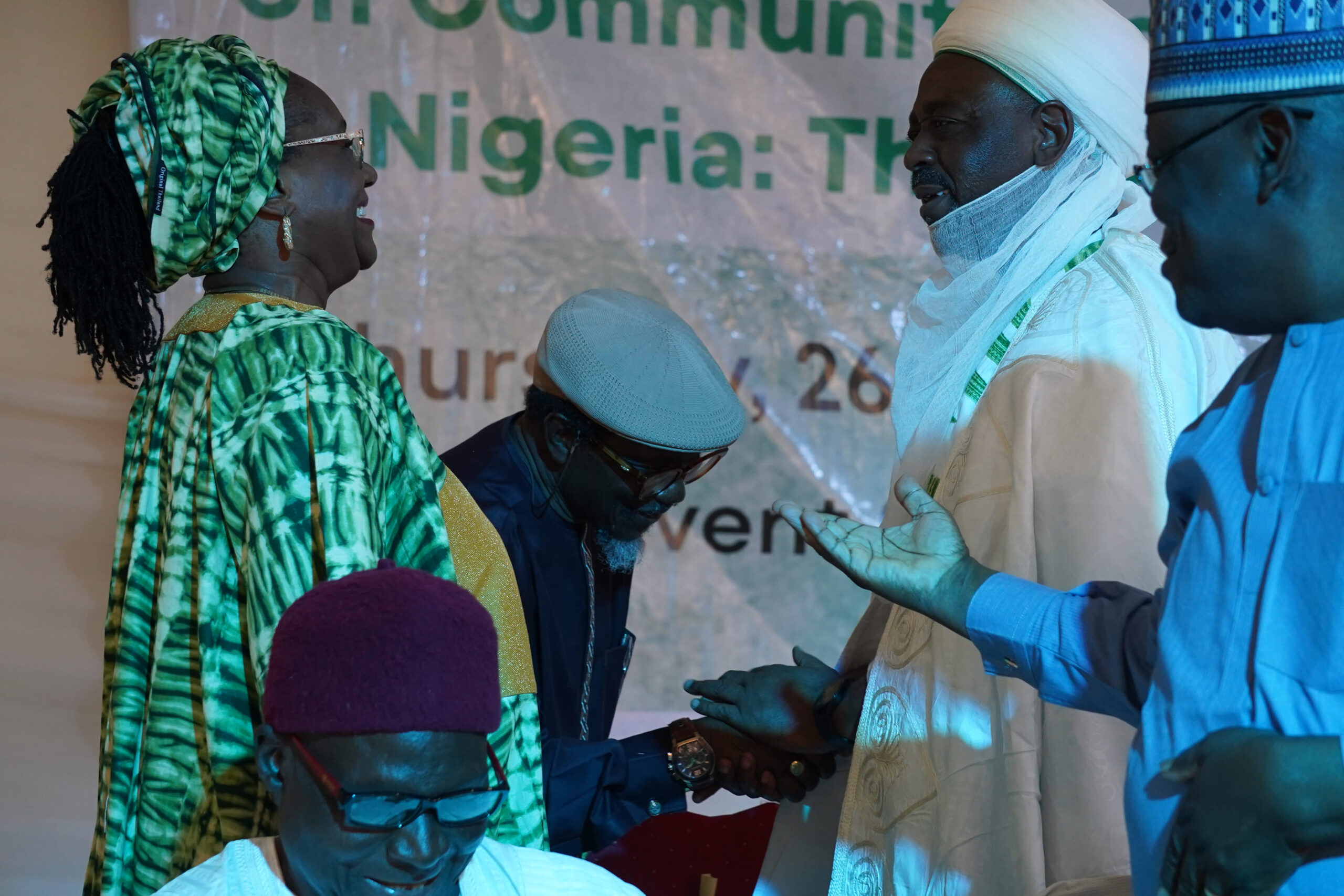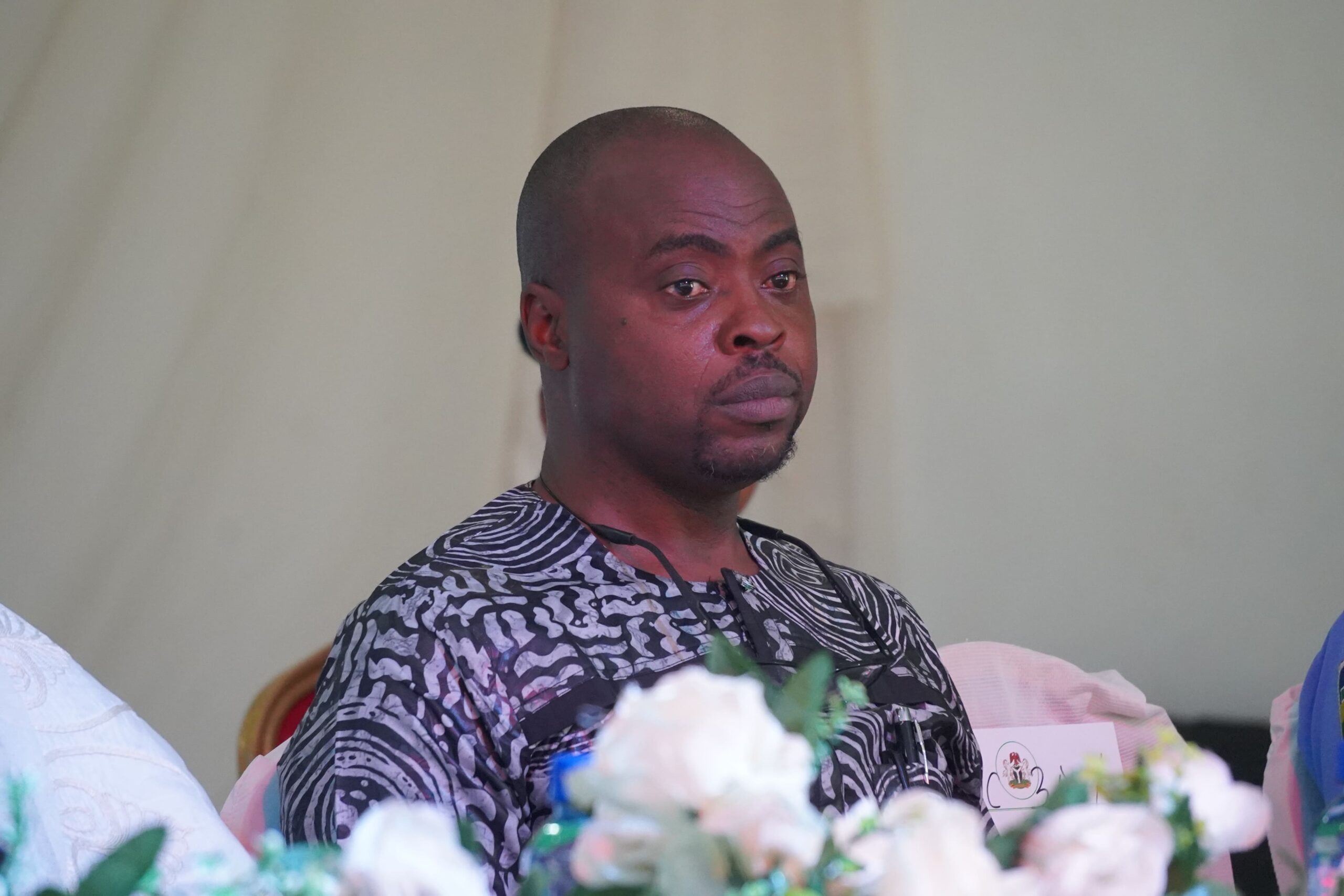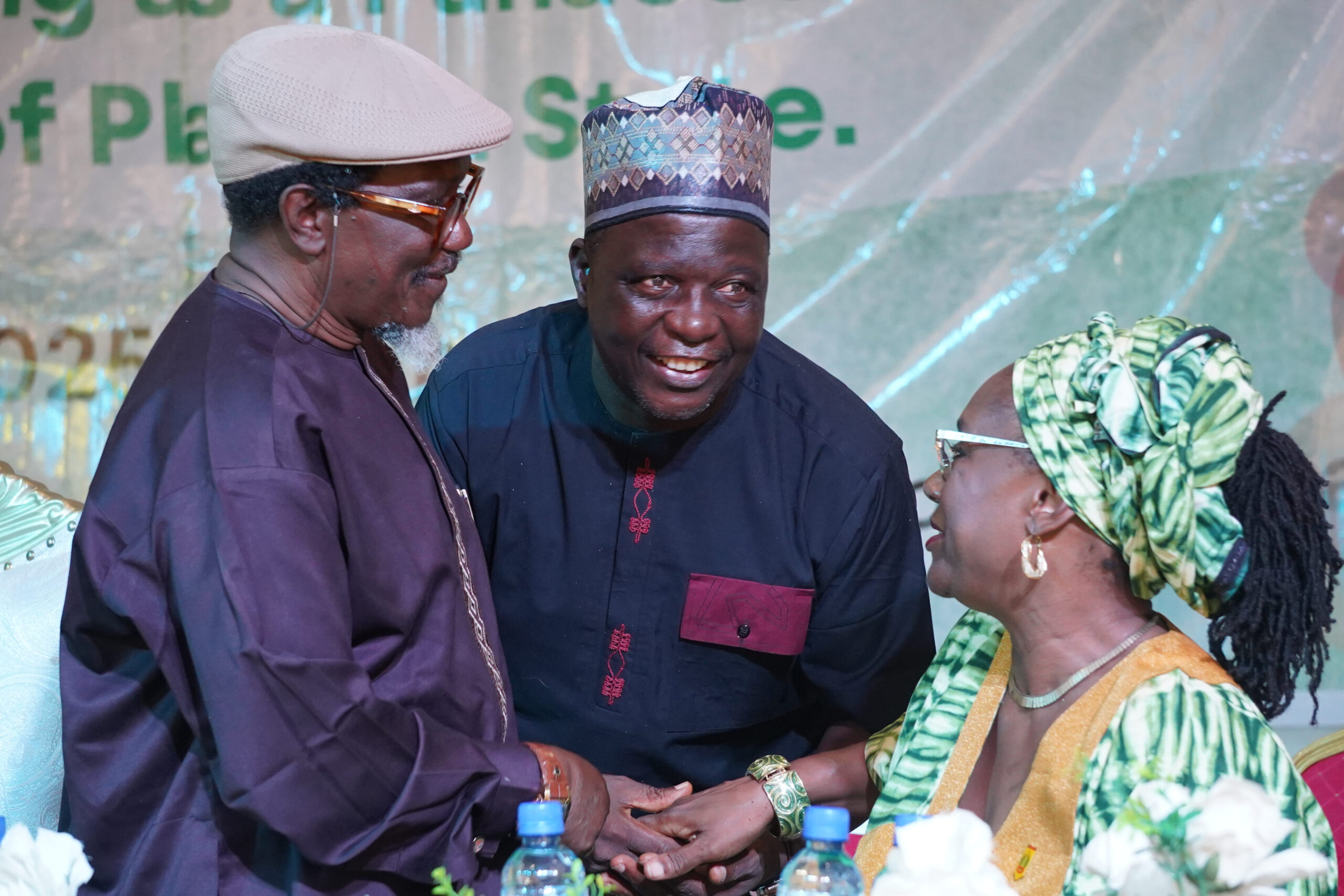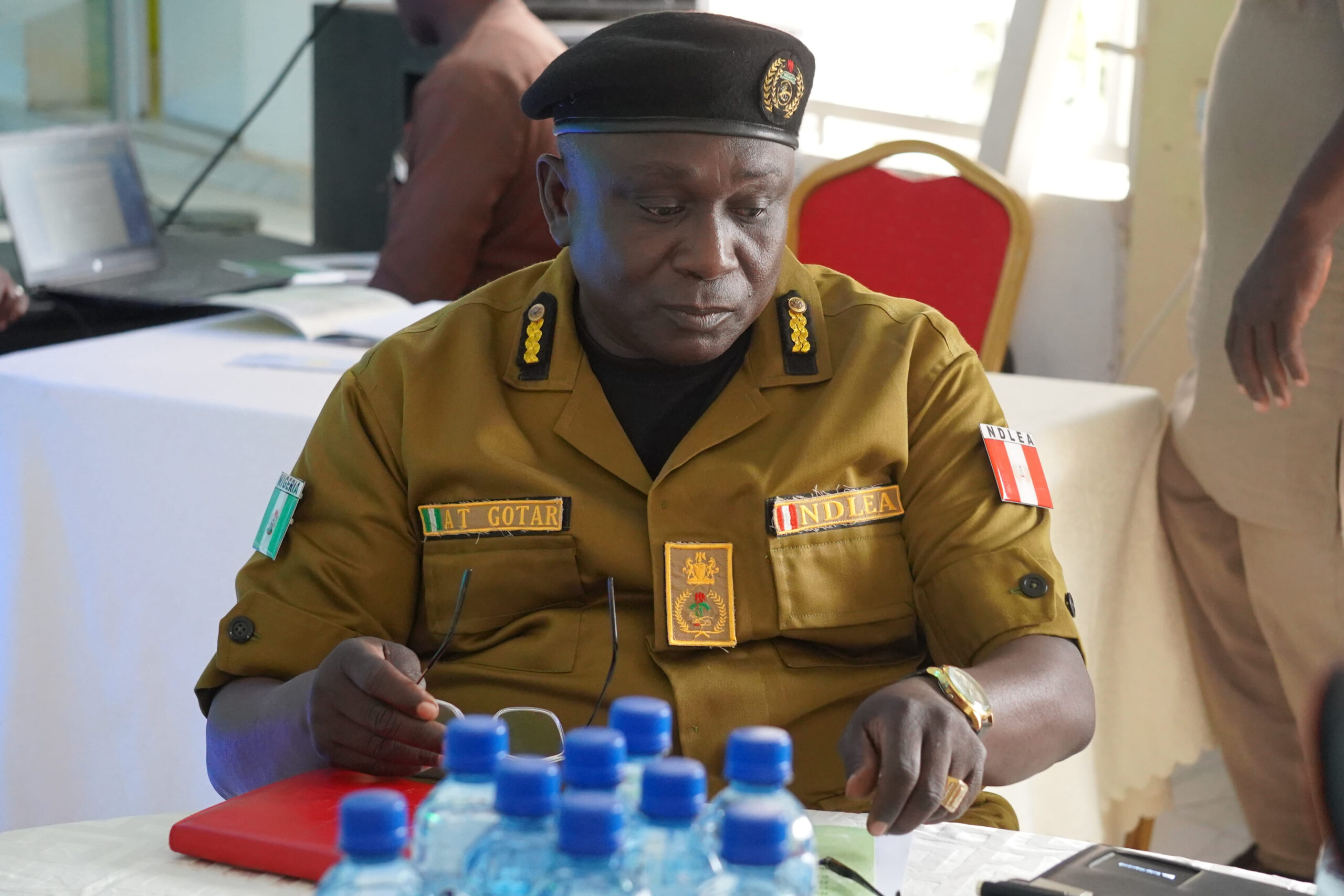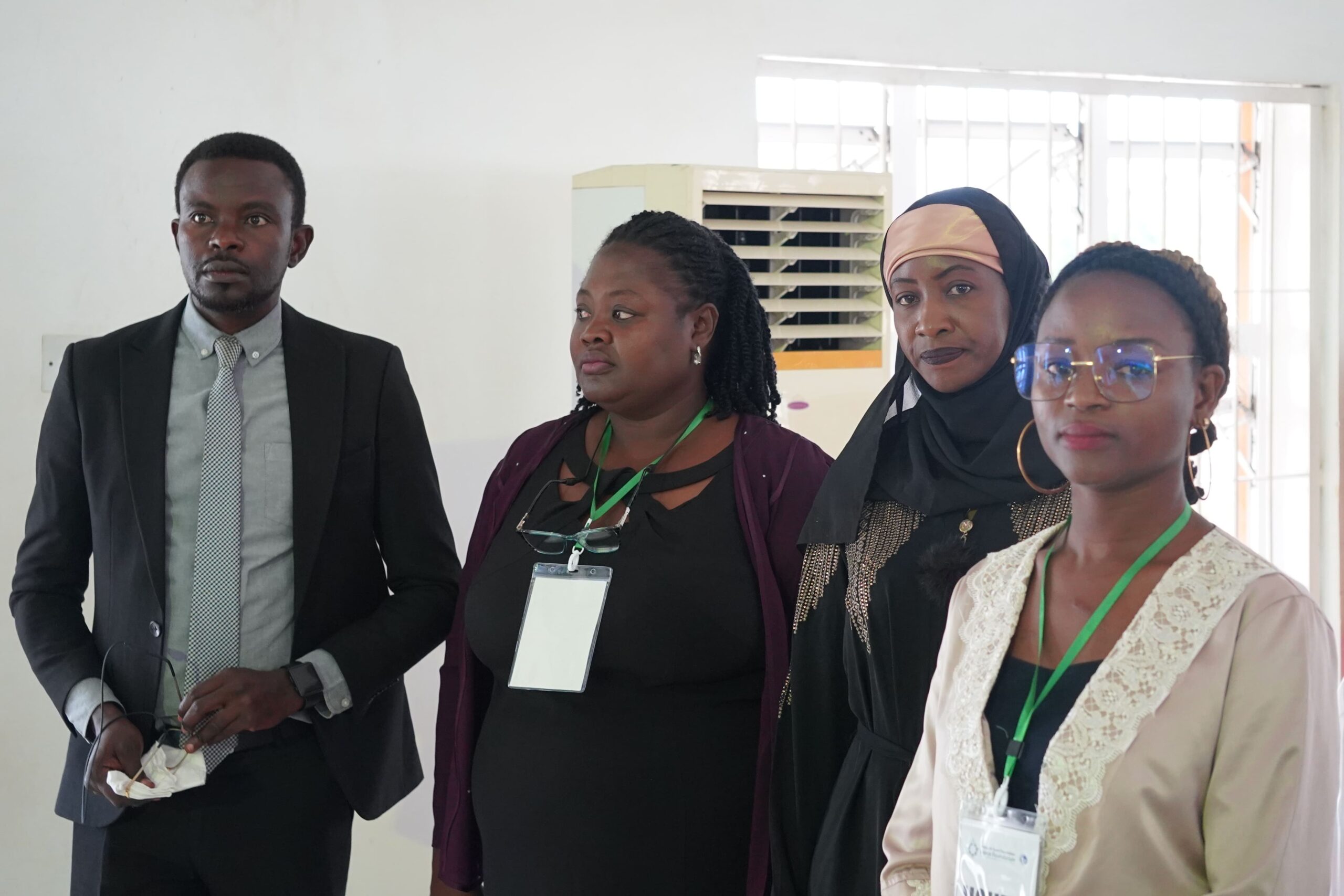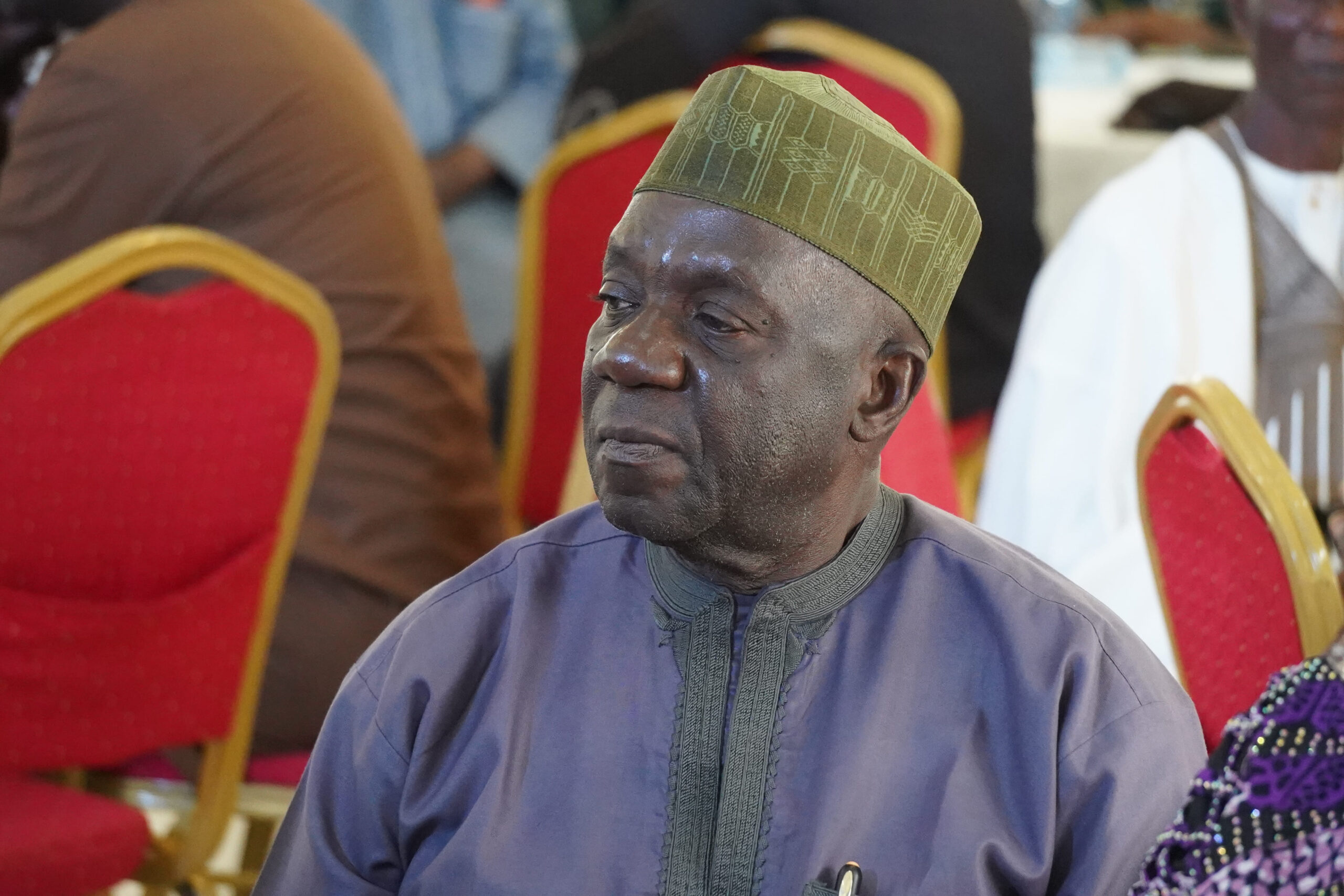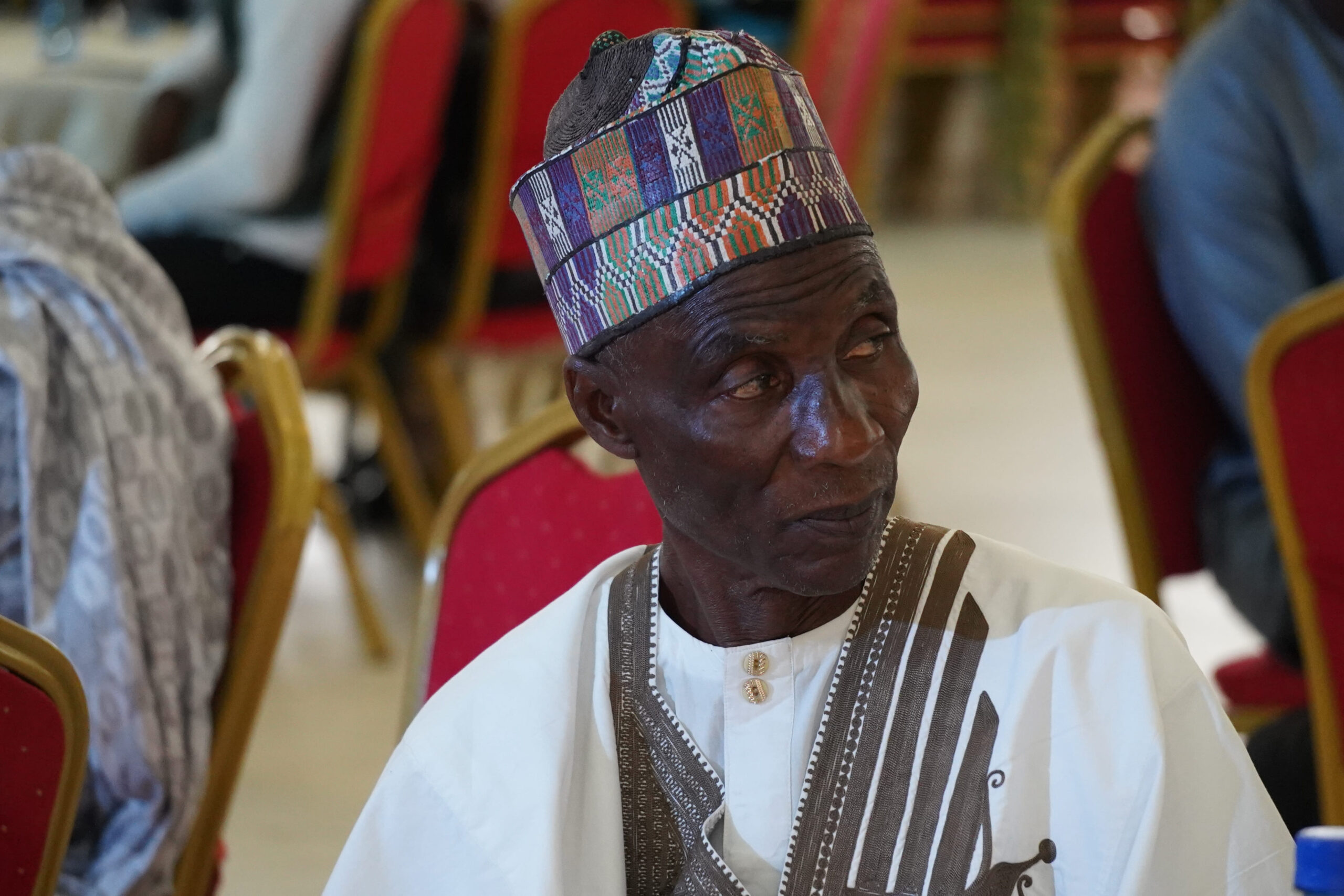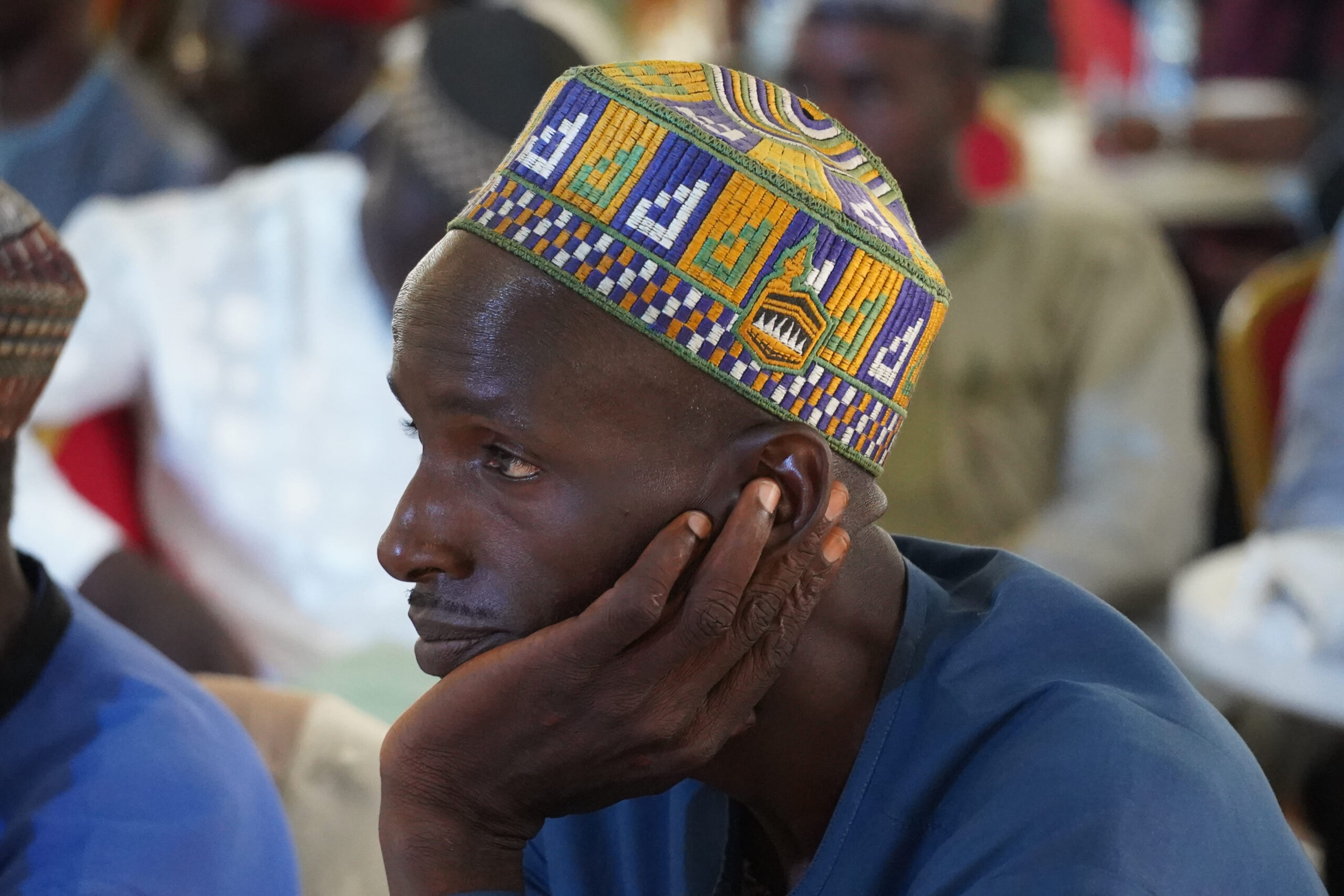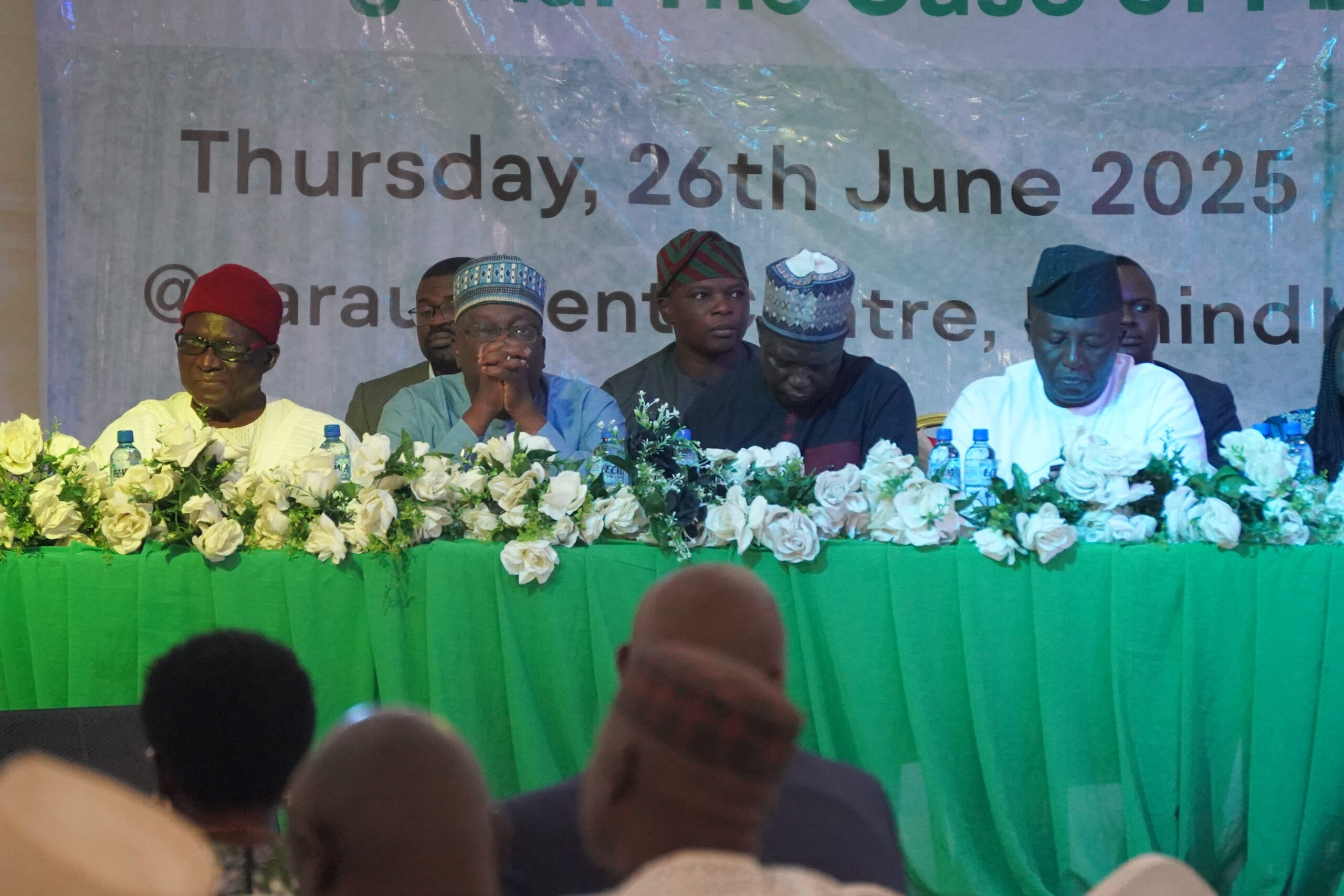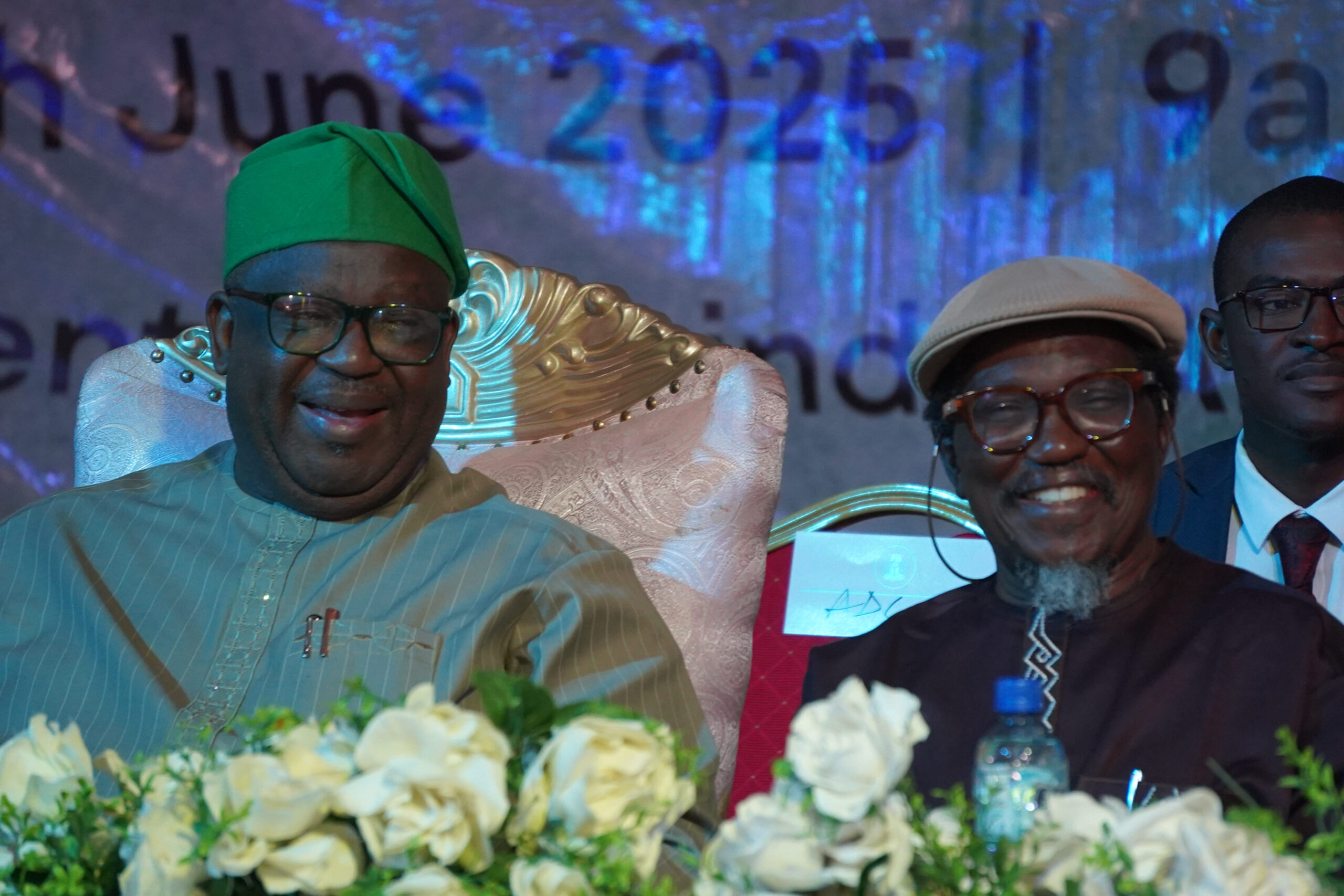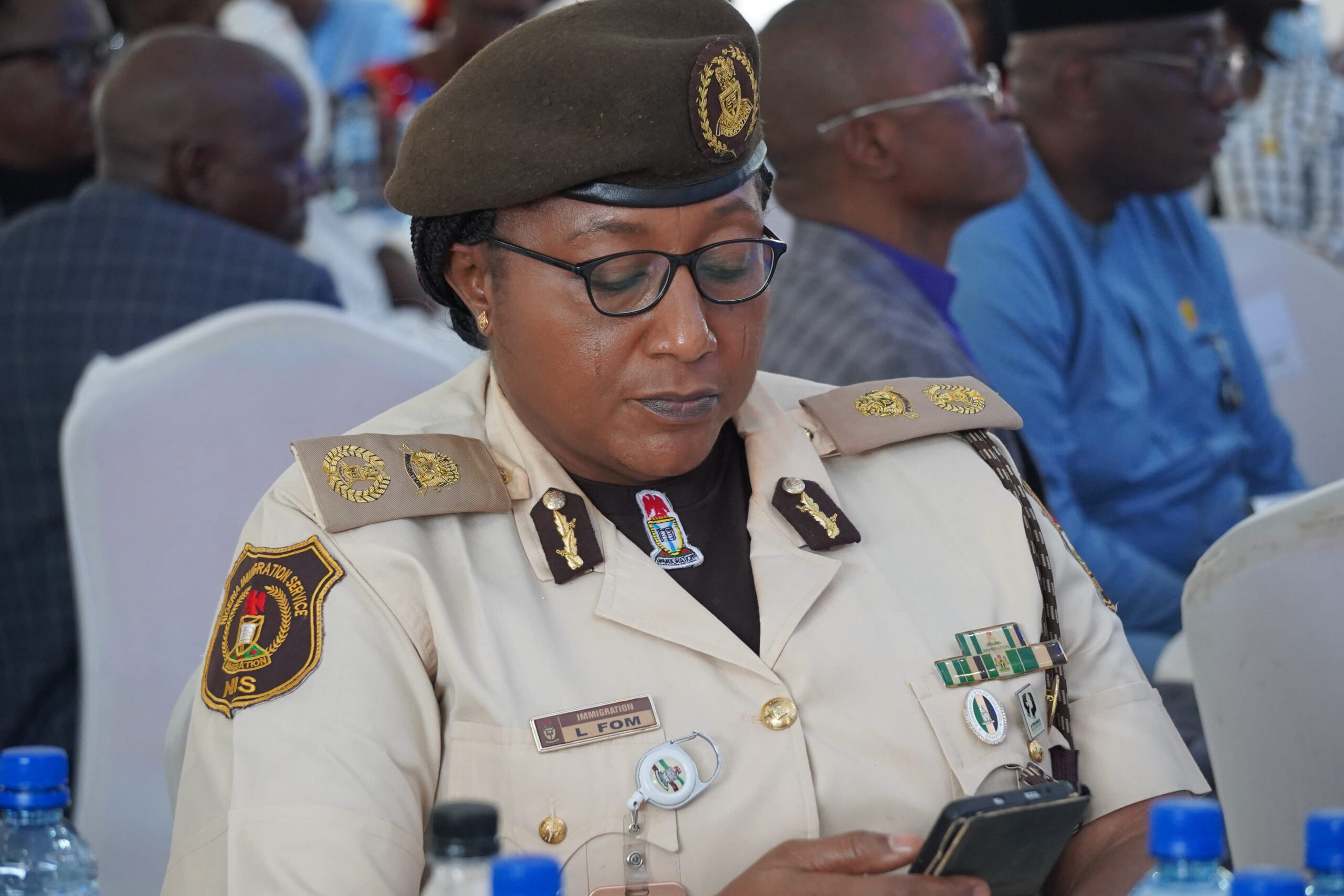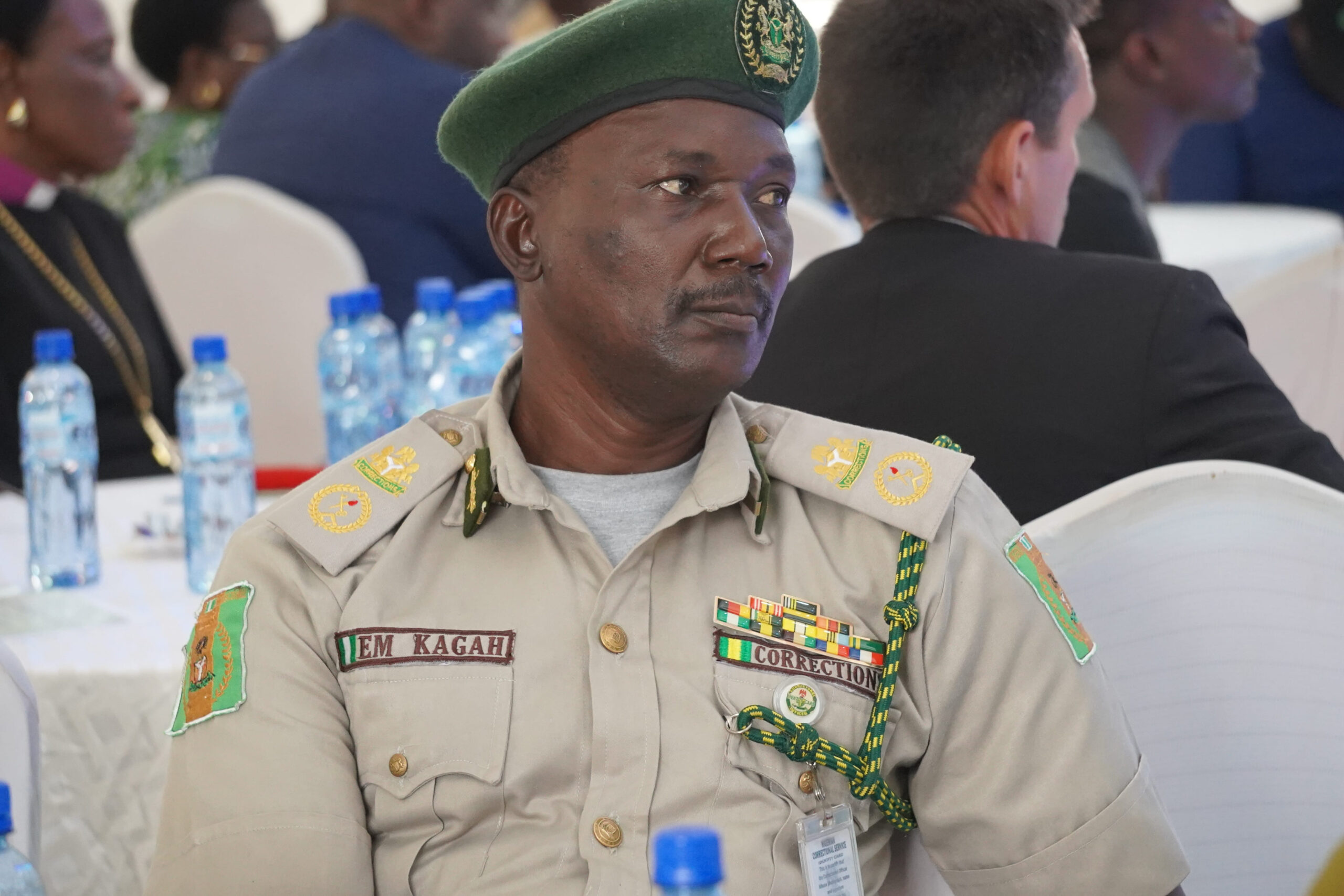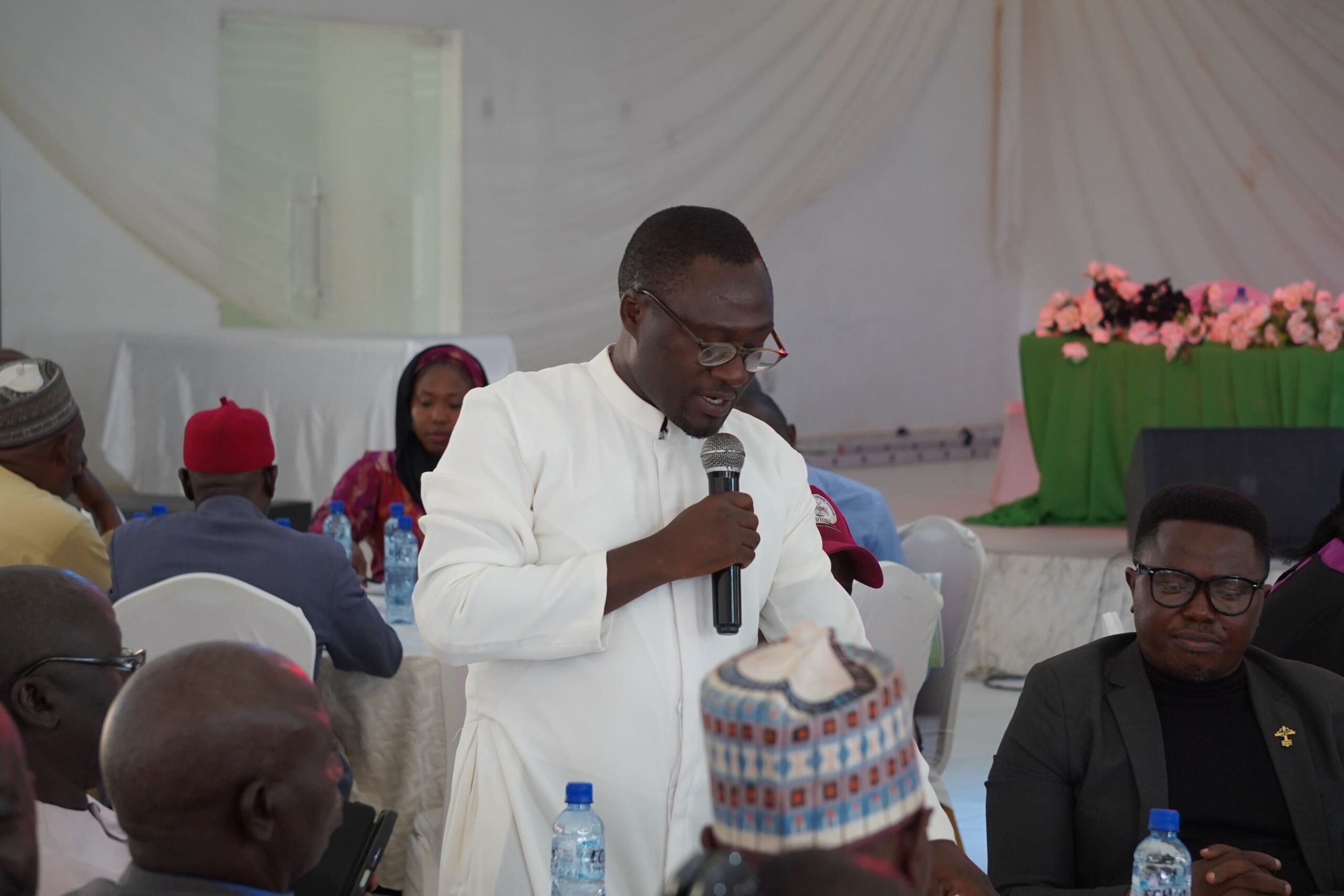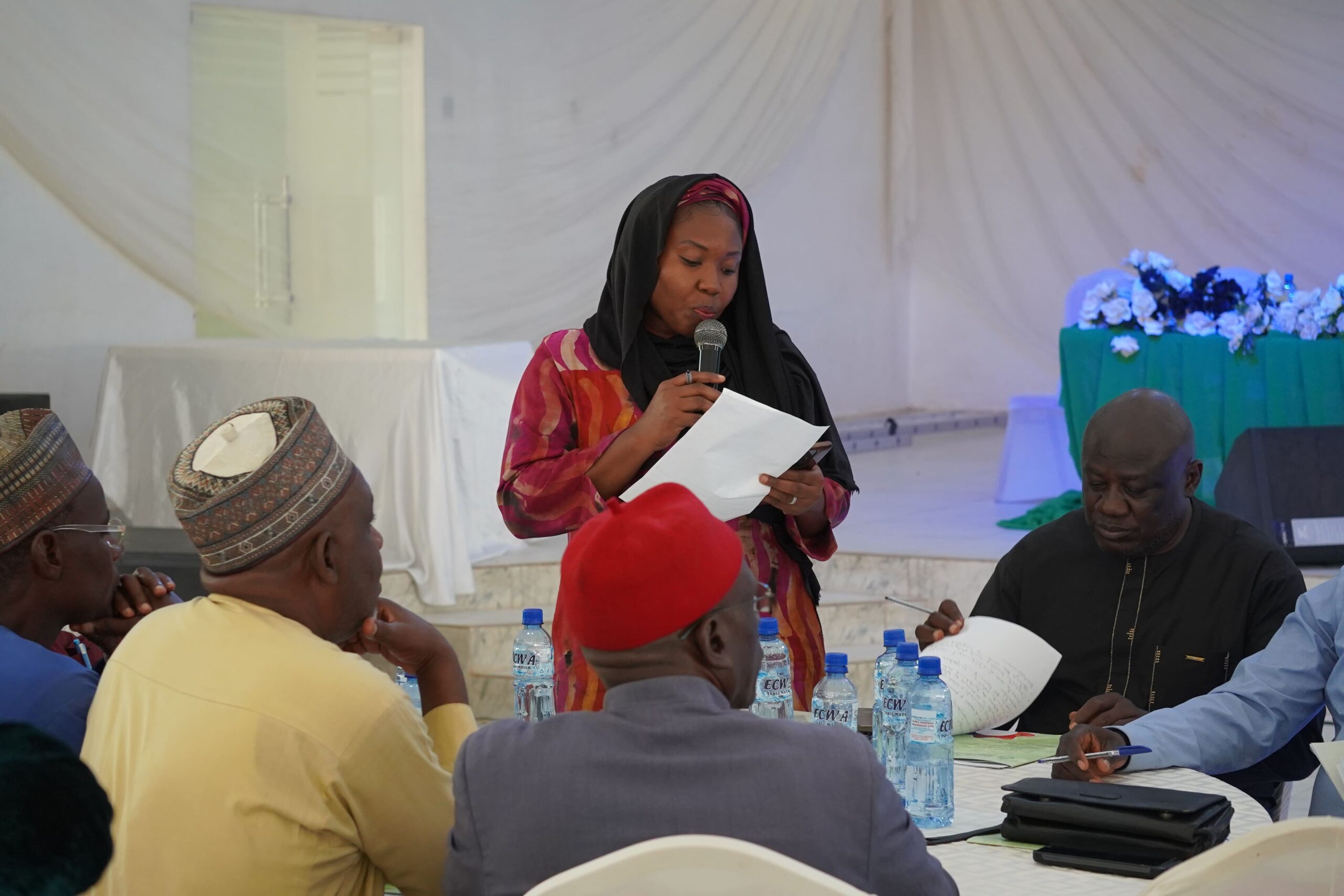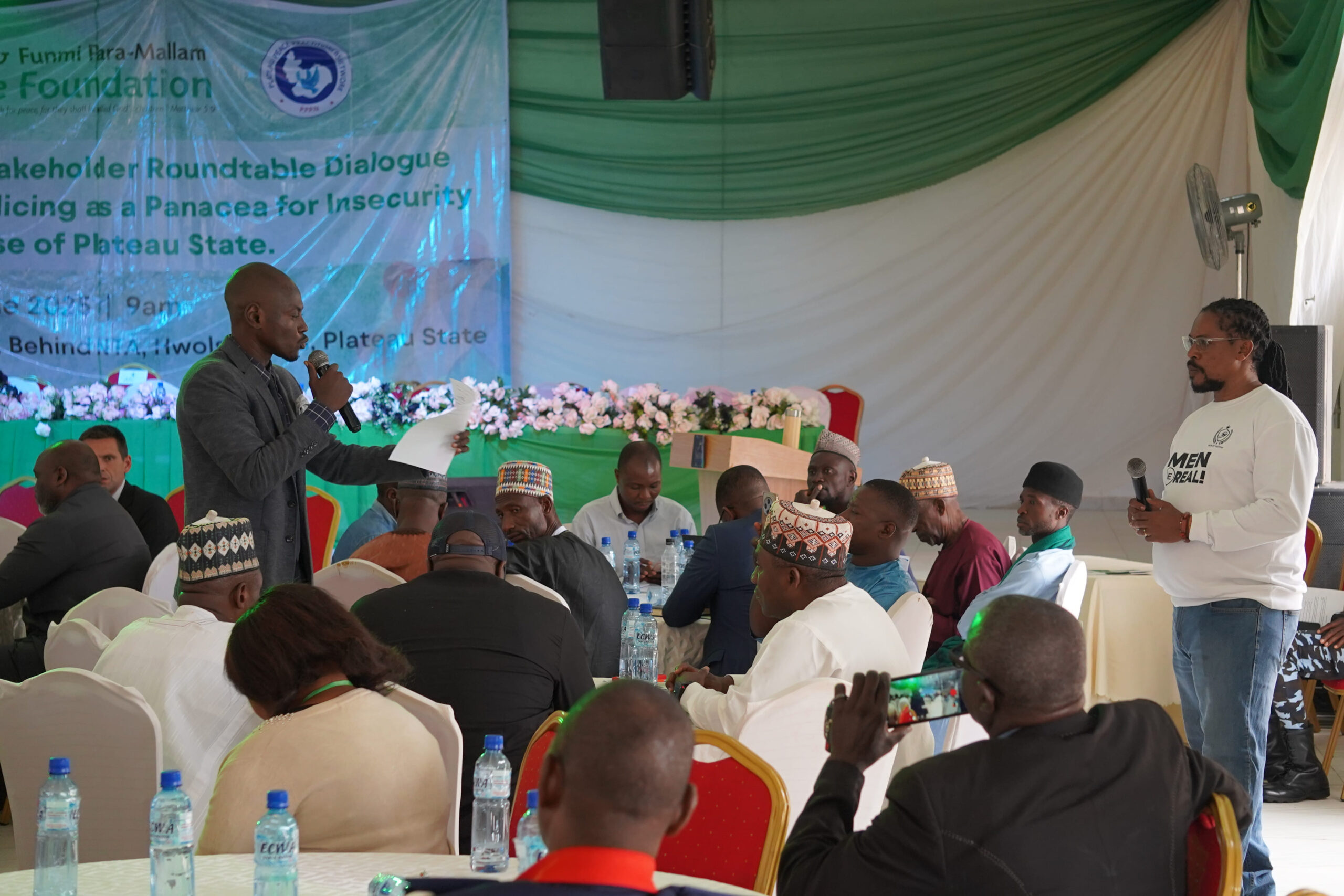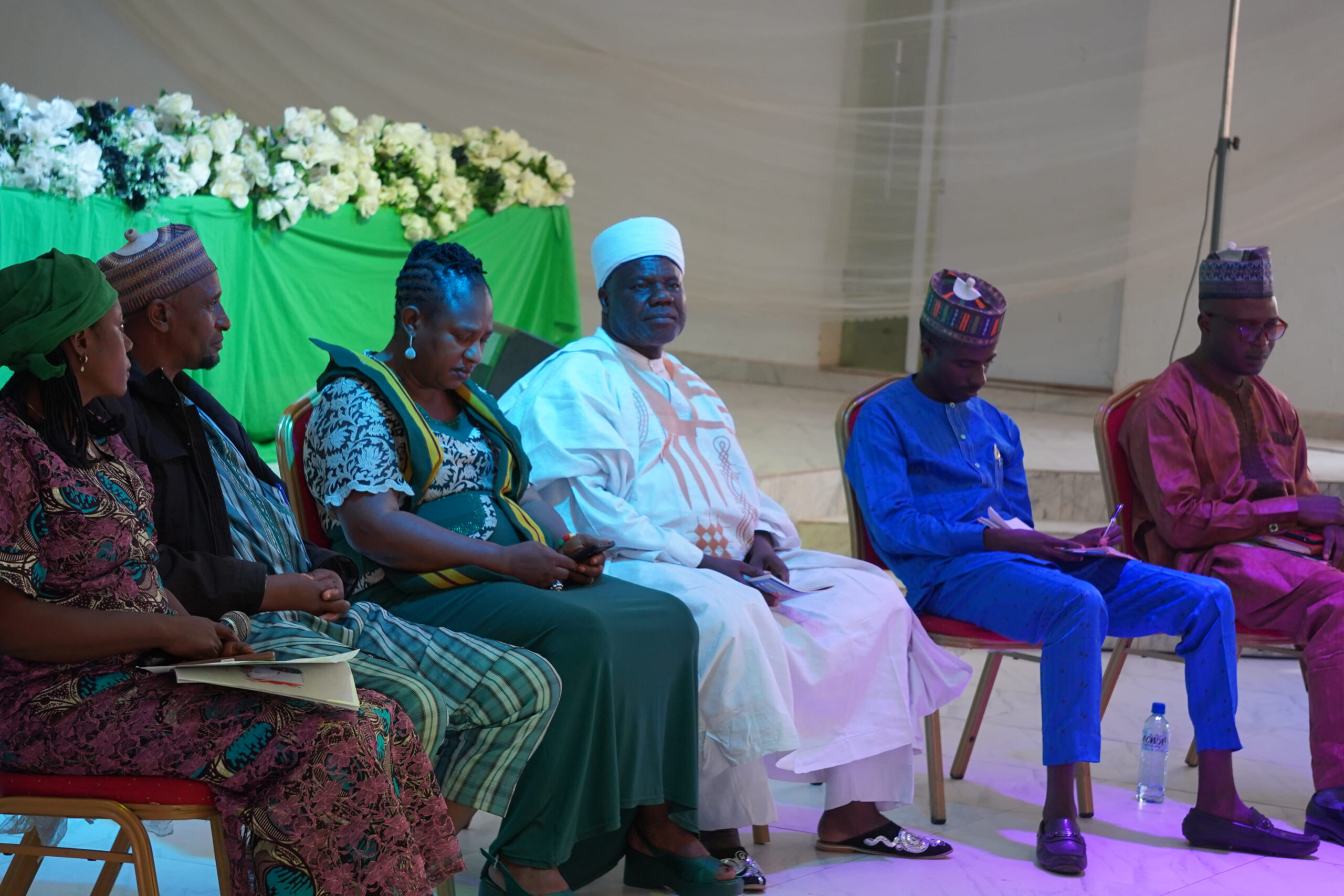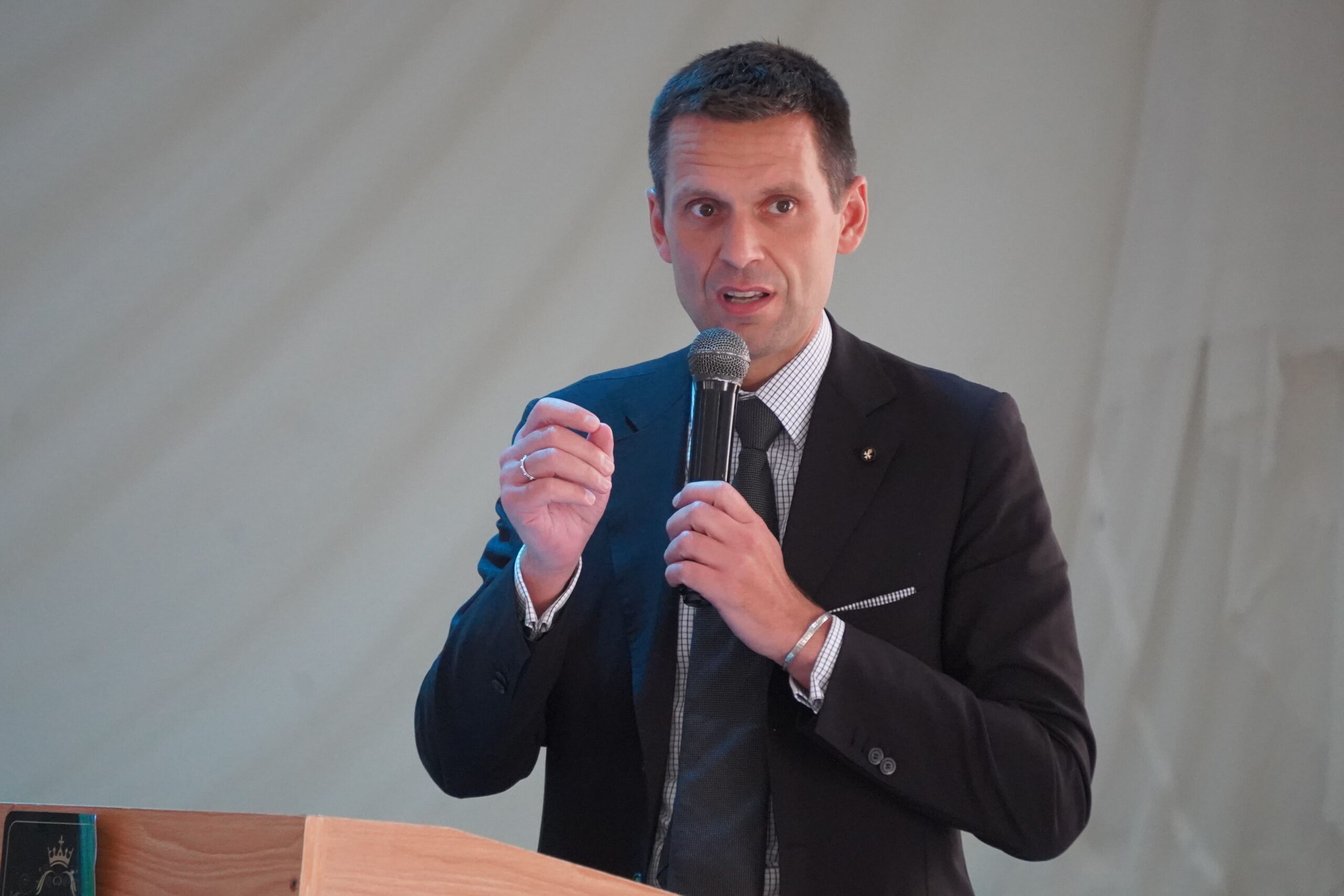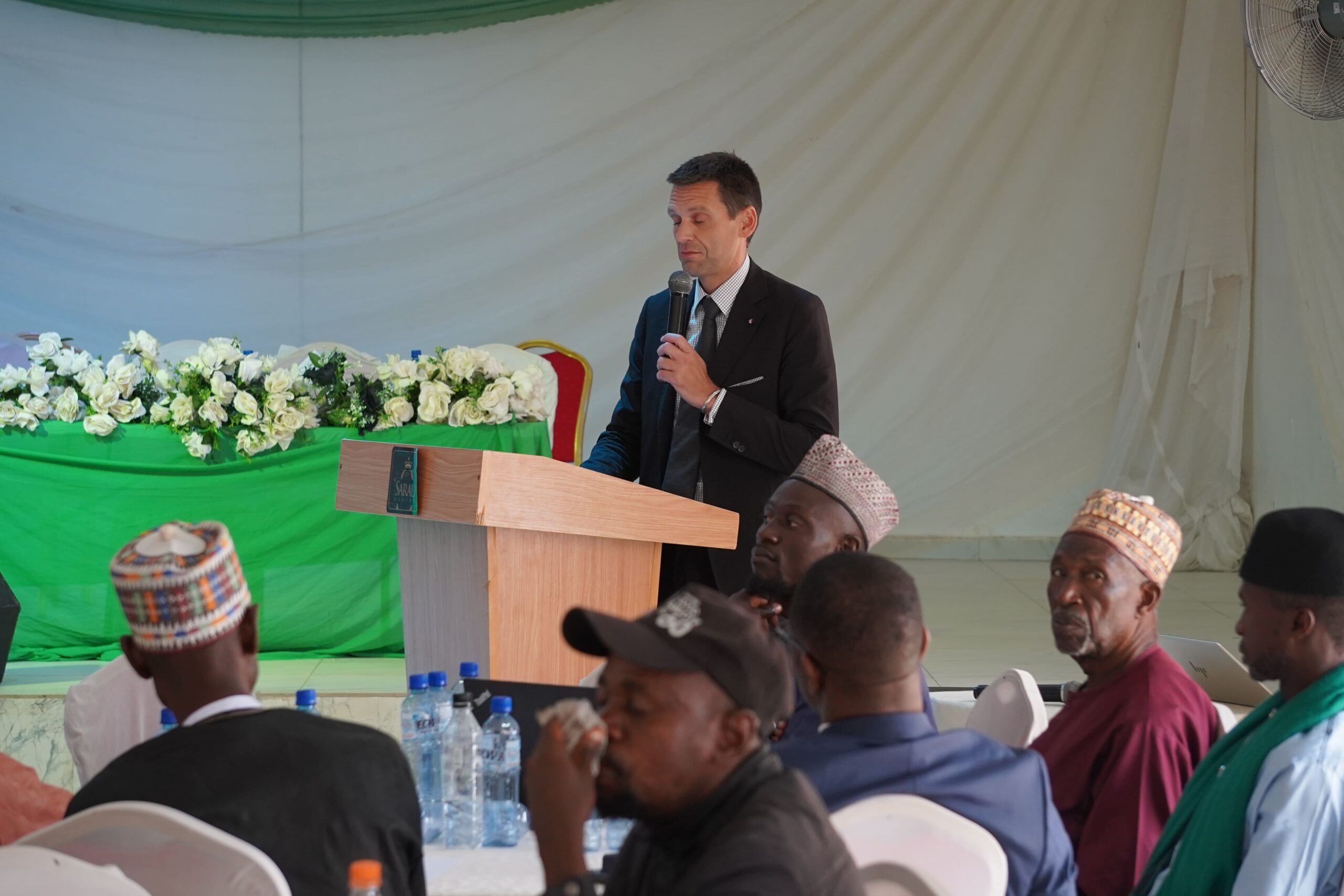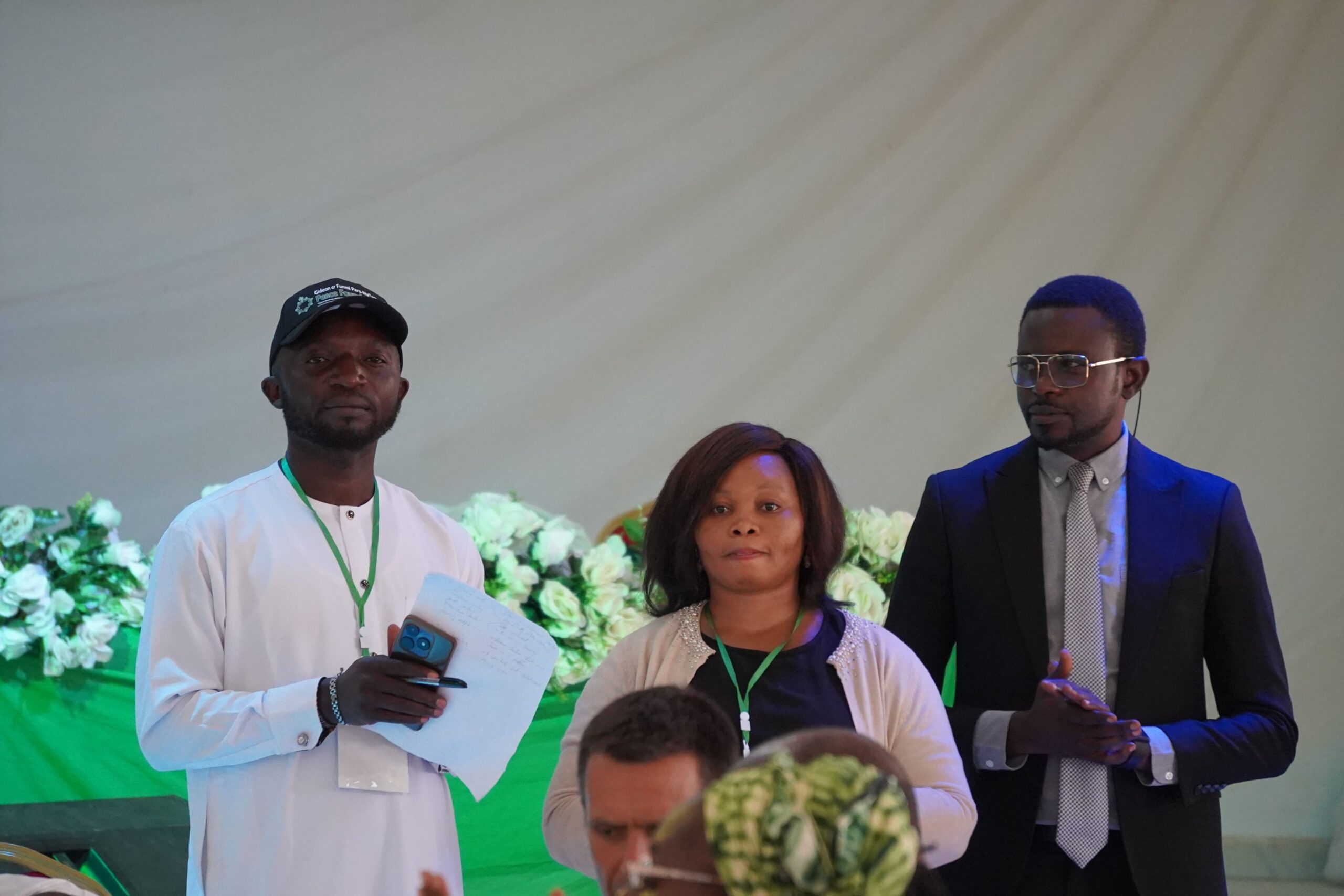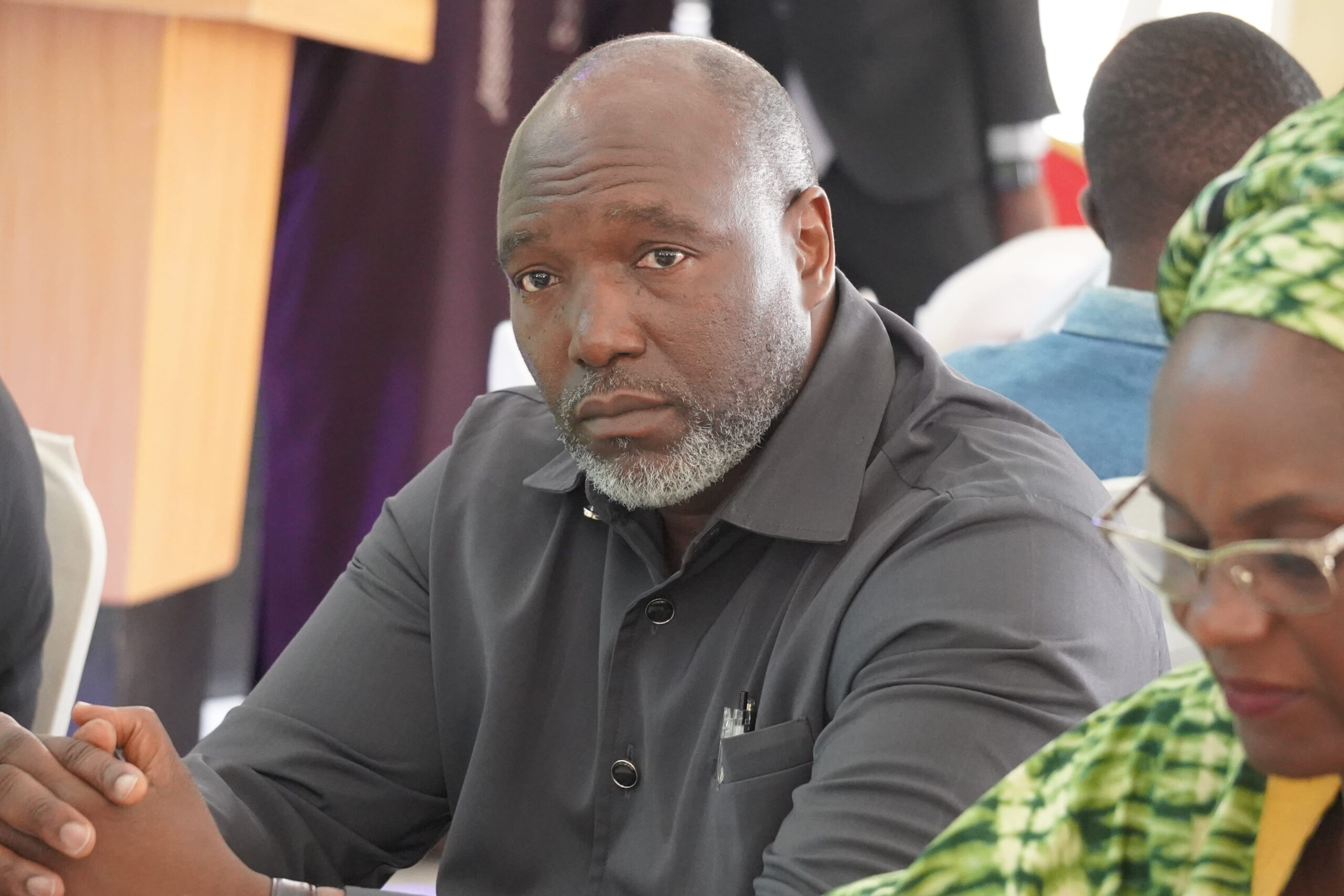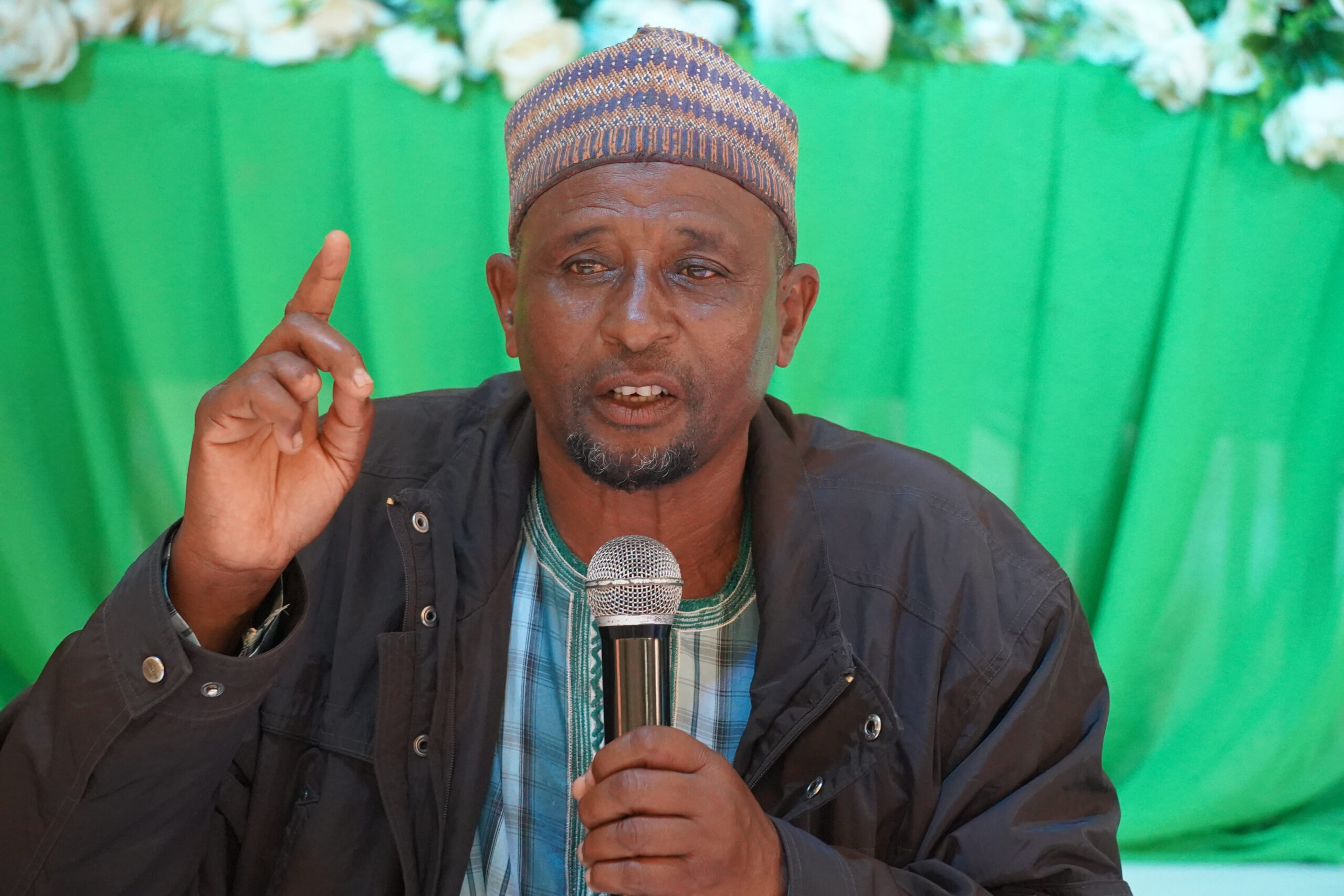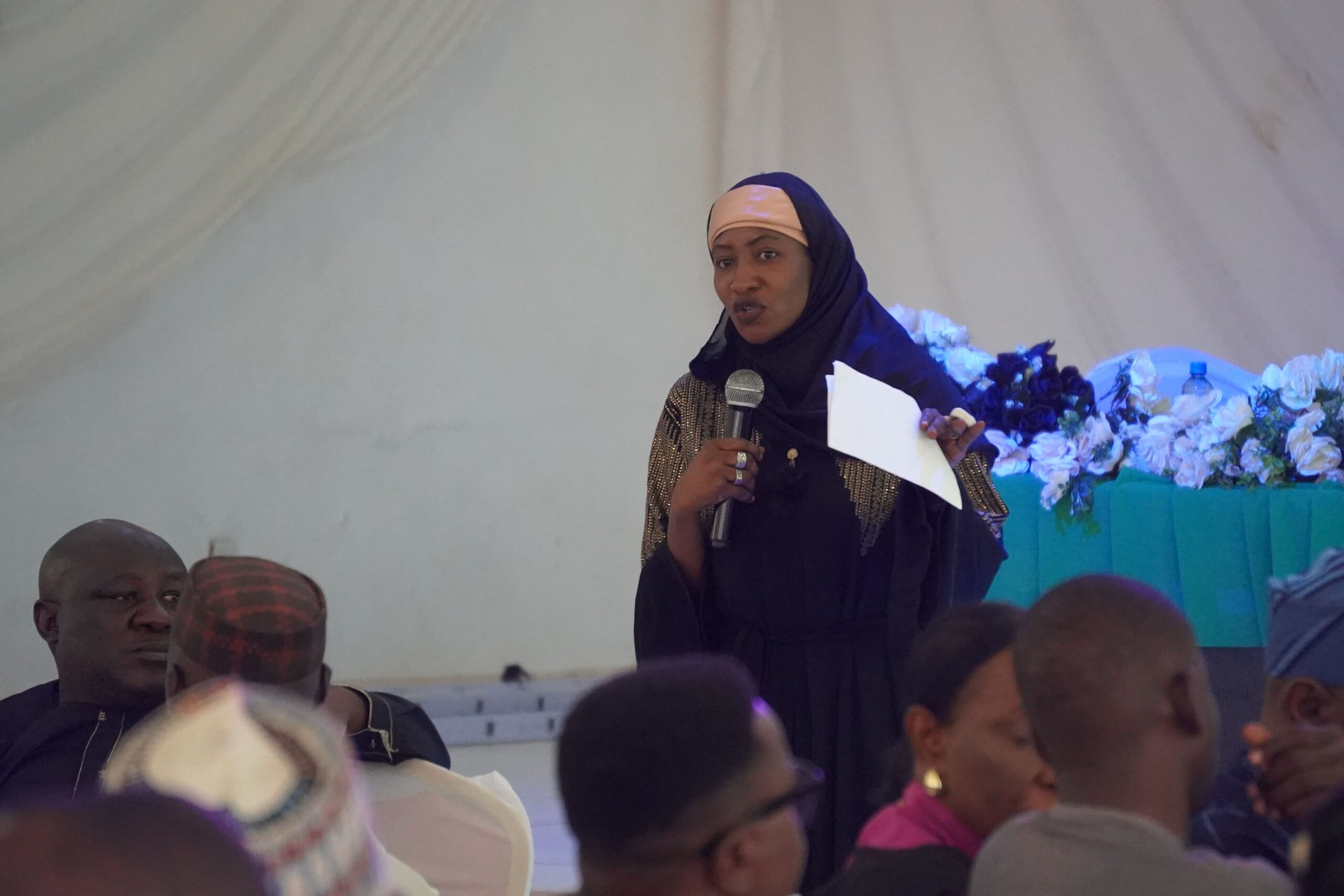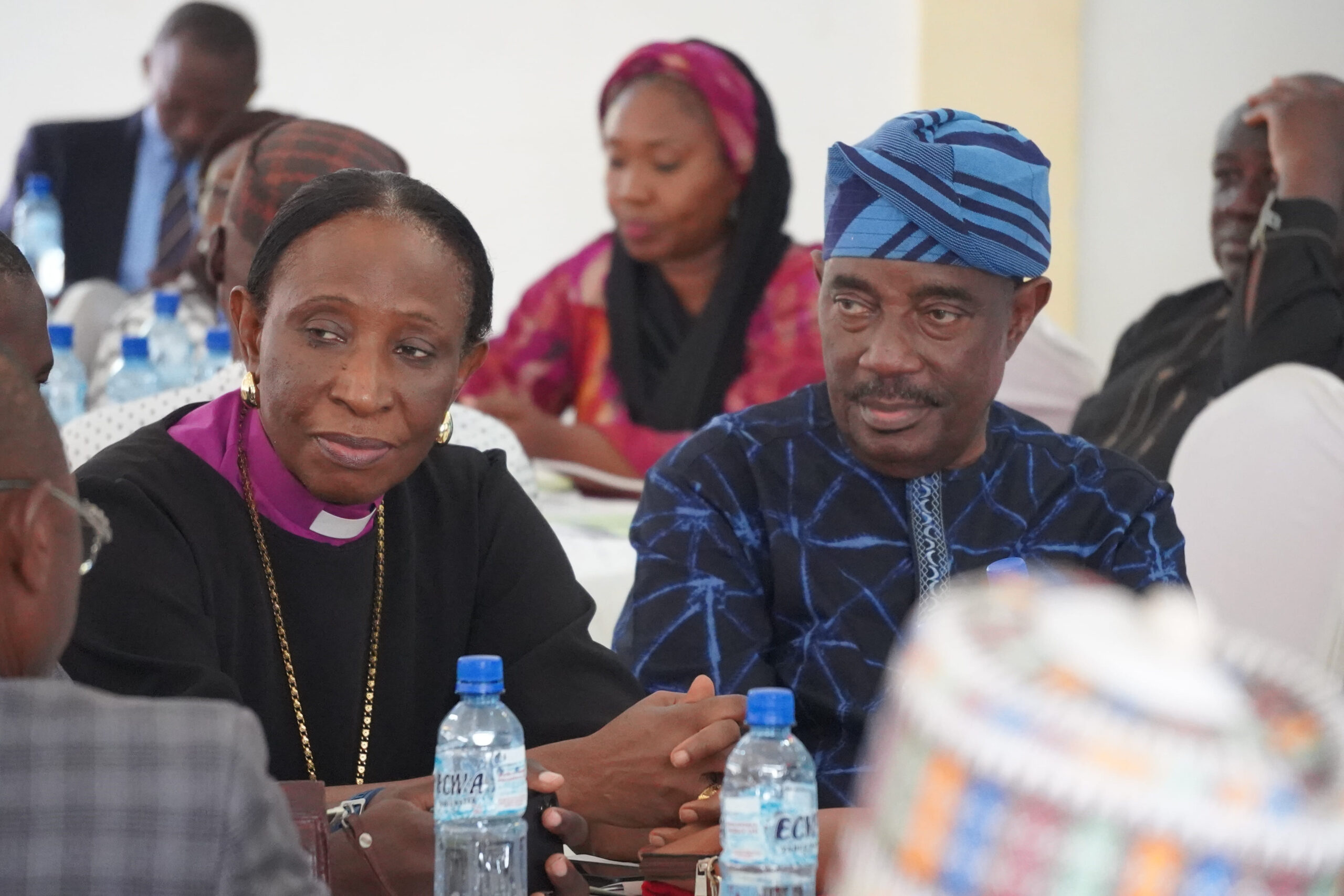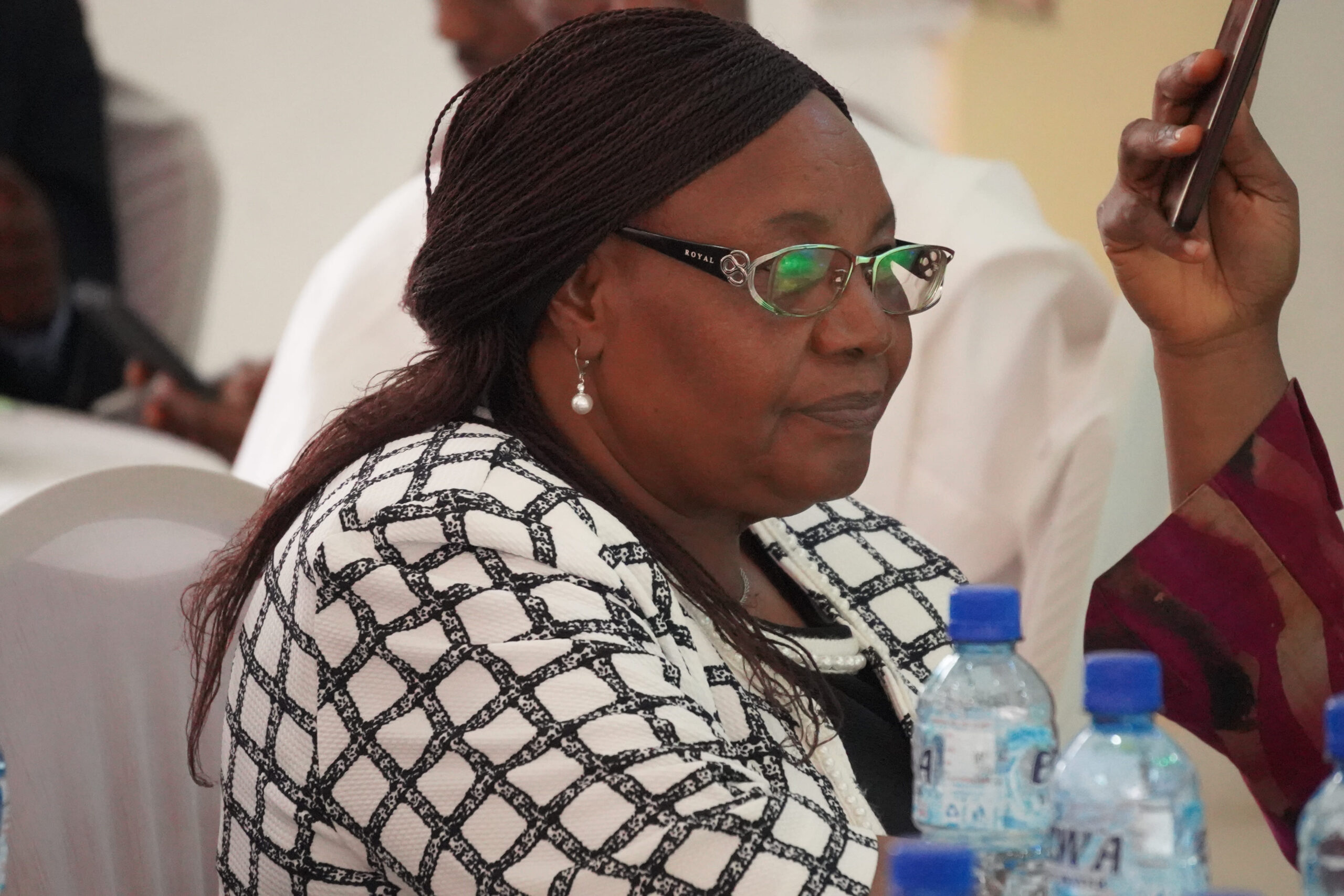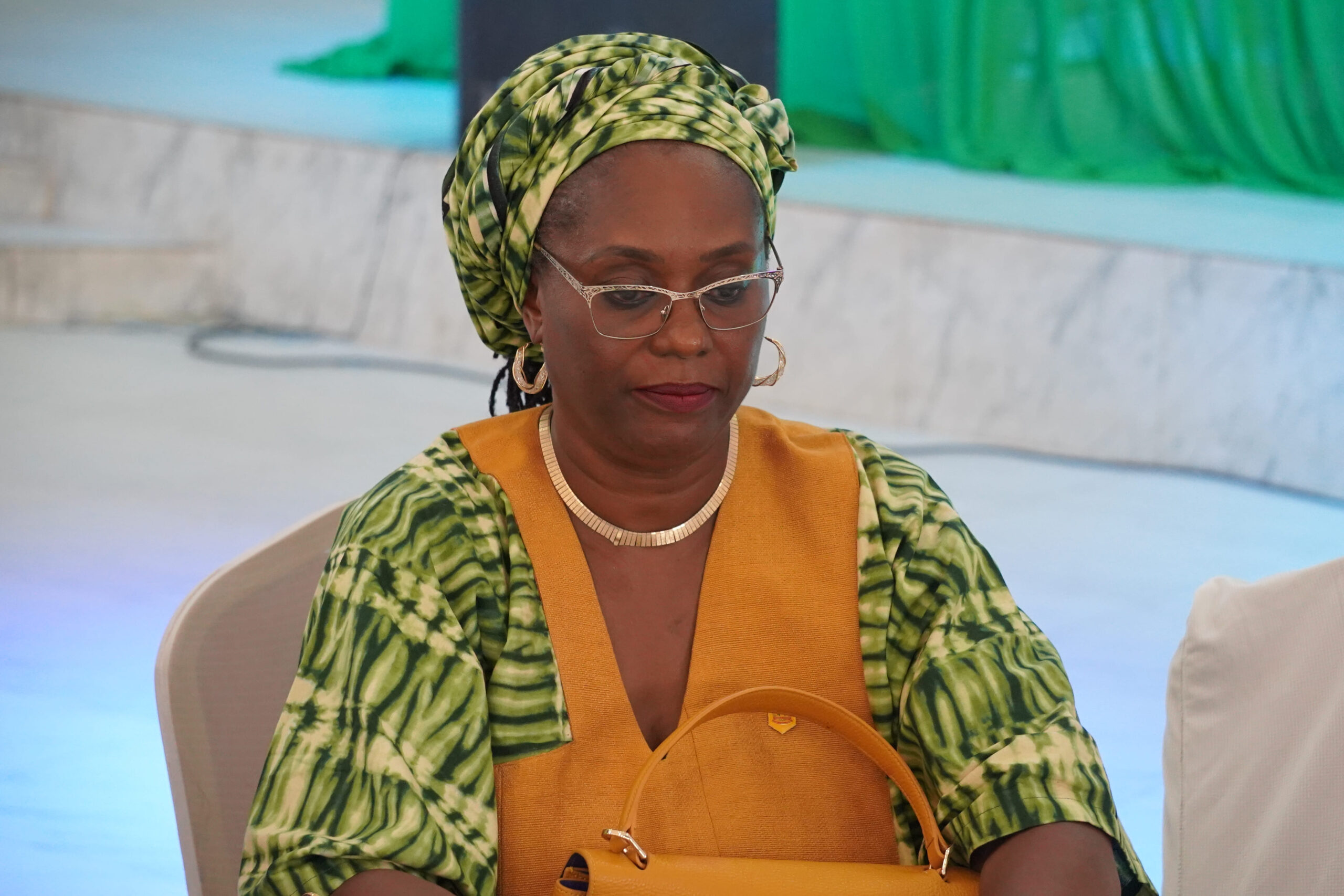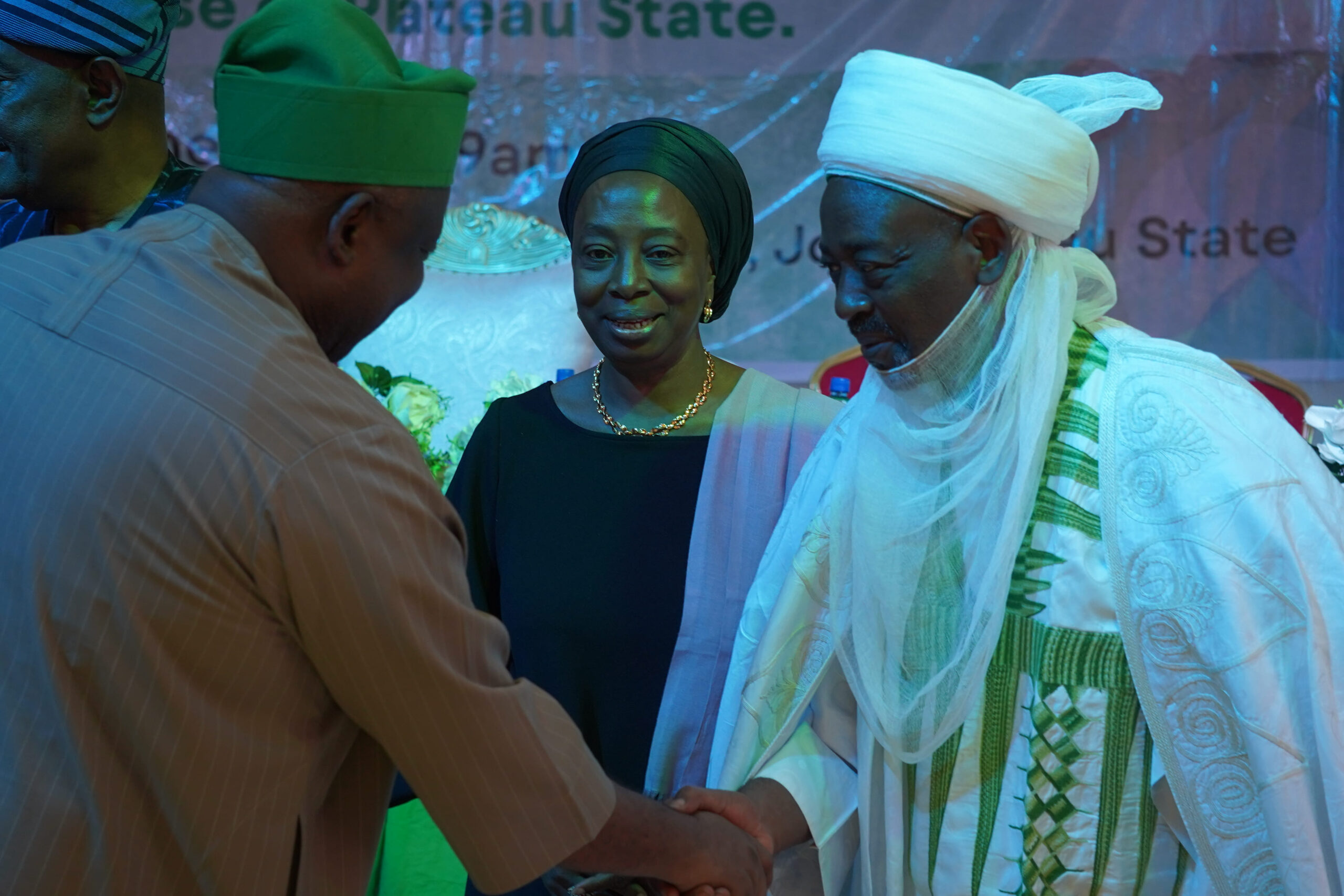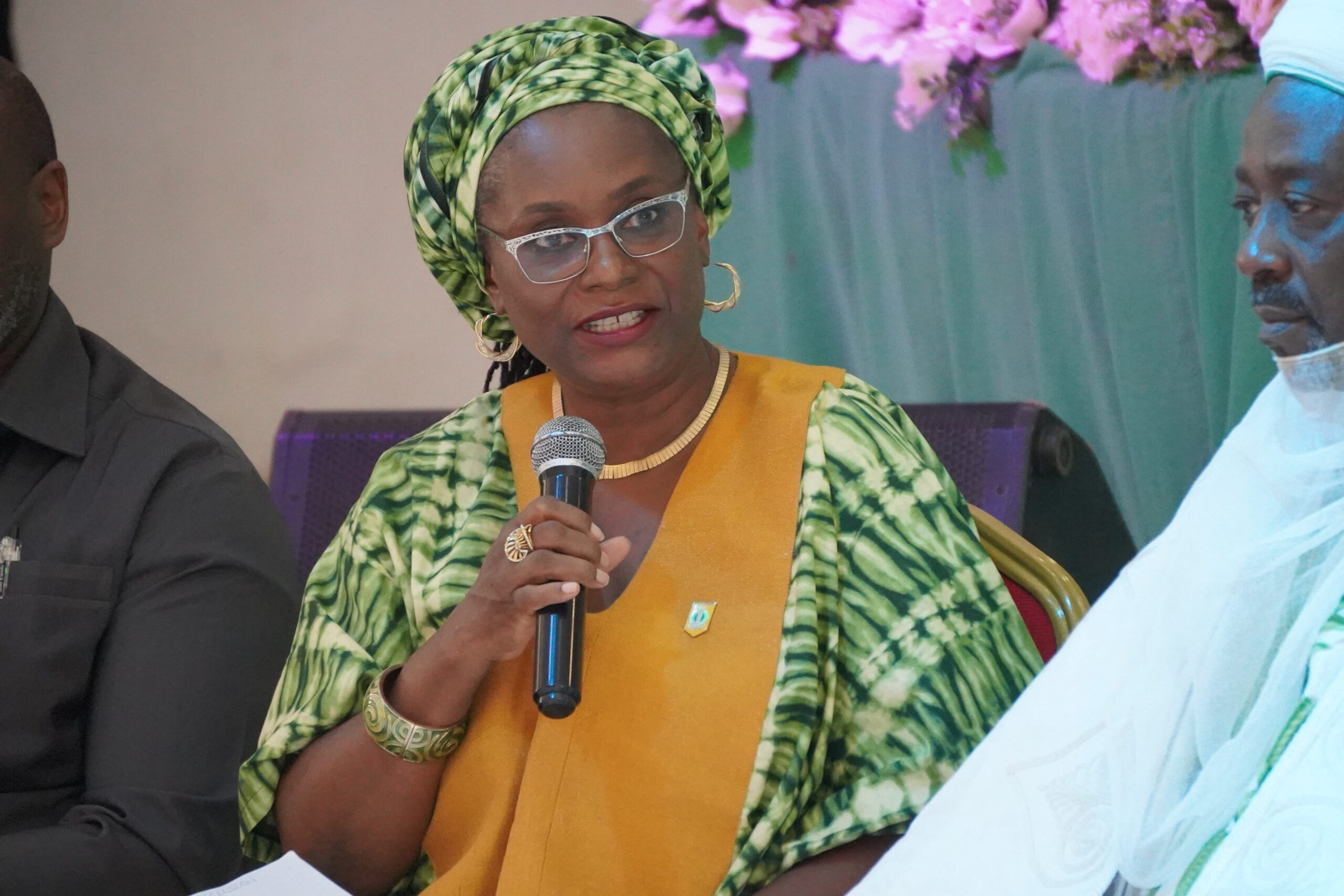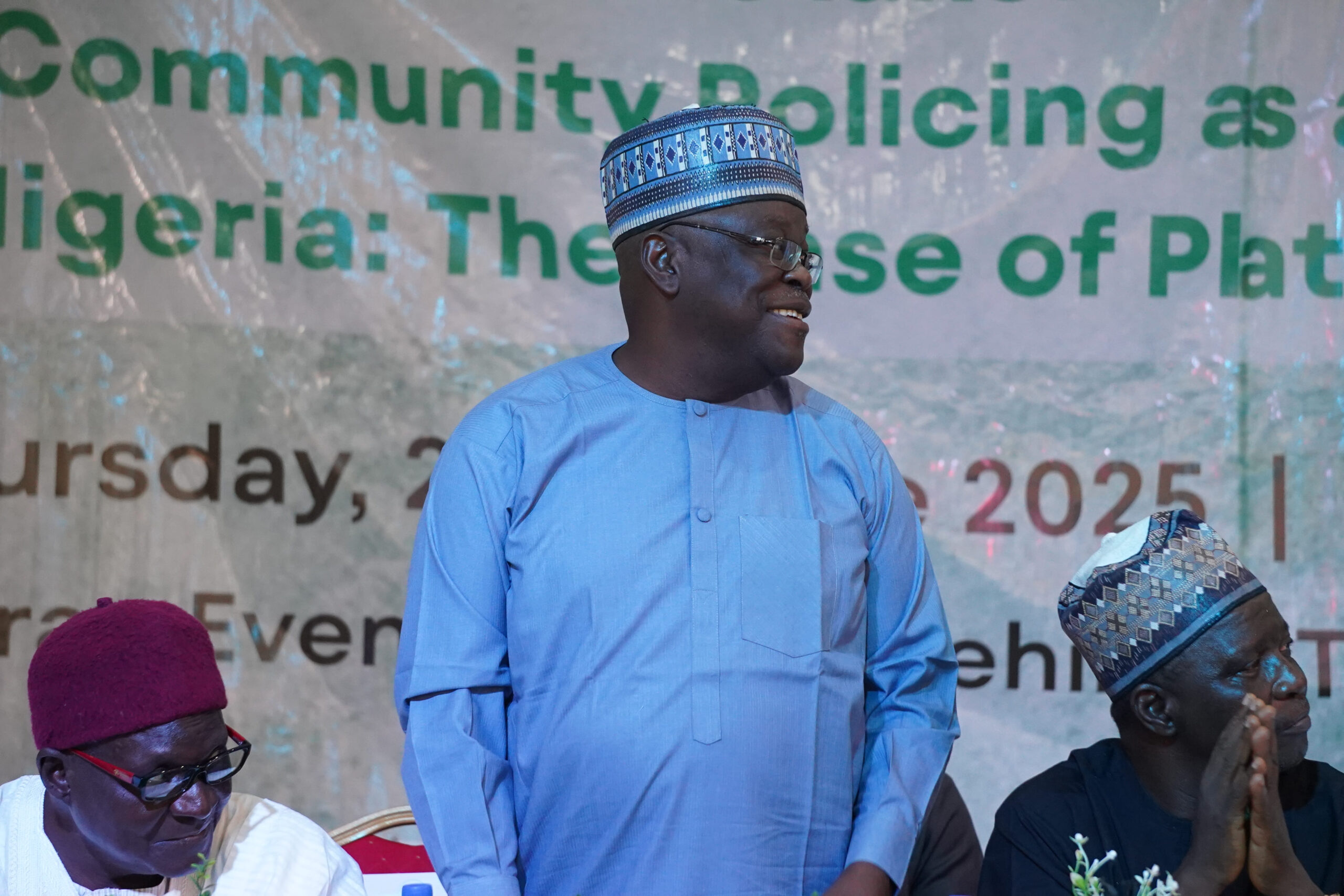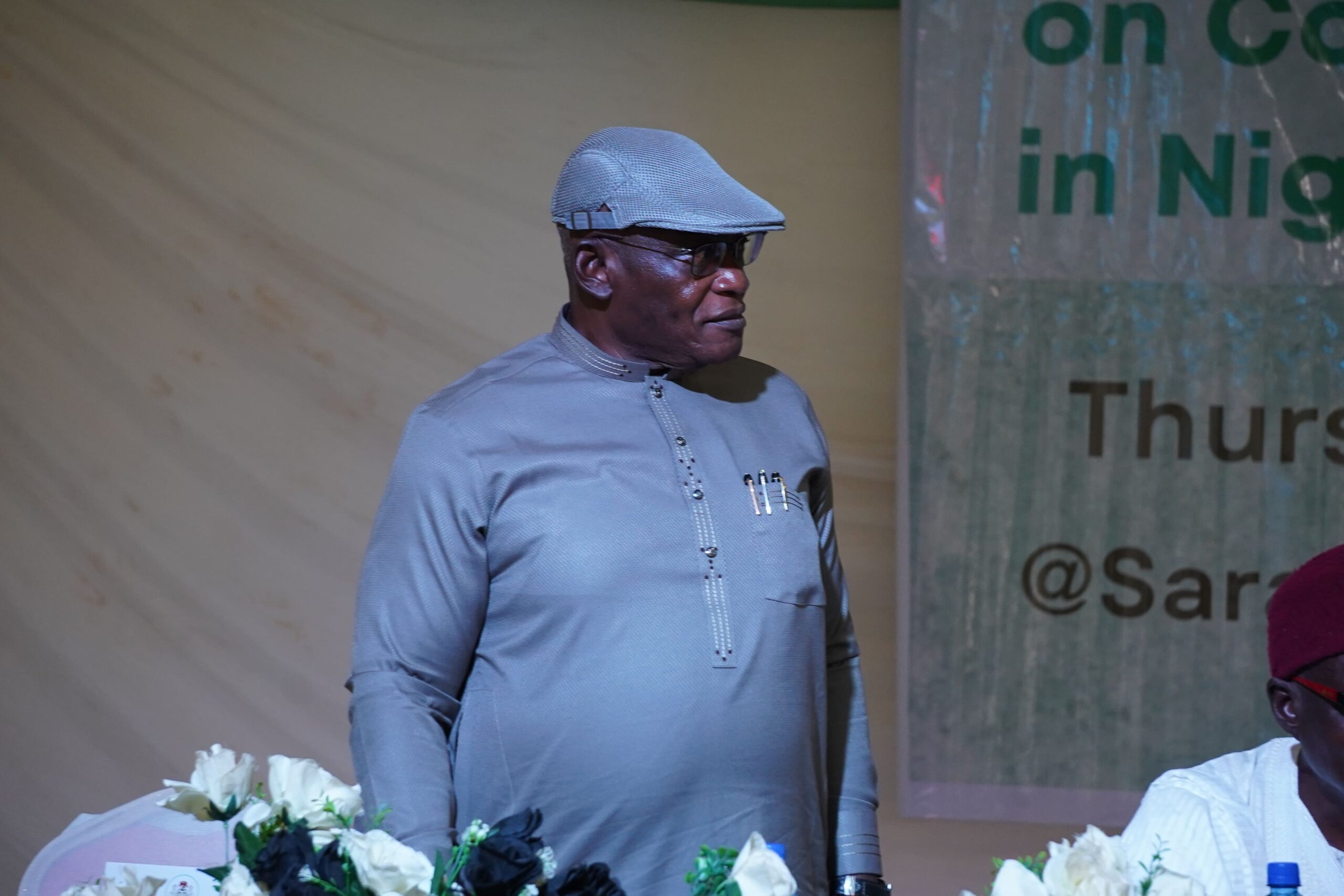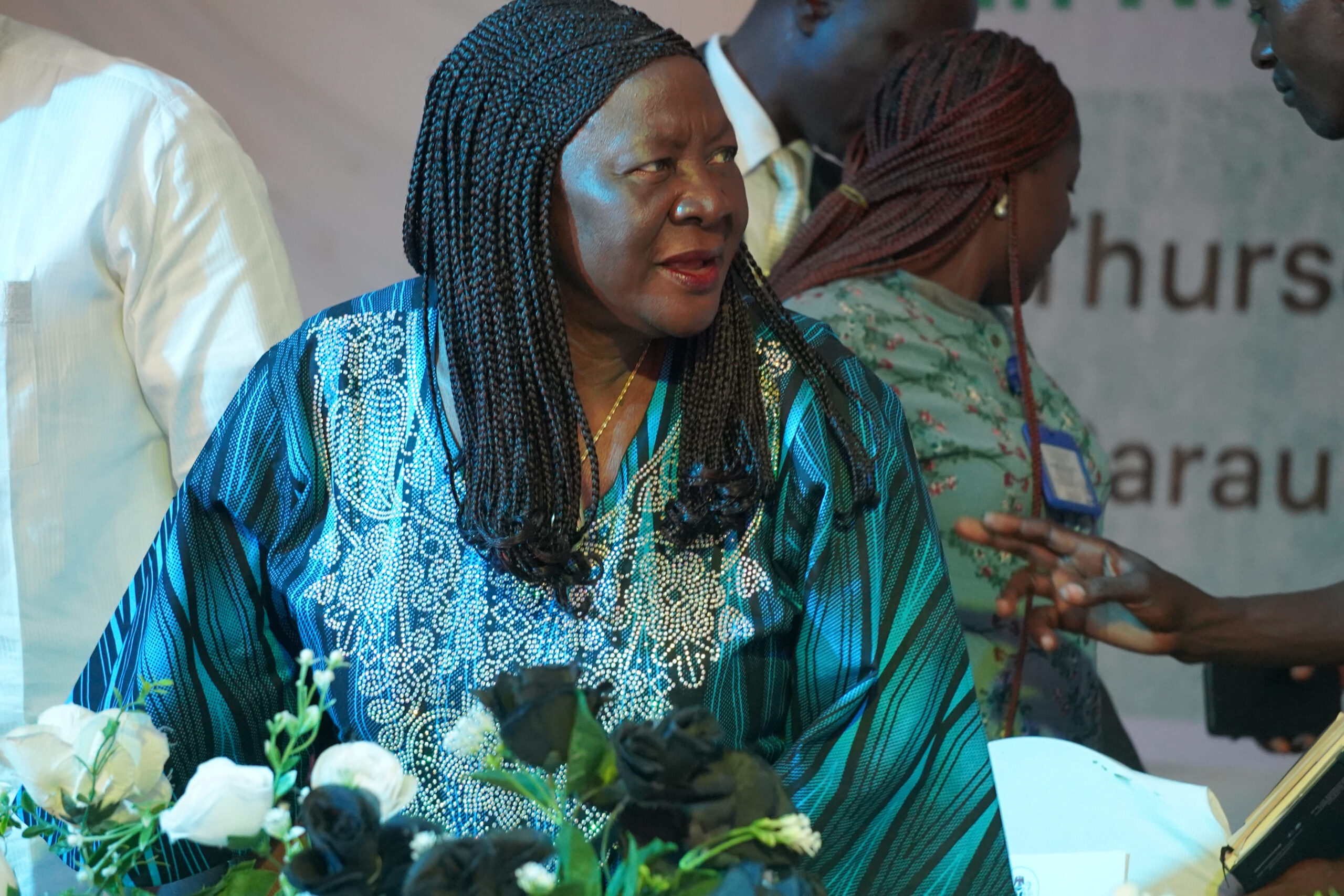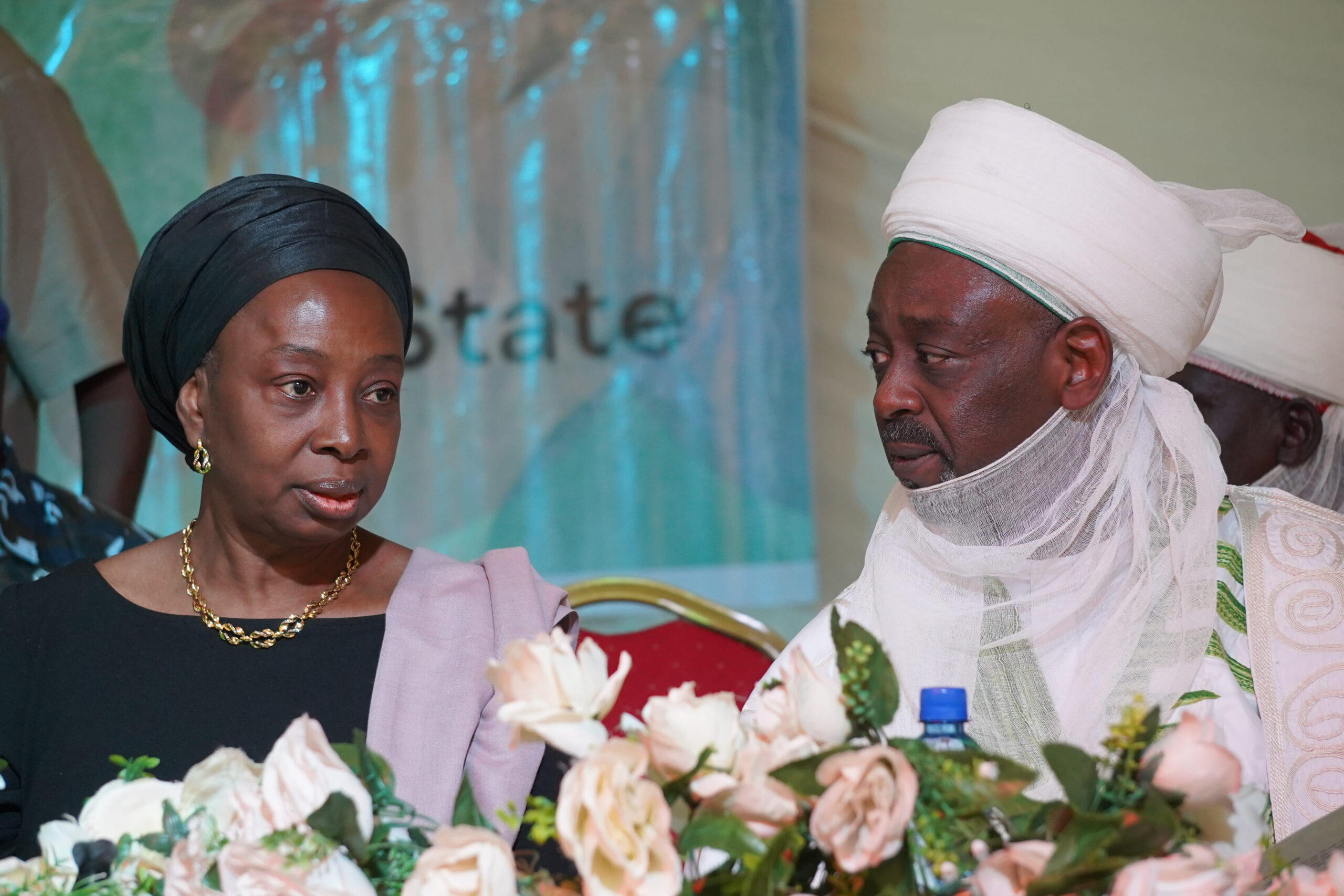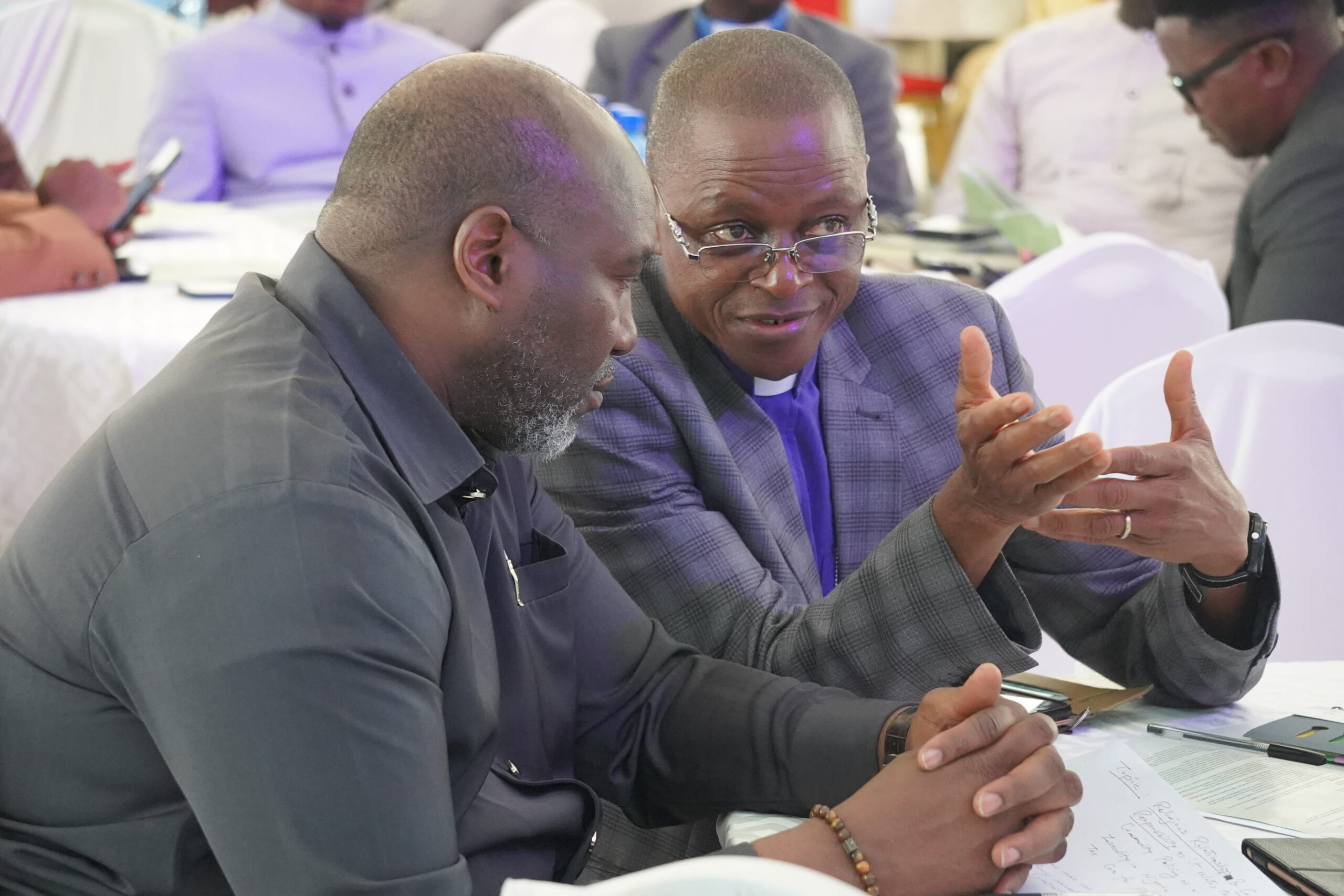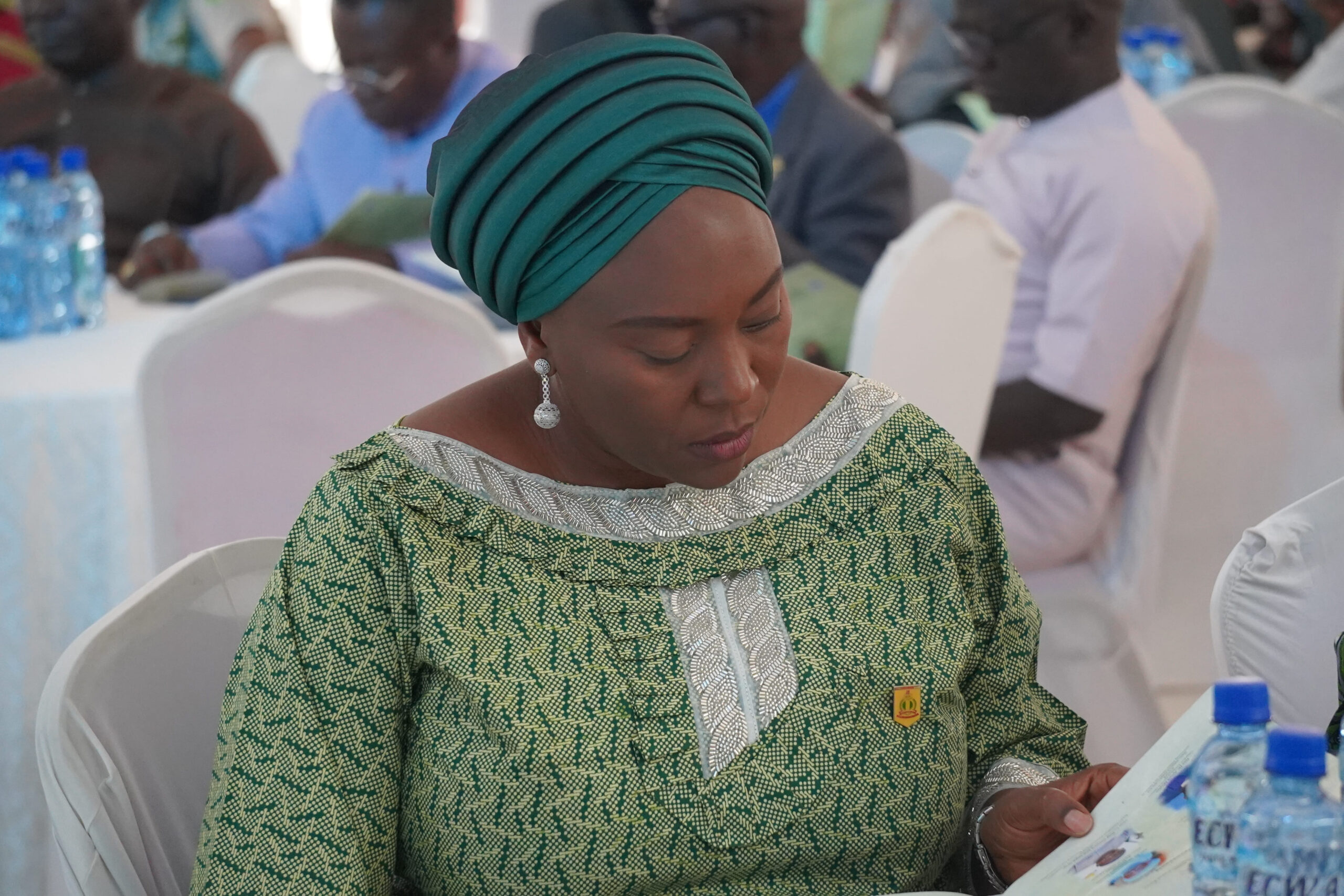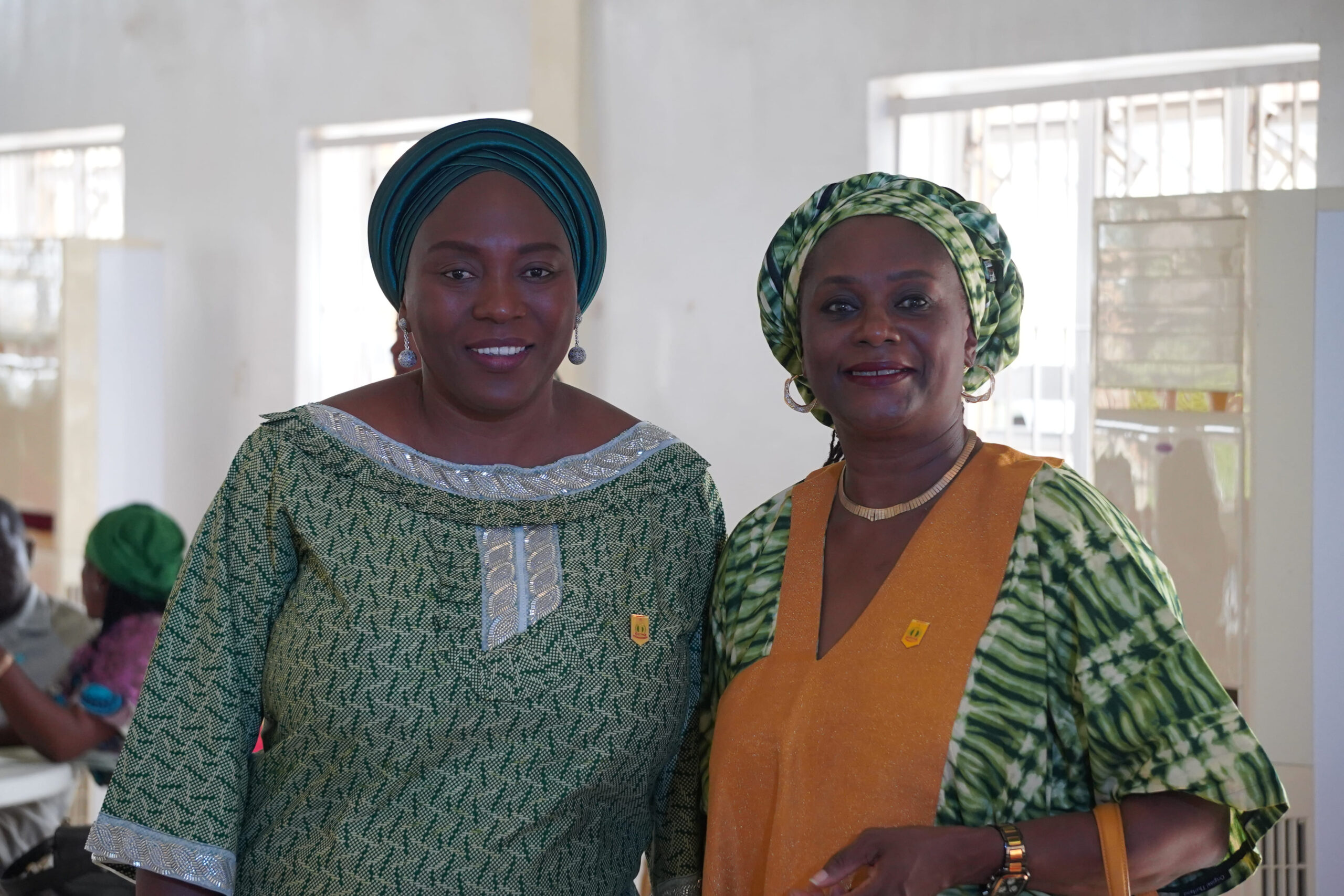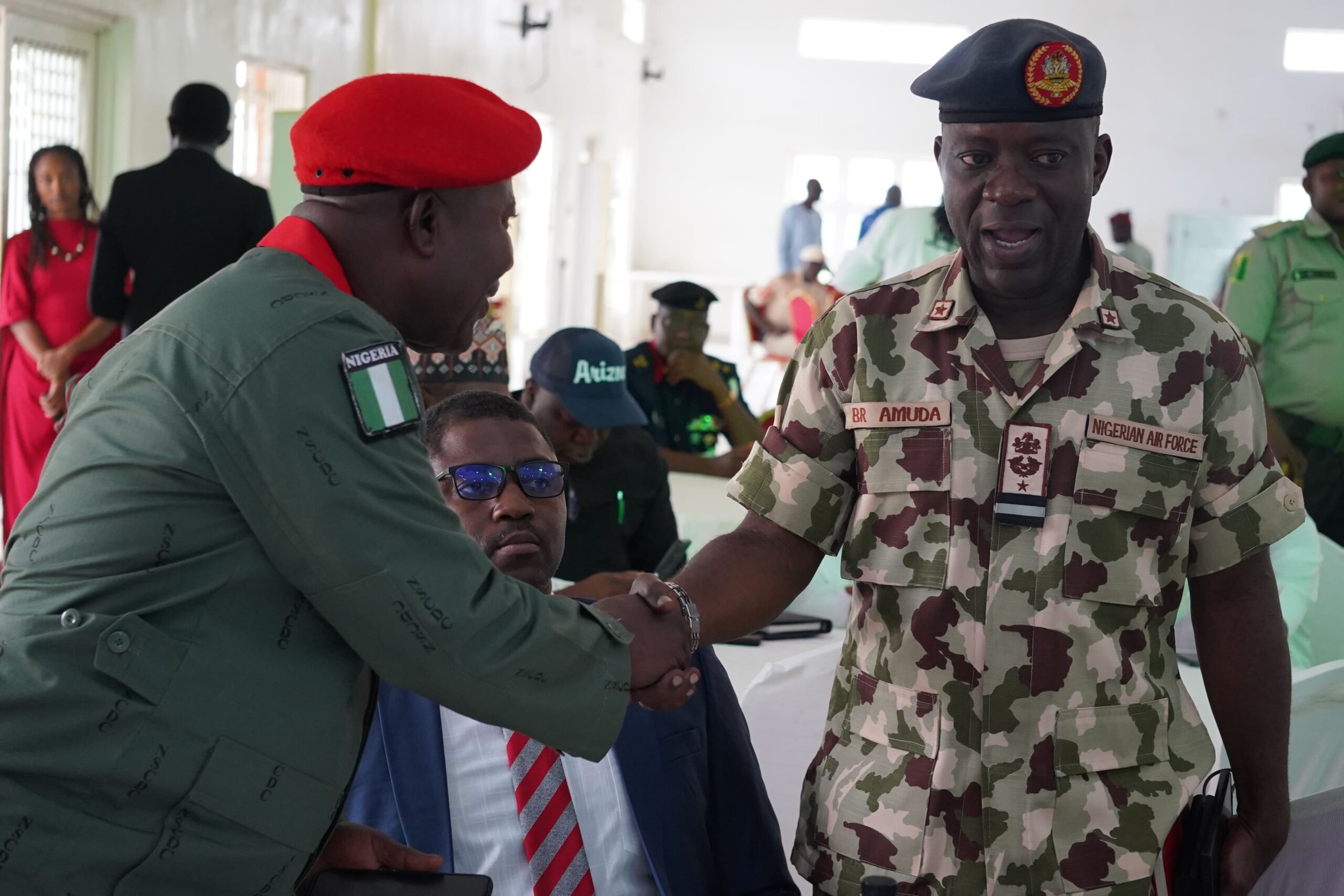In response to the persistent insecurity and violent conflicts across Plateau State, The Gideon & Funmi Para-Mallam Peace Foundation, in partnership with the Plateau Peace Practitioners Network (PPPN), hosted a One-Day Roundtable Dialogue. The event brought together diverse stakeholders from different security sectors, government institutions, traditional rulers, religious leaders, civil society organizations, and some of the communities affected by violence; to reflect on the potentials and practicalities of community policing and state police as a viable security alternative.
In his powerful and sobering opening remarks, Dr. Gideon Para-Mallam, a renowned peace advocate and President of the Para-Mallam Peace Foundation, drew national attention to the staggering human cost of insecurity in Plateau State stating that several people have been killed, underscored the urgency for sectoral reform in Nigeria’s internal security, emphasizing the critical need for developing community-based security frameworks.
The keynote paper was delivered by Dr. Solomon Arase, former Inspector General of Police. In his address, Dr. Arase presented a community policing model emphasizing the need for localized, trust-based policing strategies that empower communities to take proactive roles in maintaining peace. He highlighted the model’s core pillars: collaboration, intelligence-sharing, accountability, and public trust noting that these elements are crucial to bridging the gap between the public and security institutions in fragile contexts like Plateau. However, the former Inspector General also noted key limitations, such as lack of funding, politicization of local security structures, and inter-agency rivalry.
The special guest of honour, the Executive Governor of Plateau State, His Excellency, Barr. Caleb M. Mutfwang, and the Deputy governor, Her Excellency, Ngo Josephine Piyo. The Governor in his speech acknowledged that the elites manipulate the narratives which not only fuels Nigeria’s insecurity. He urged sincerity, integrity and courage especially from those privileged to influence public opinion and policy. The Governor elaborated on the benefits of community policing, stating that the current centralized policing structure is overstretched and ineffective. He commended the Para-Mallam Peace Foundation for consistently advocating for peace, healing, and justice, and for amplifying the voices of victims of violence across the state.
Several high-level representatives delivered goodwill messages reaffirming their support for community-driven peace initiatives:
Dr. Julie Sanda, Director General, Plateau Peace Building Agency (PPBA), emphasized the importance of multi-stakeholder collaboration and the integration of traditional institutions into security frameworks.
CP E.O. Adesina, Plateau State Commissioner of Police, underscored the ongoing efforts by the Nigeria Police Force to strengthen civil-military relationships.
General Mo Agi, representing the Commander of Operation Safe Haven, spoke on the role of military-civil engagement in reducing communal tensions and affirmed the military’s commitment to supporting grassroots security structures.
A panel of discussants was facilitated by Prof. Funmi Para-Mallam,mni looked at the practicalities, cultural dynamics, and sustainability of community policing. The session featured four respected panelists: HRH Alh. Dr. Muhammad Sambo Haruna (Emir of Wase), who spoke on the role of traditional institutions in sustaining peace and leveraging existing community structures. HRH Yakubu Chimang (Ata Atang of Ganawuri), who highlighted inter-ethnic cooperation and the role of community-based dialogue platforms. Rev. Dunka Gomwalk, Senior Pastor of Covenant Word Christian Centre International, addressed the theological and moral dimensions of justice and peace, stressing the church’s role in peacebuilding. Brigadier General Gakji Goshwe Shipi, Commander of Operation Rainbow, shared operational insights into community-led early warning and response systems, and their relevance in Plateau’s current security architecture.
A key highlight of the roundtable was the “Voices from the Field” session, where participants from conflict-prone areas such as Mangu, Bokkos, Barkin-Ladi and Bassa. The stories ranged from personal losses and trauma to ongoing efforts at community reconciliation, self-organization for neighborhood security, and appeals for increased government support. These testimonies served as a stark reminder of the human cost of insecurity and the need to localize peace efforts.
Stakeholders at the roundtable made some strategic recommendations aimed at strengthening community policing across Plateau State. Key takeaways include:
Institutional Support: Government at all levels should provide legal and logistical support for community policing frameworks.
Tech-incorporation: There is need to incorporate digital technology and artificial intelligence into the community policing frameworls for effectiveness,
Capacity Building: There is a pressing need to train local peace actors and community vigilante groups in conflict sensitivity, human rights, and mediation. Inter-security agencies
Collaboration: Security agencies need to harmonize efforts and share intelligence with local actors in real-time.
Victim-Centered Approaches: Programs should prioritize healing and reintegration for survivors and affected communities.
Sustainability: Community policing must be embedded in broader peacebuilding strategies to ensure long-term impact.
The roundtable served as a bold and timely intervention toward repositioning security in Plateau State as everyone’s business. It demonstrated the value of inclusive dialogue and practical engagement in addressing complex insecurity challenges. As insecurity continues to evolve, the Gideon & Funmi Para-Mallam Peace Foundation and the Plateau Peace Practitioners Network reaffirm their commitment to building peaceful, resilient, and secure communities across Nigeria — starting from the grassroots.
